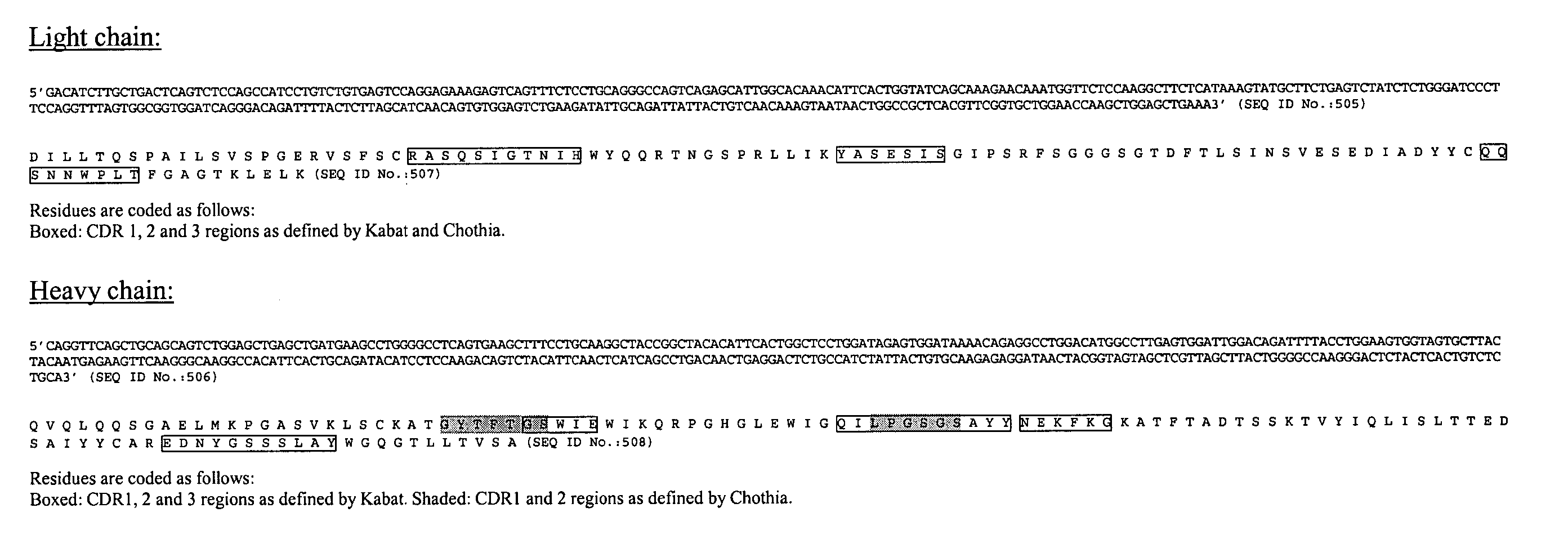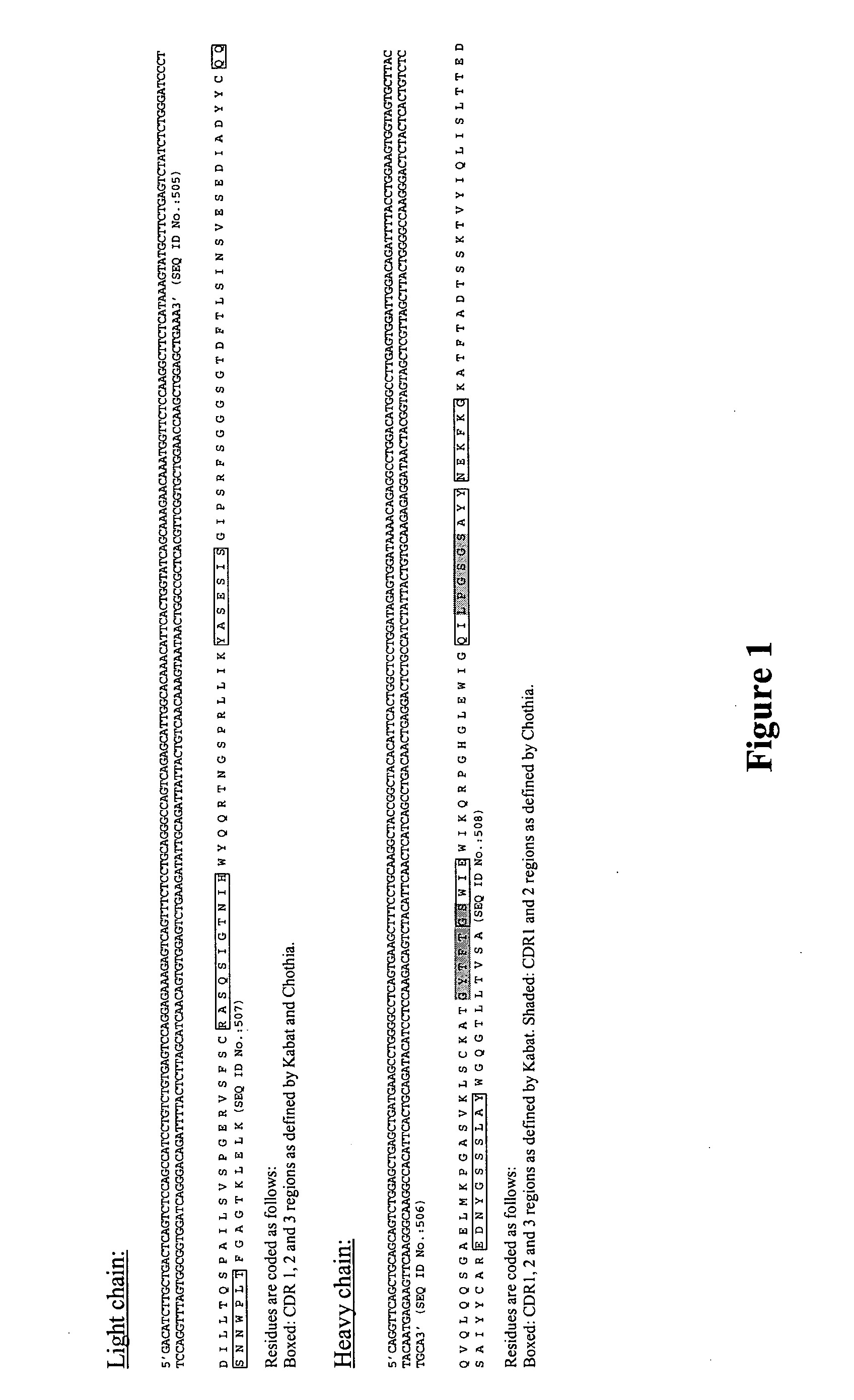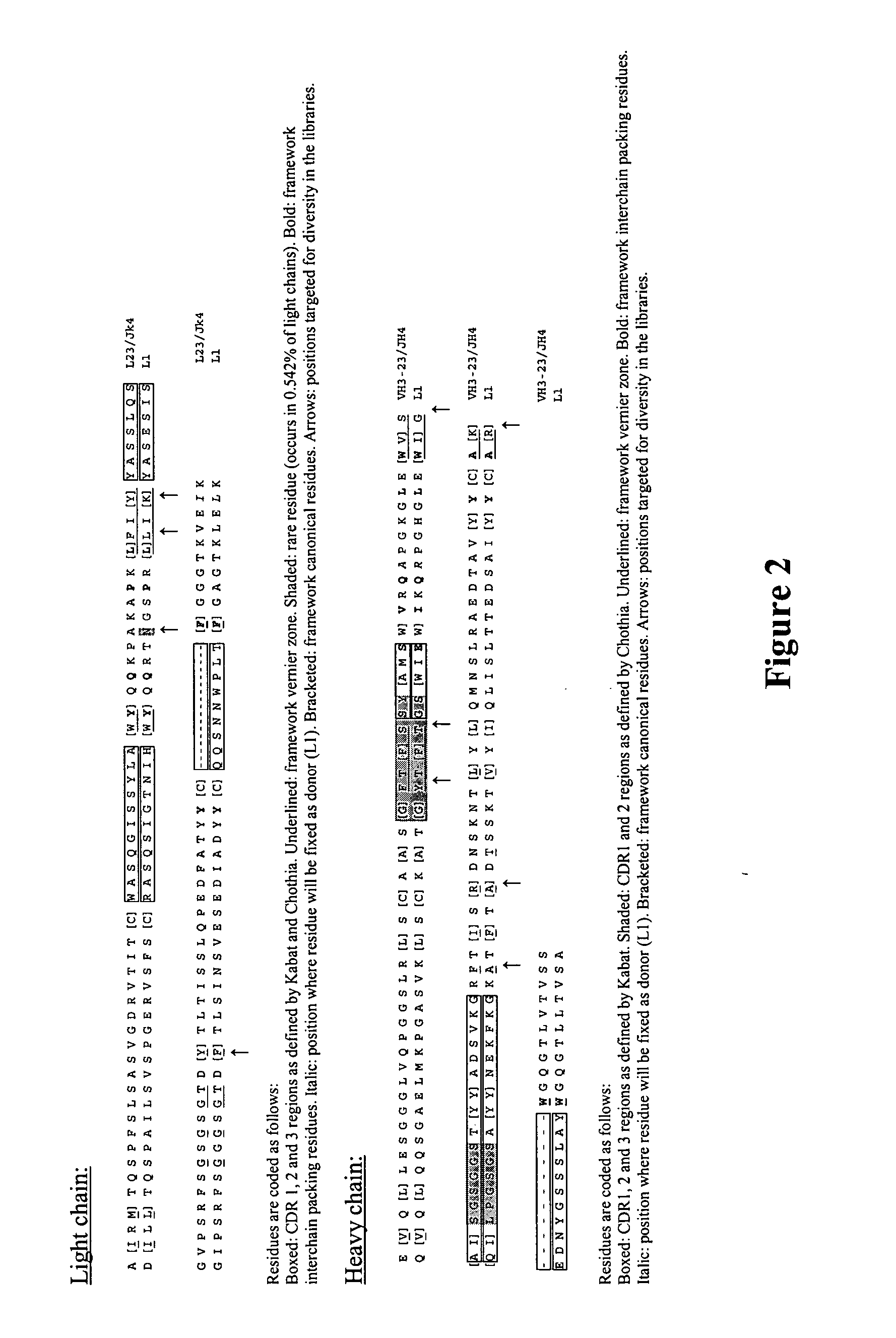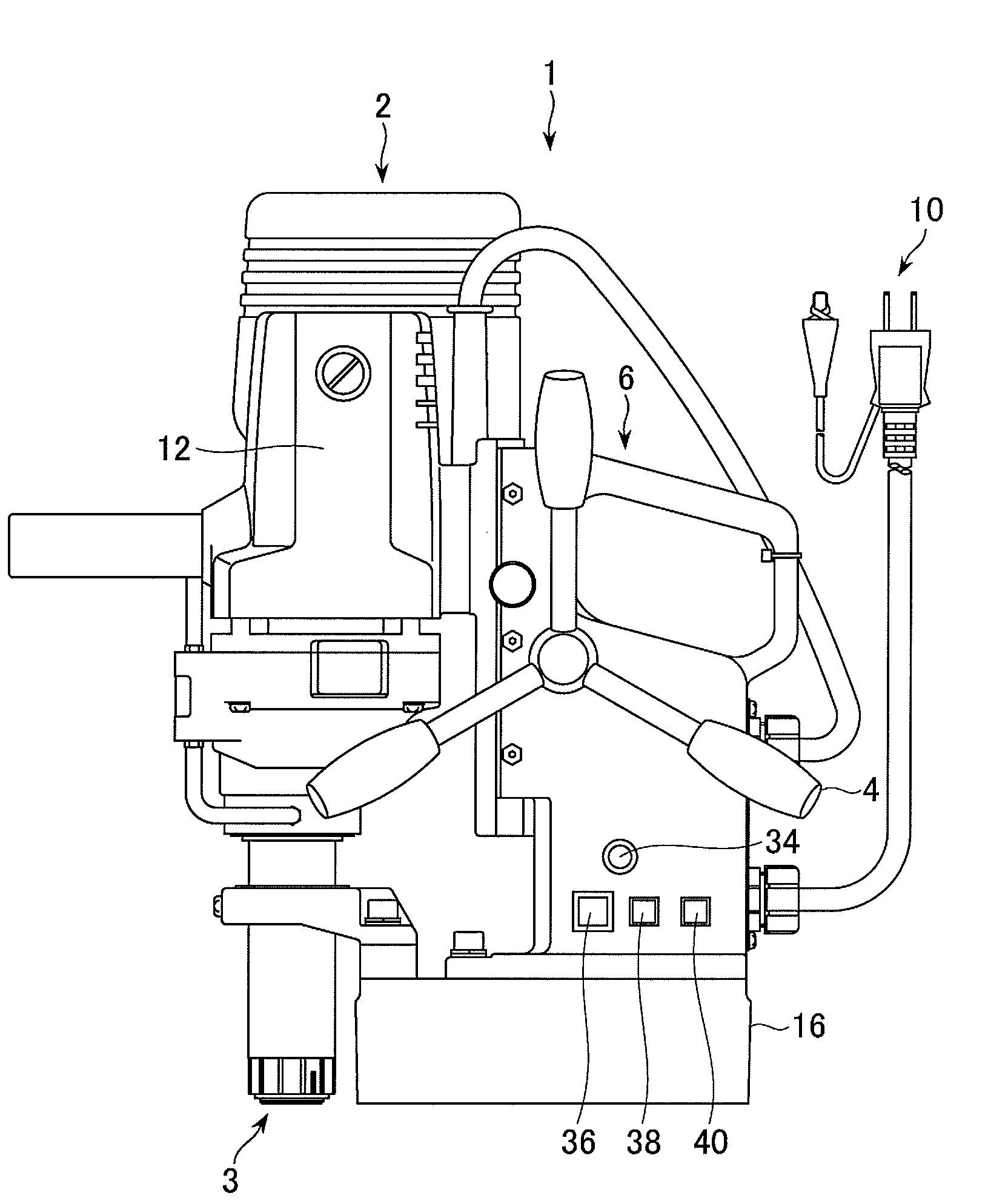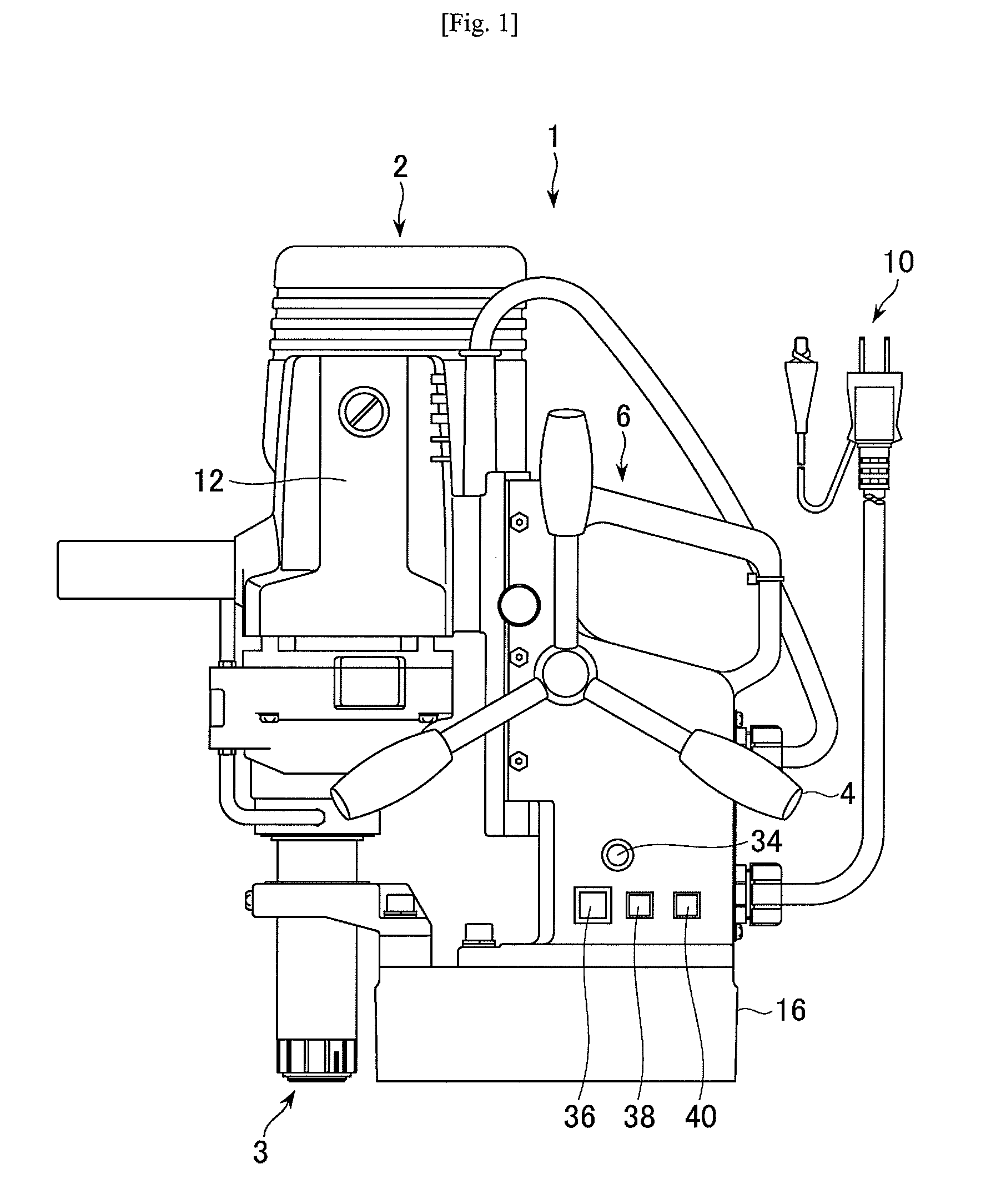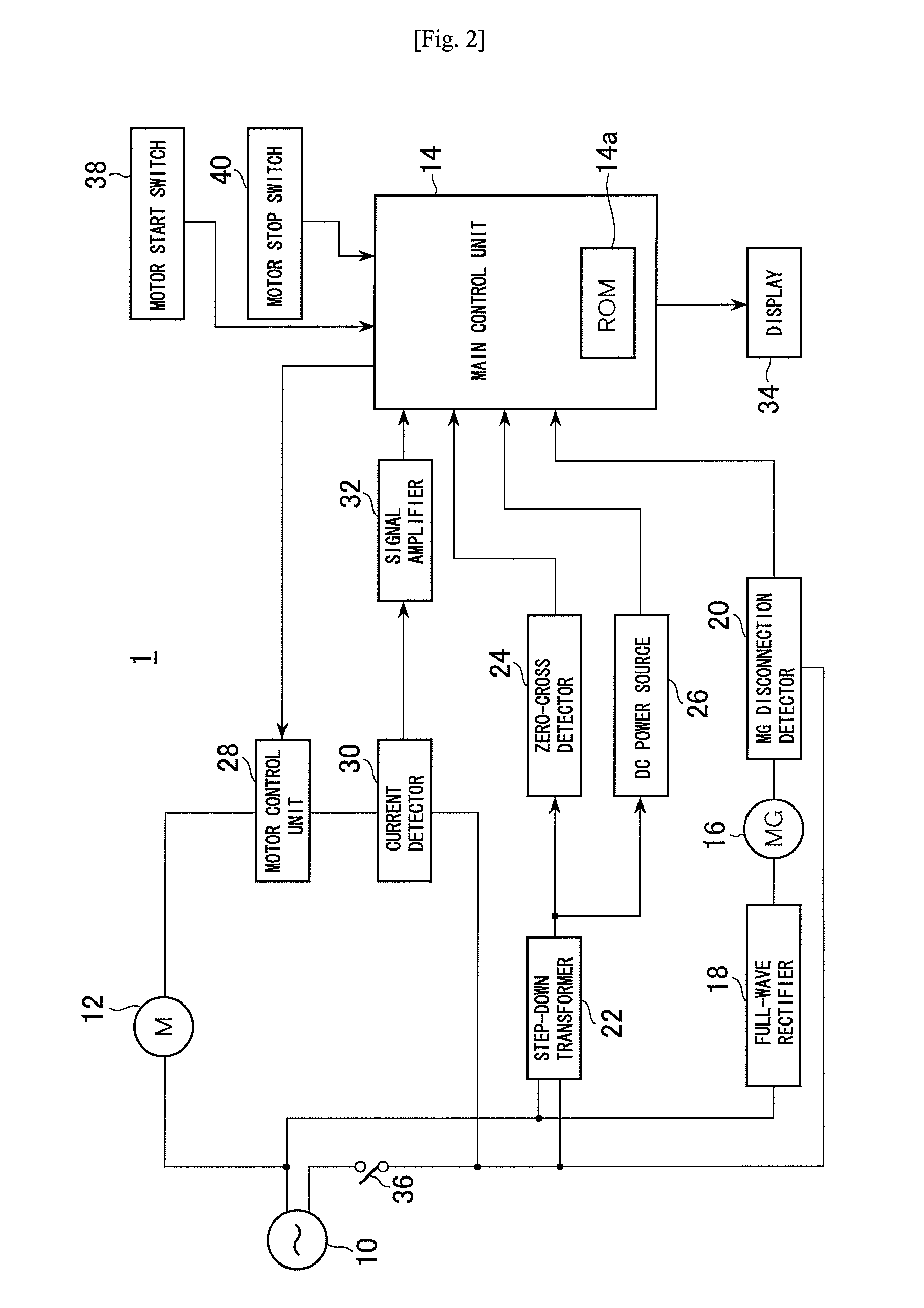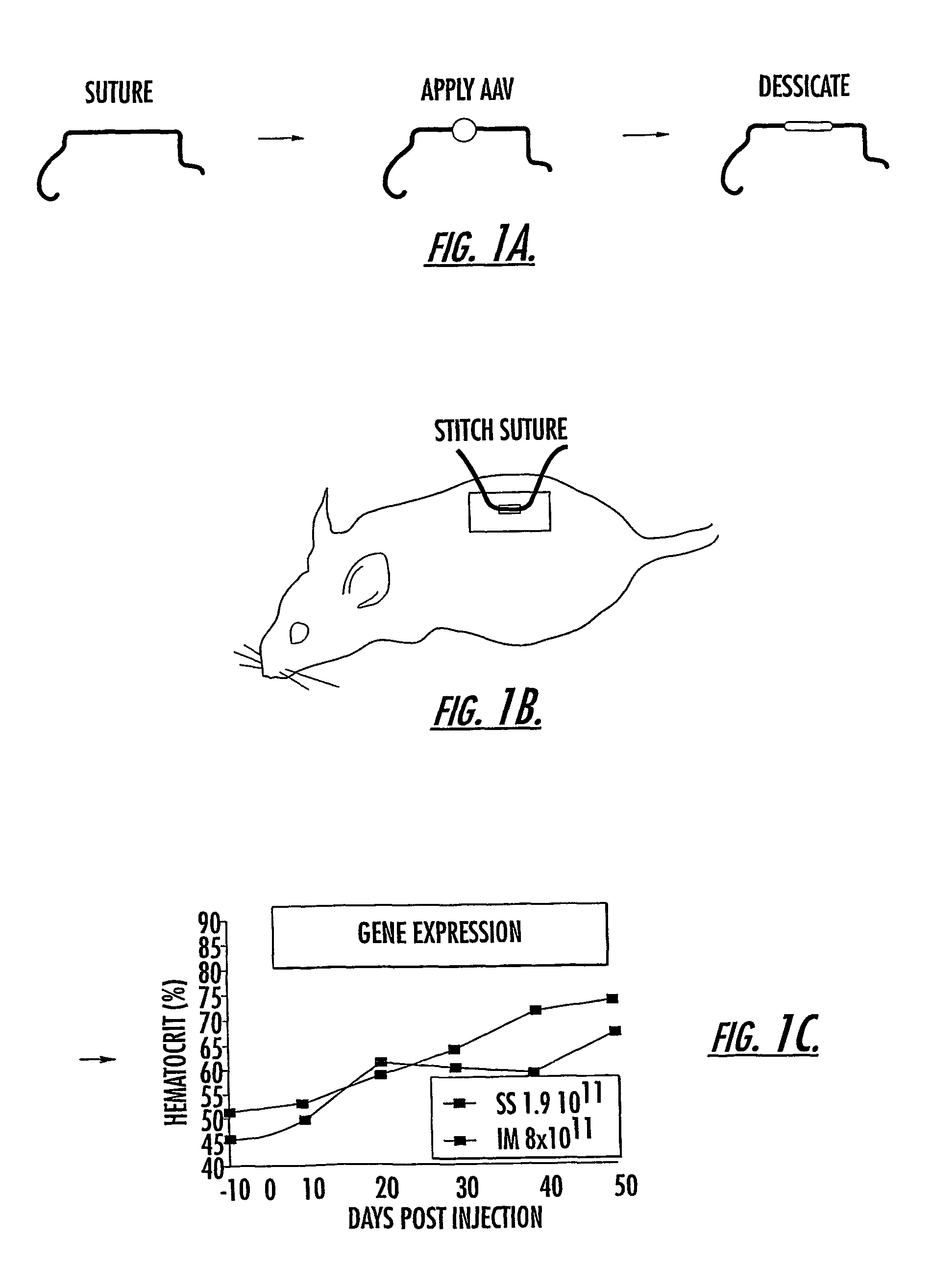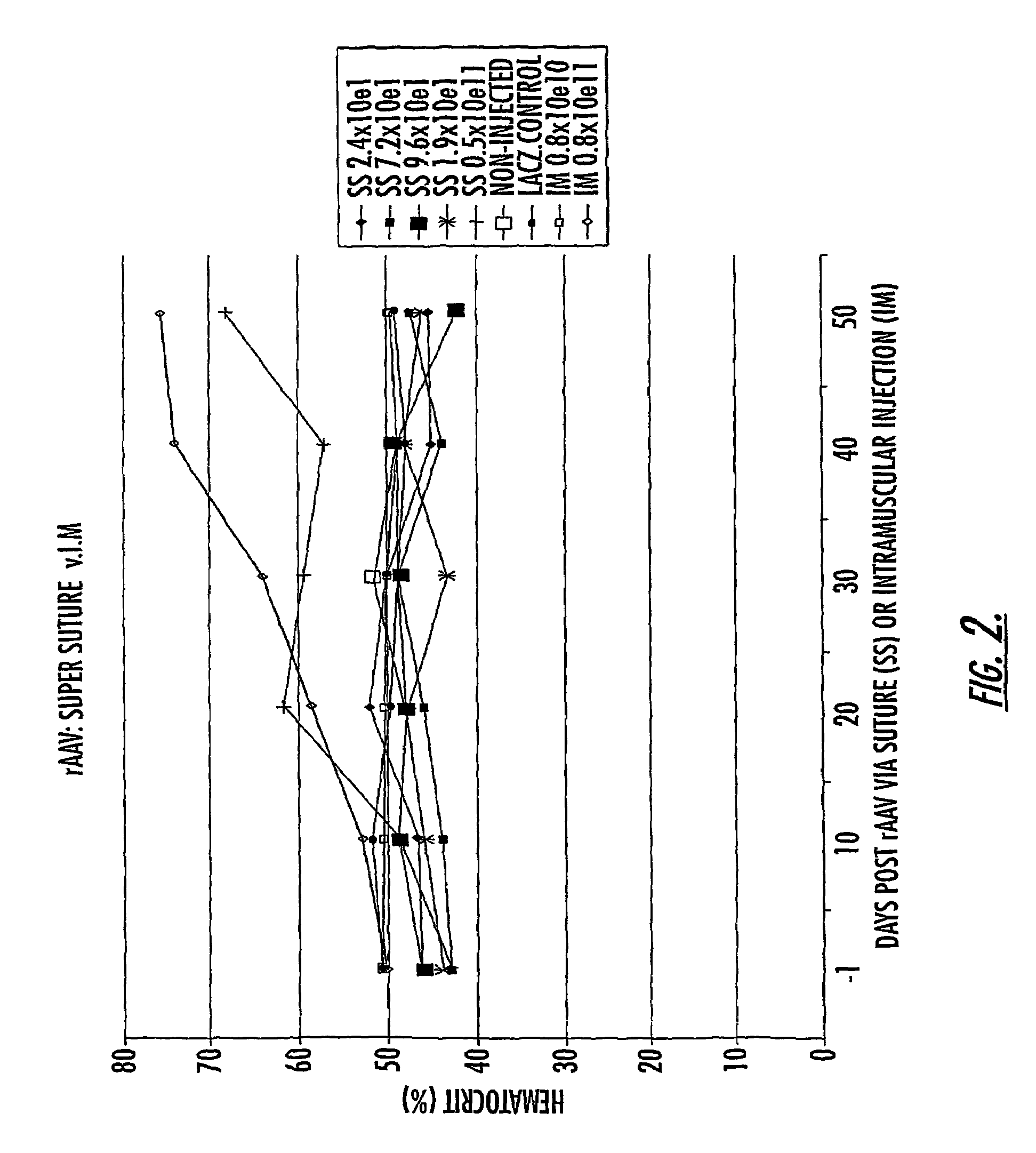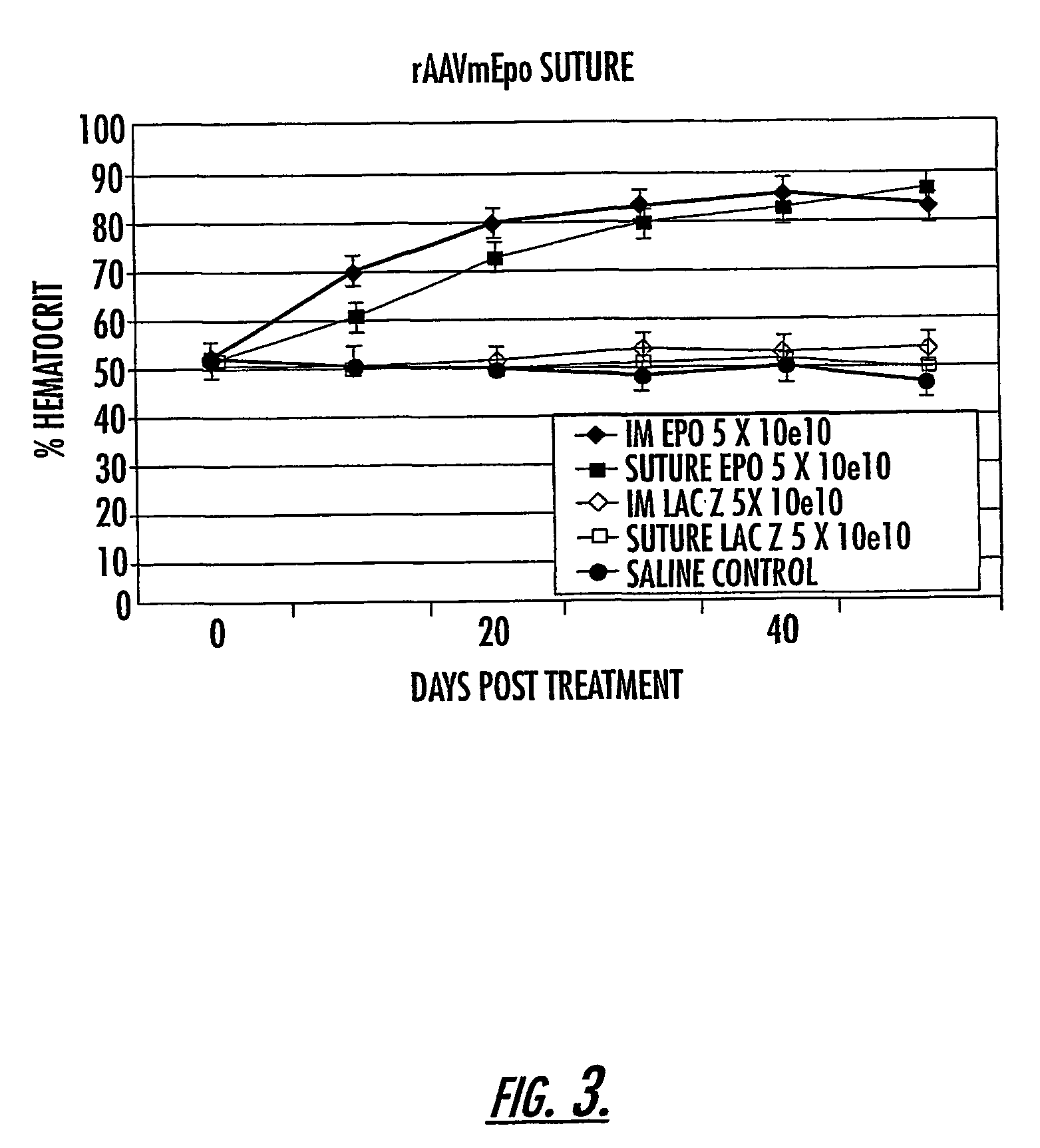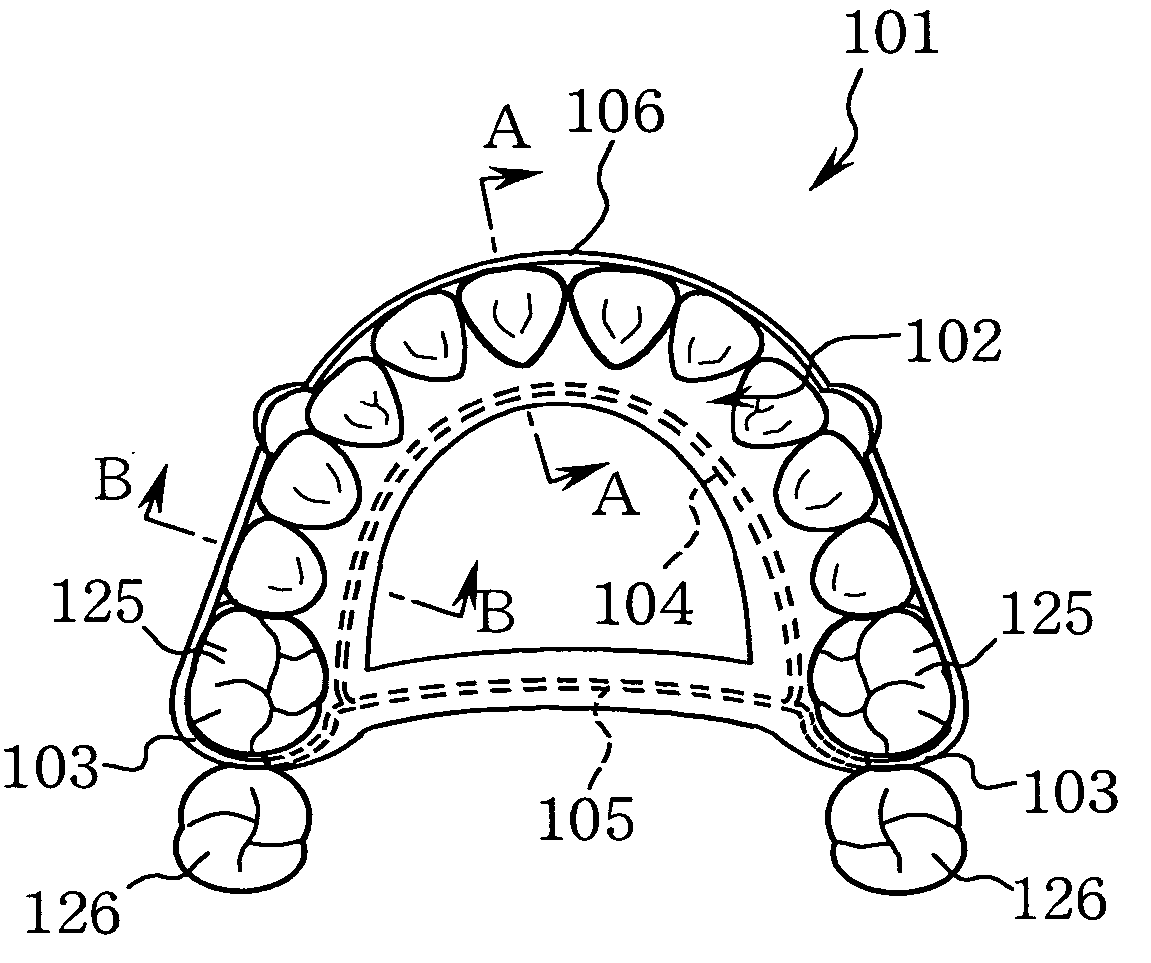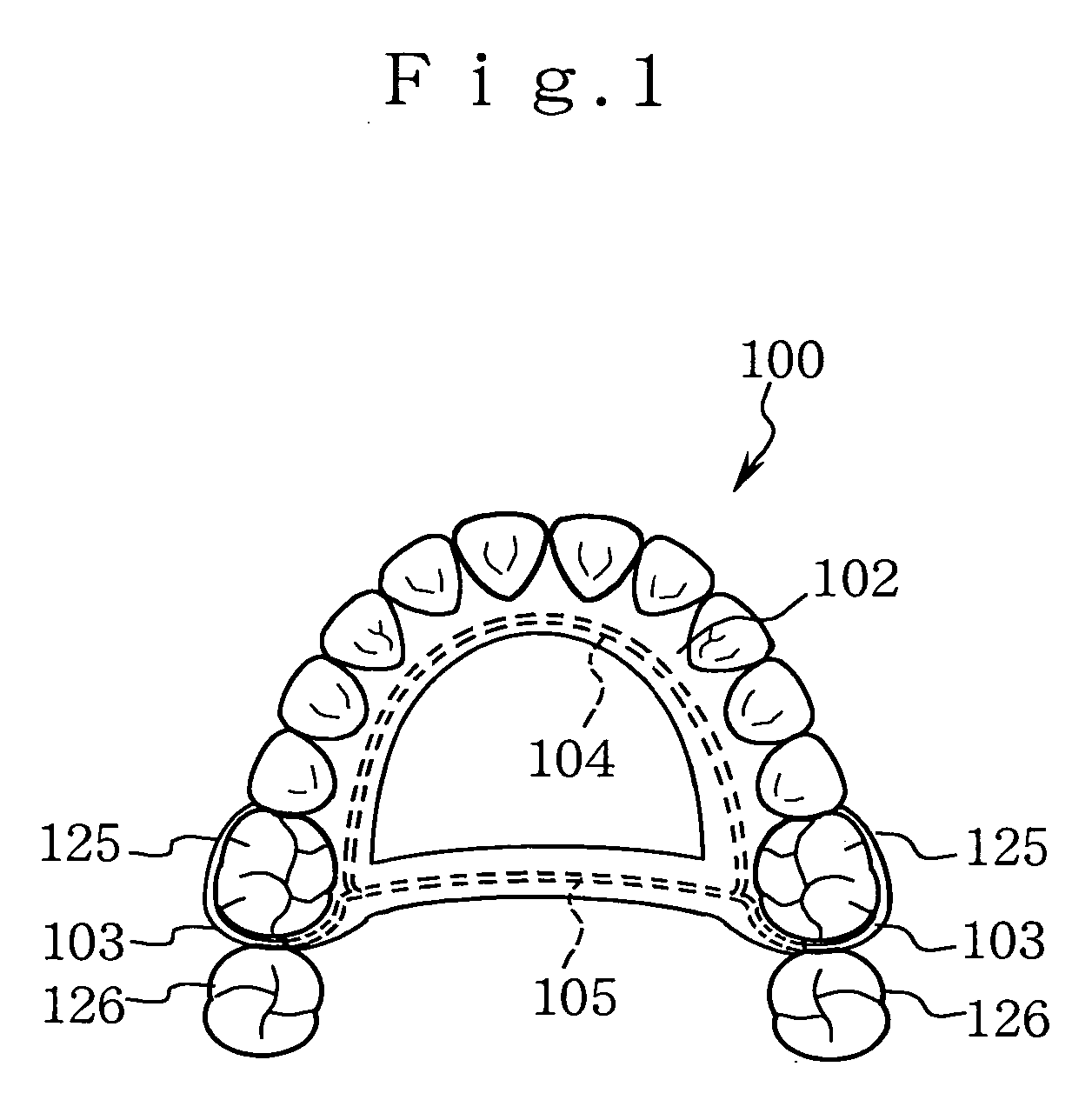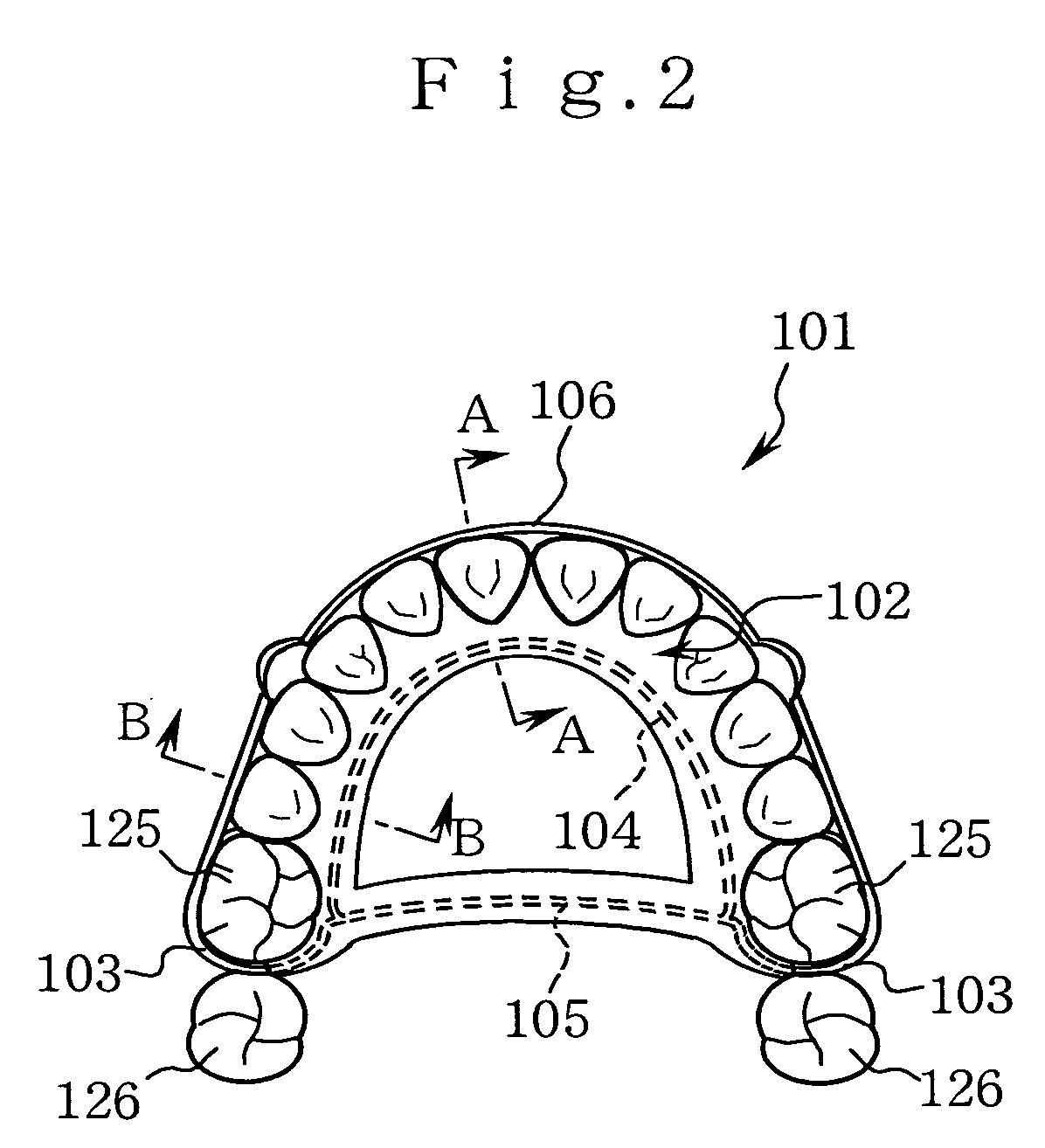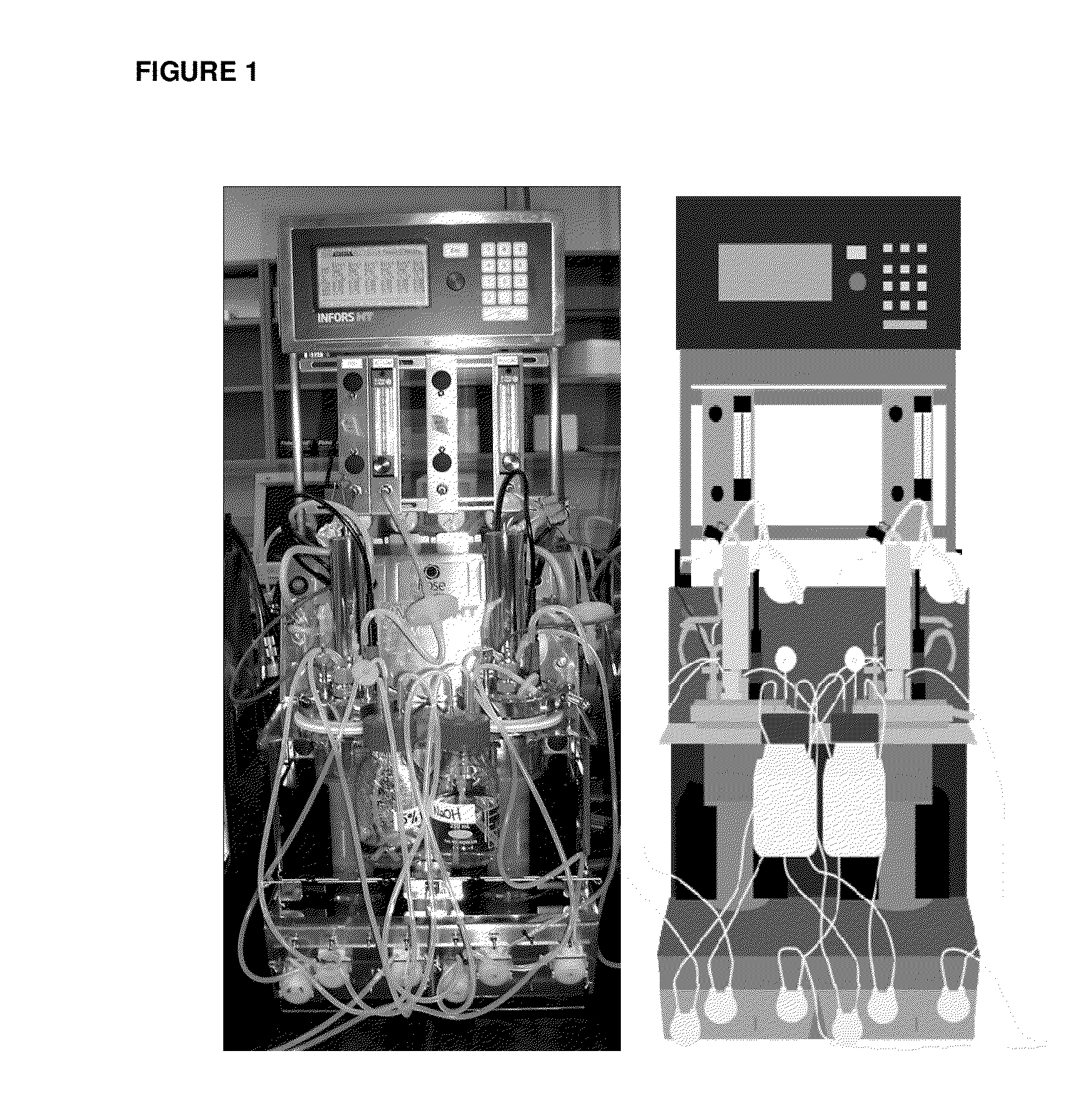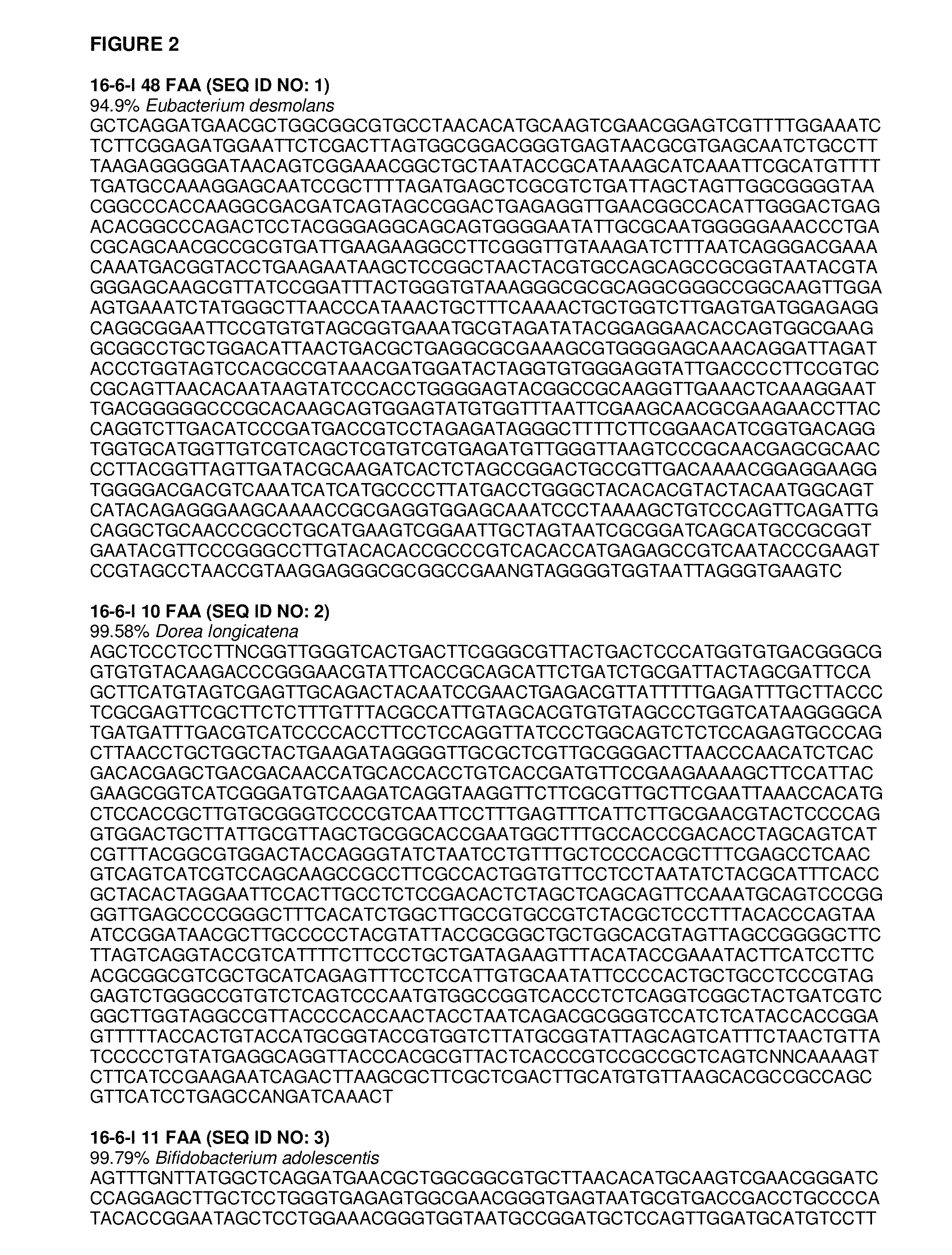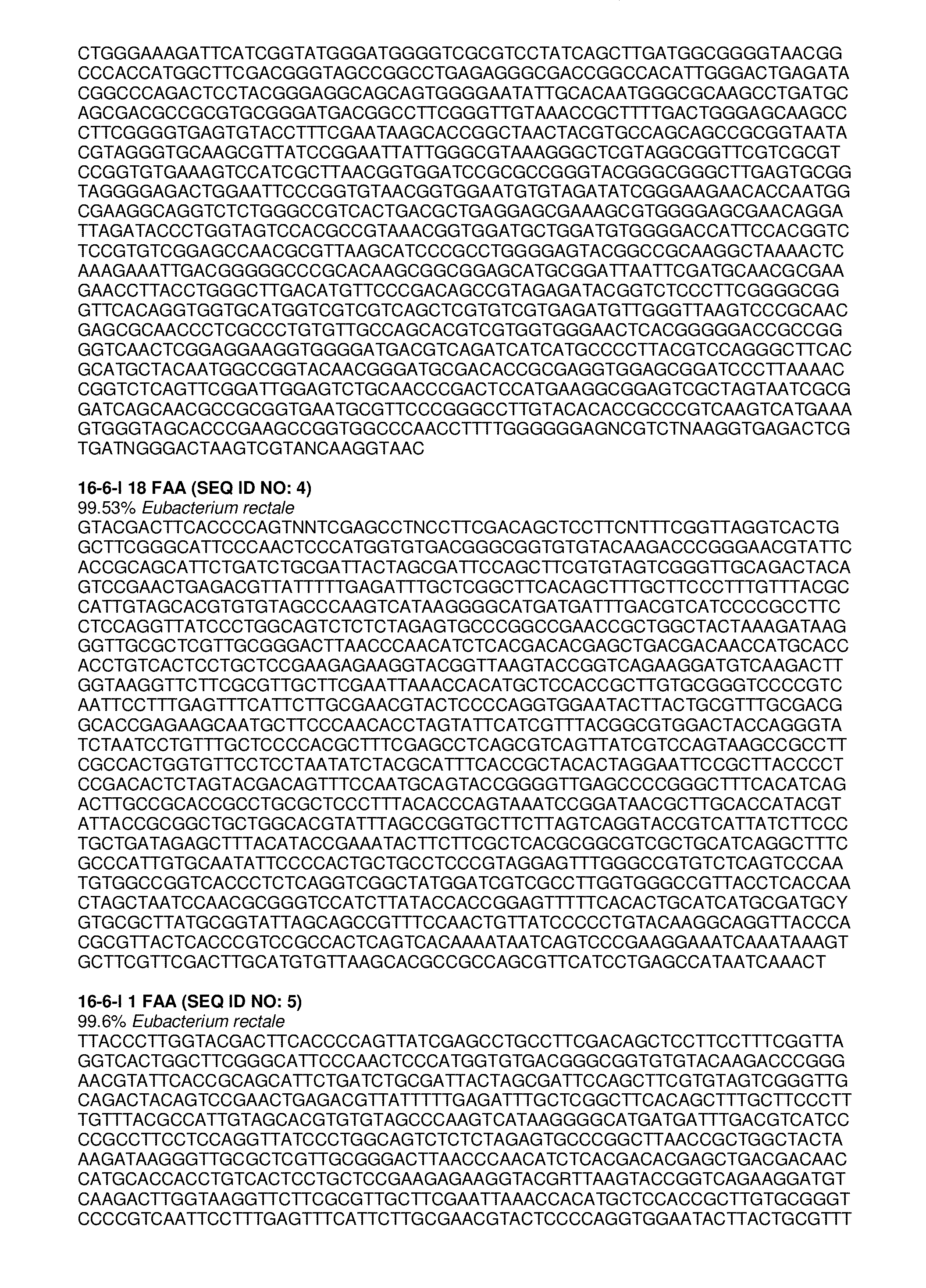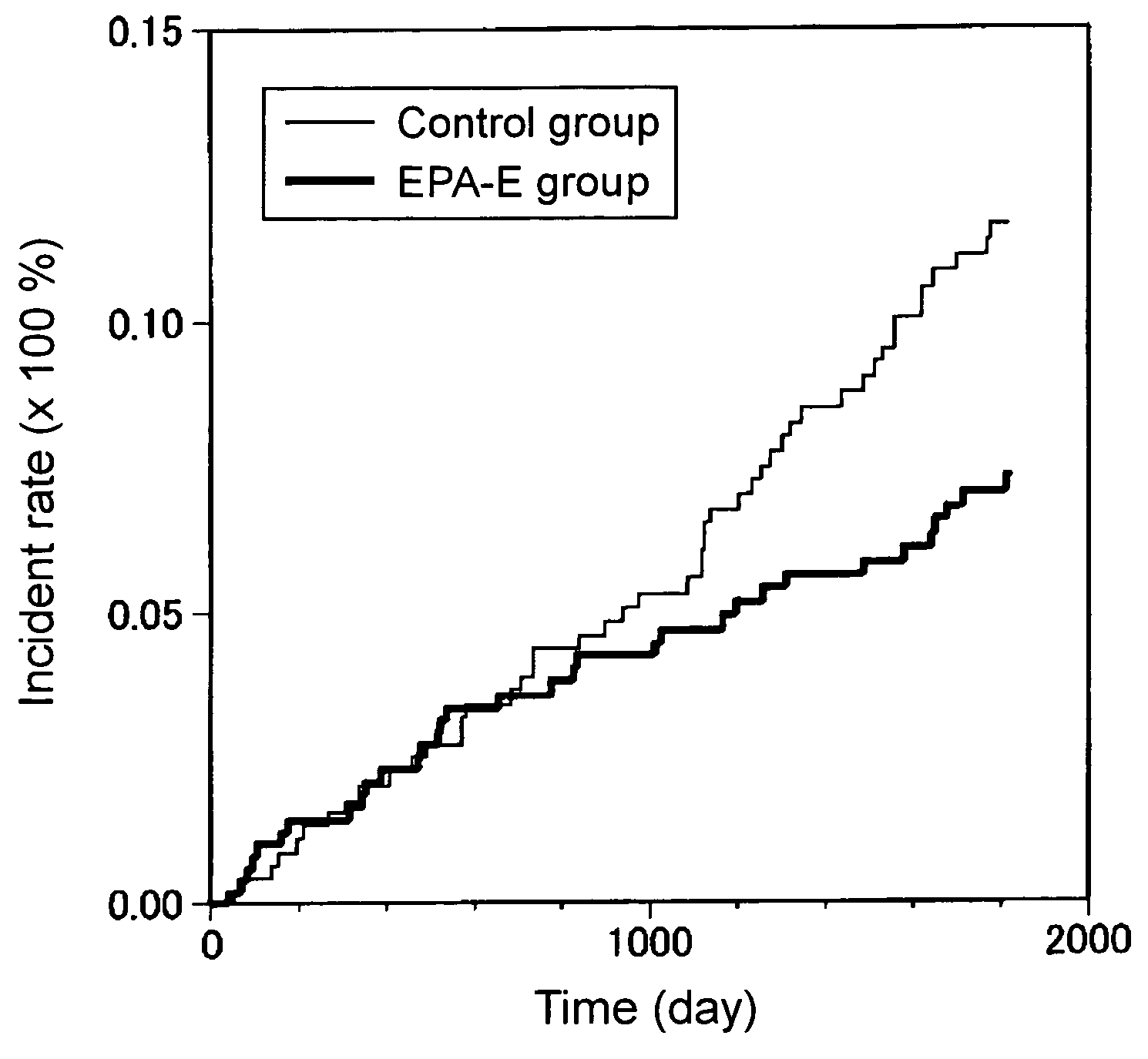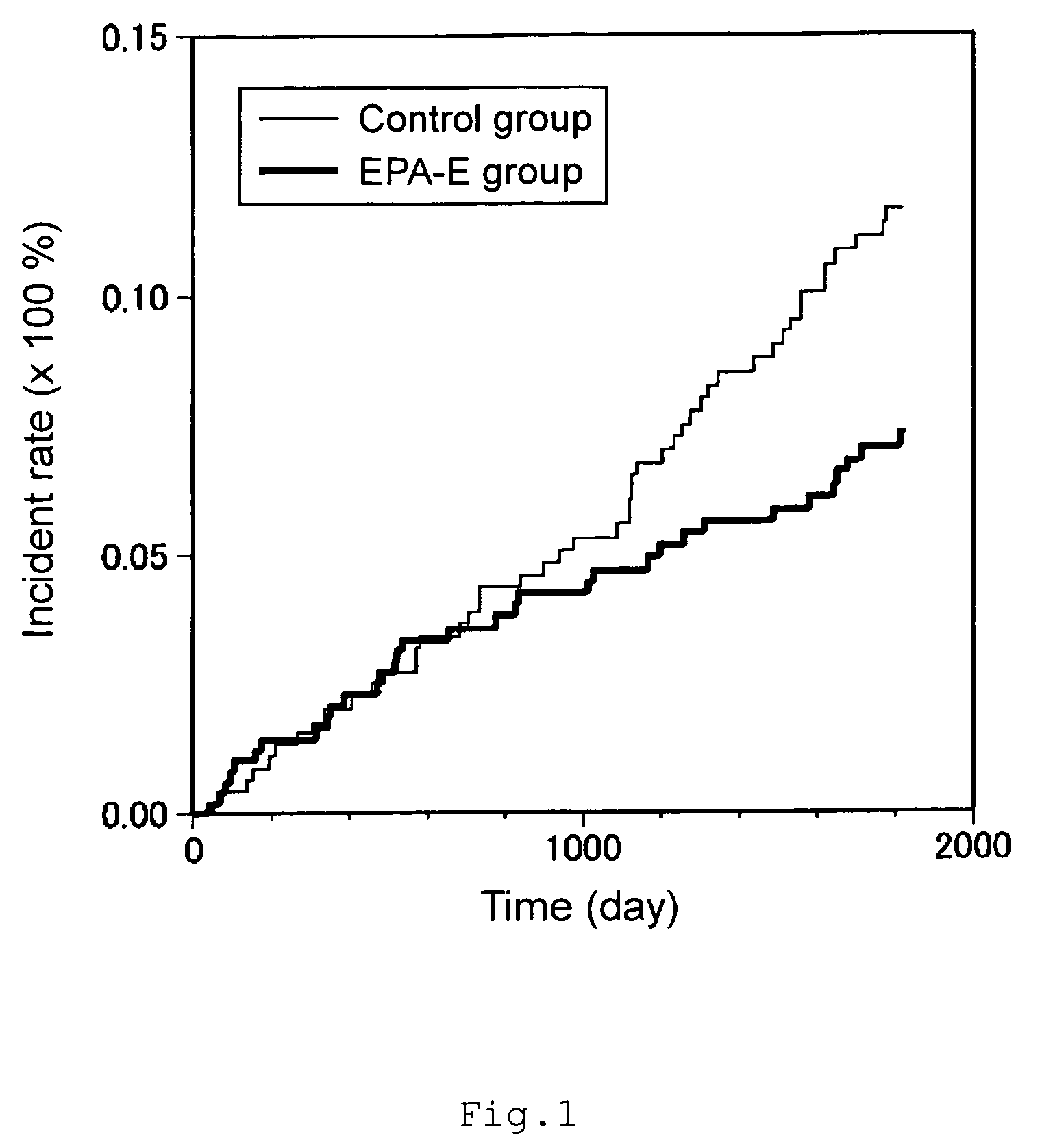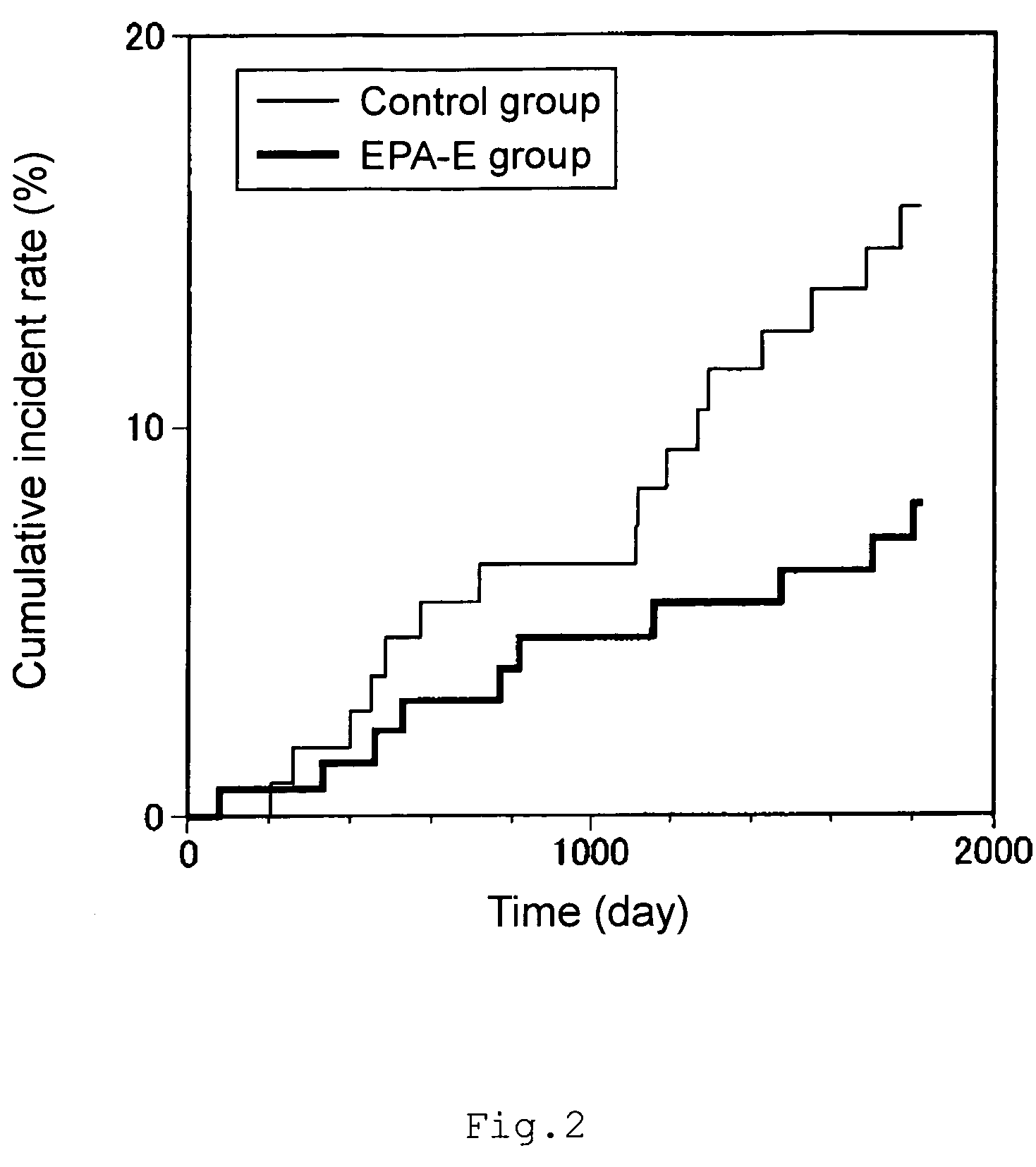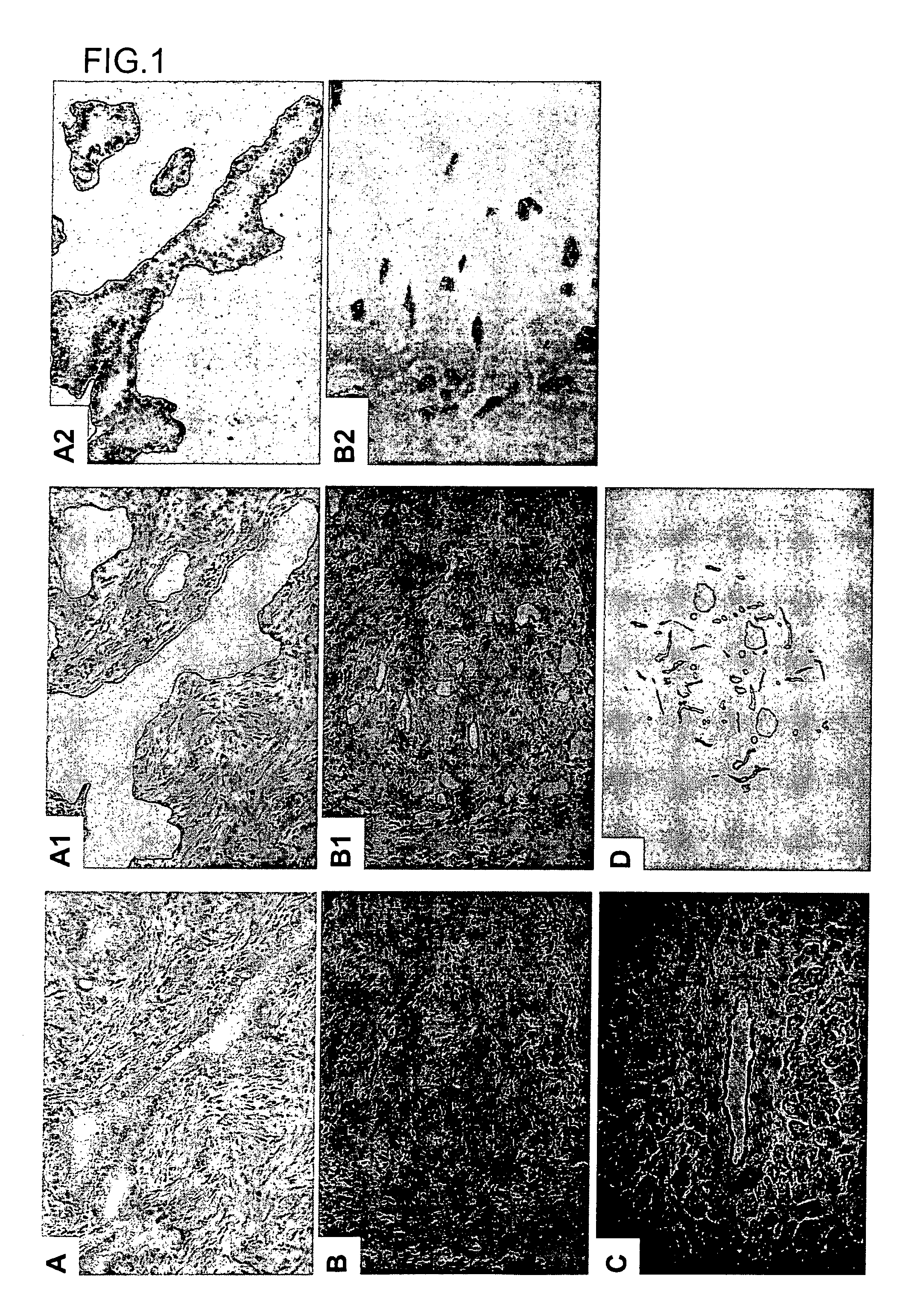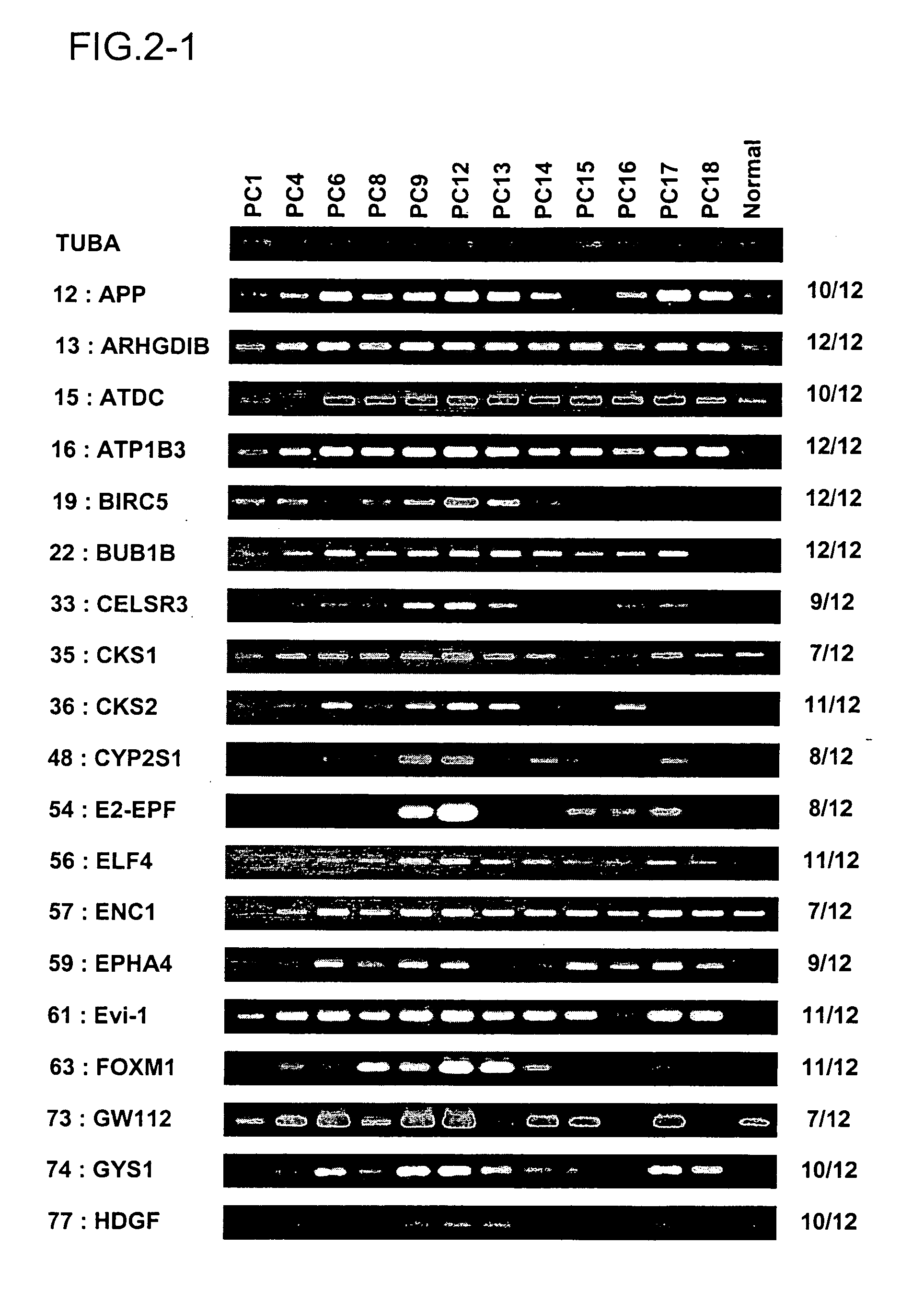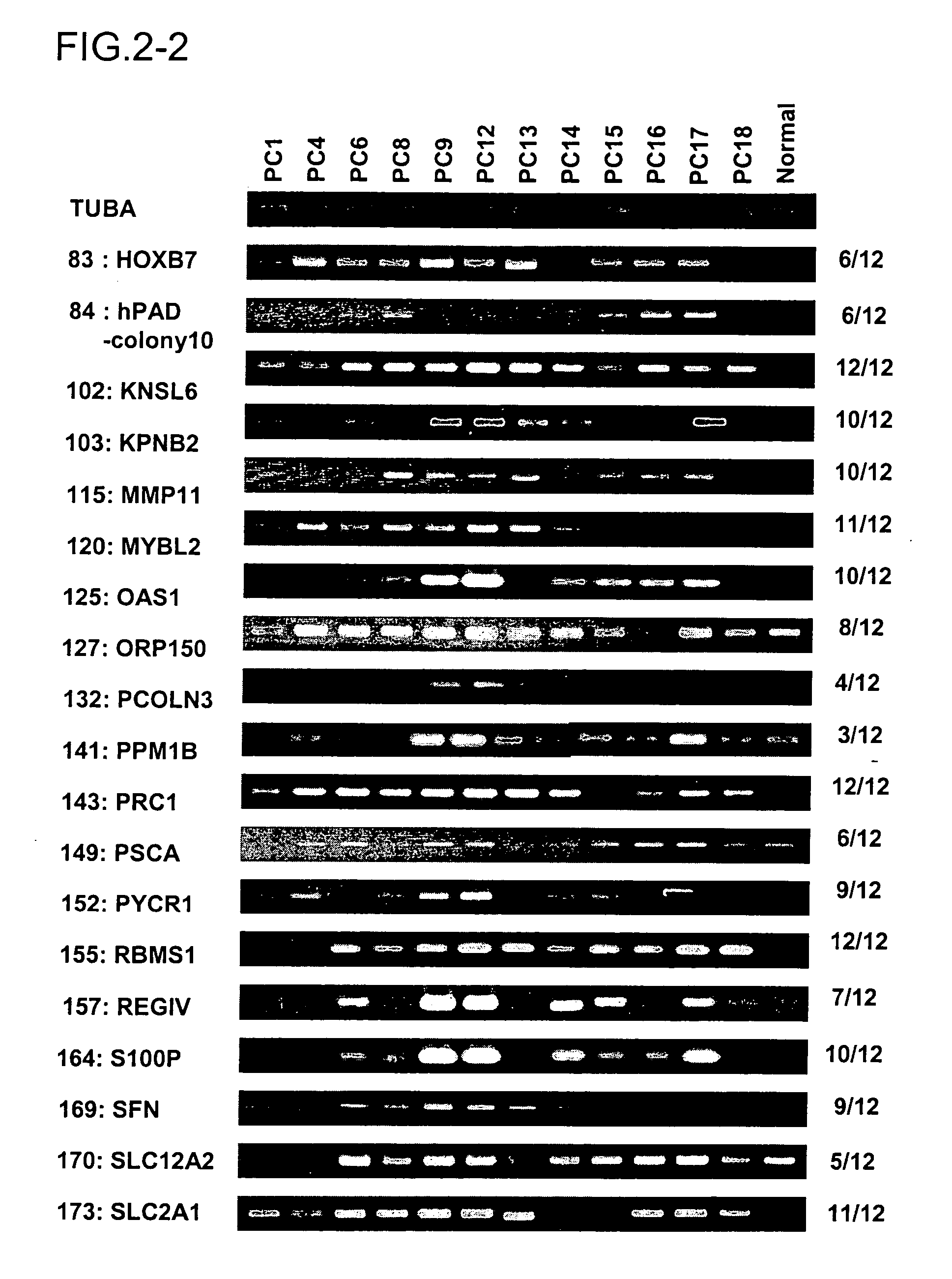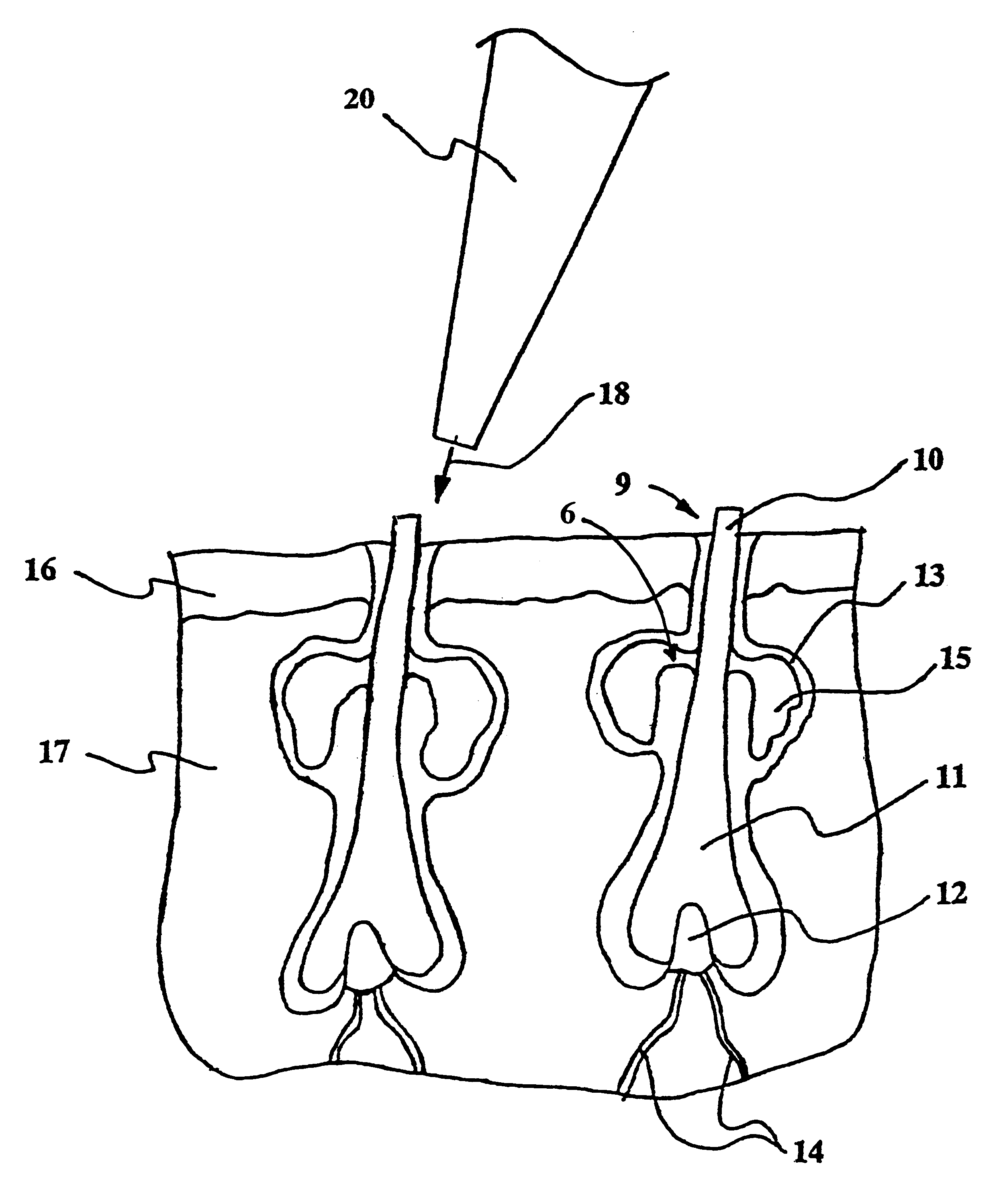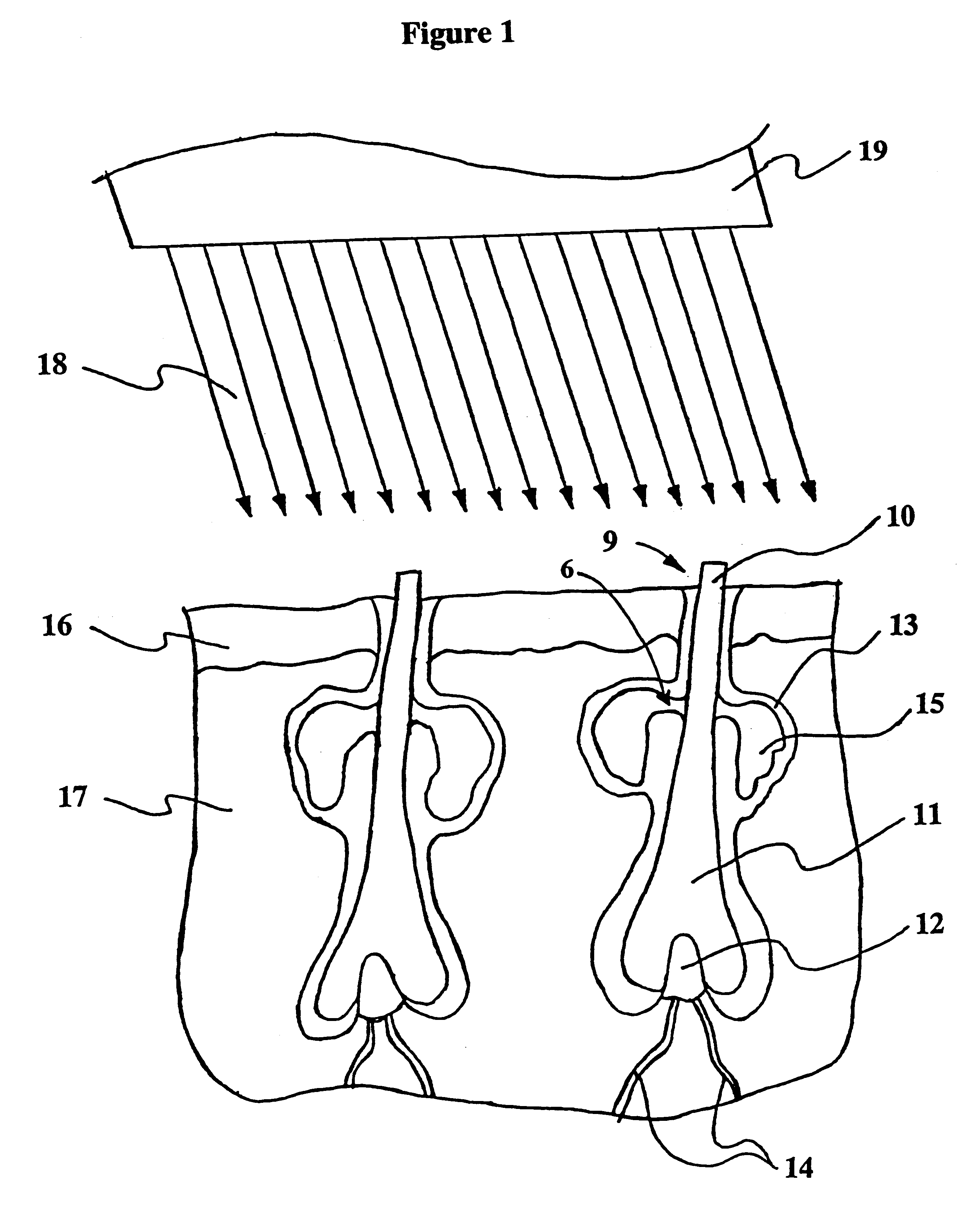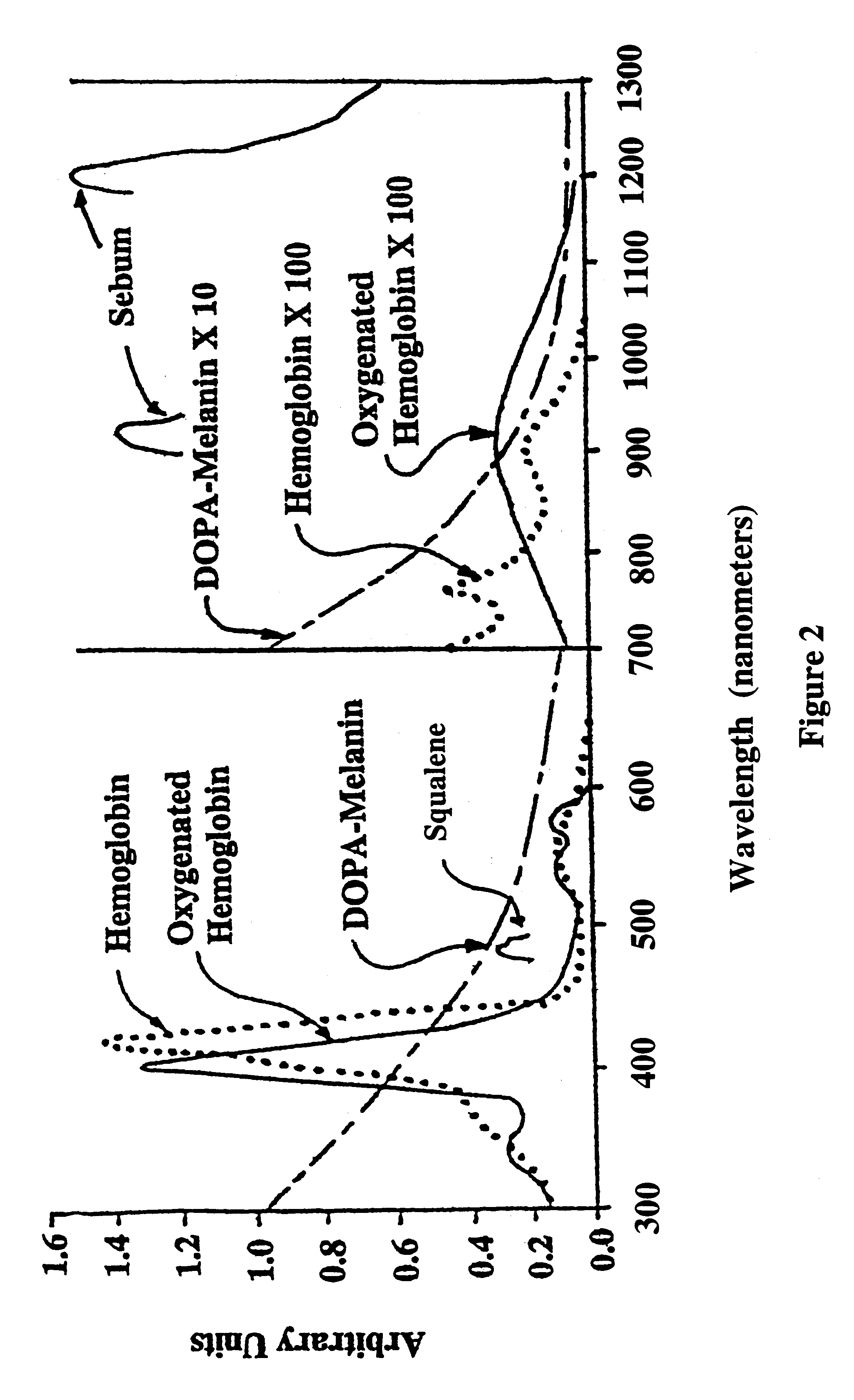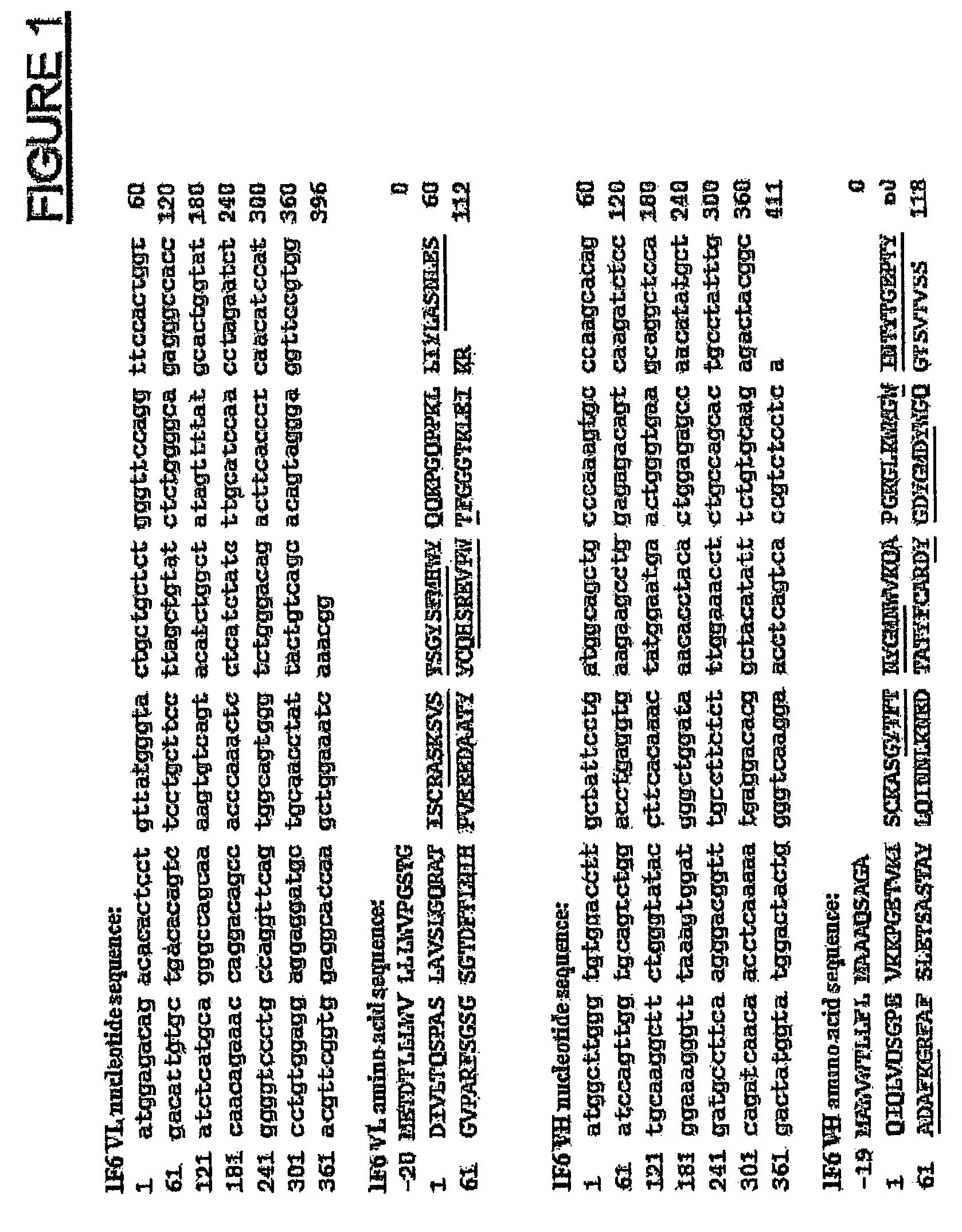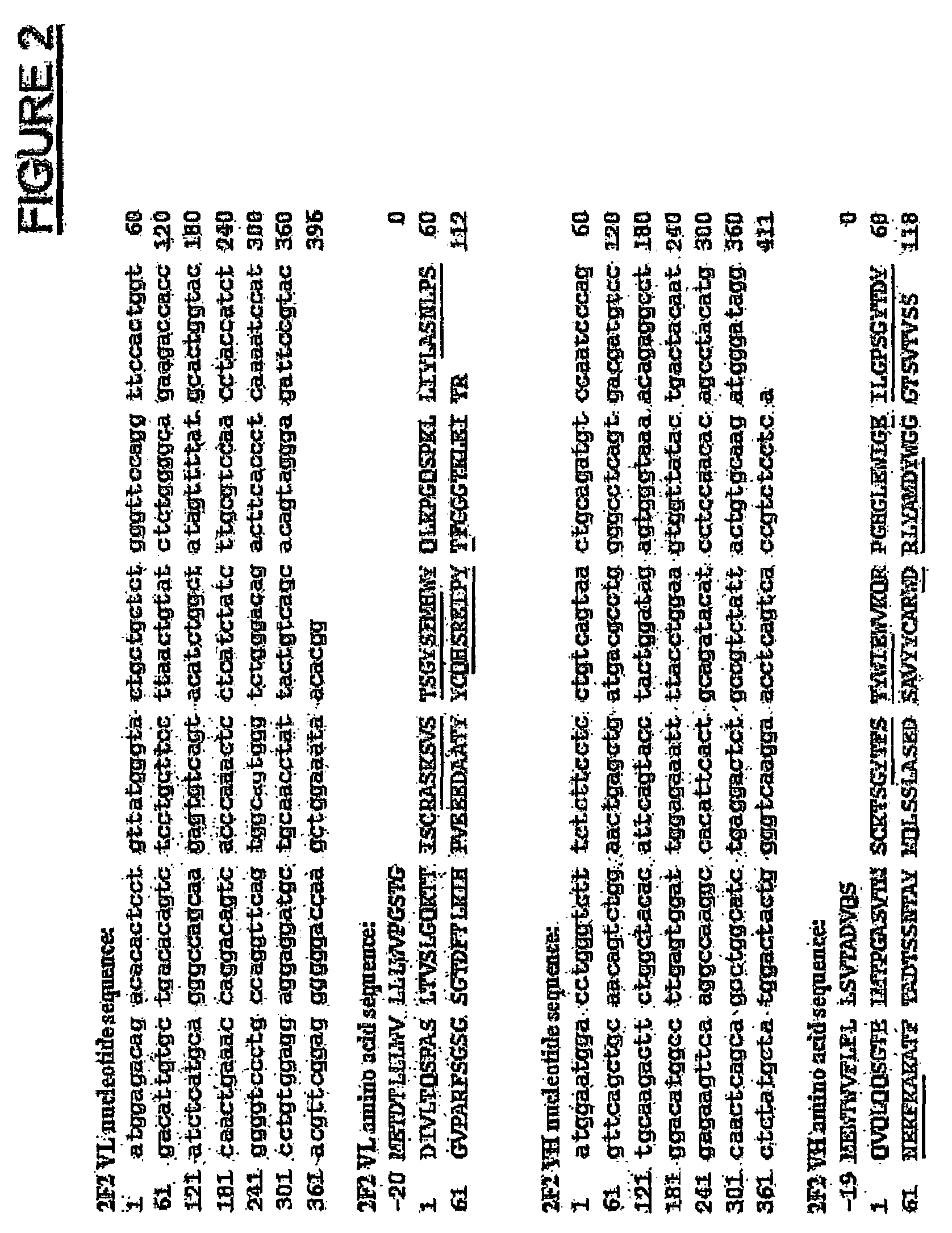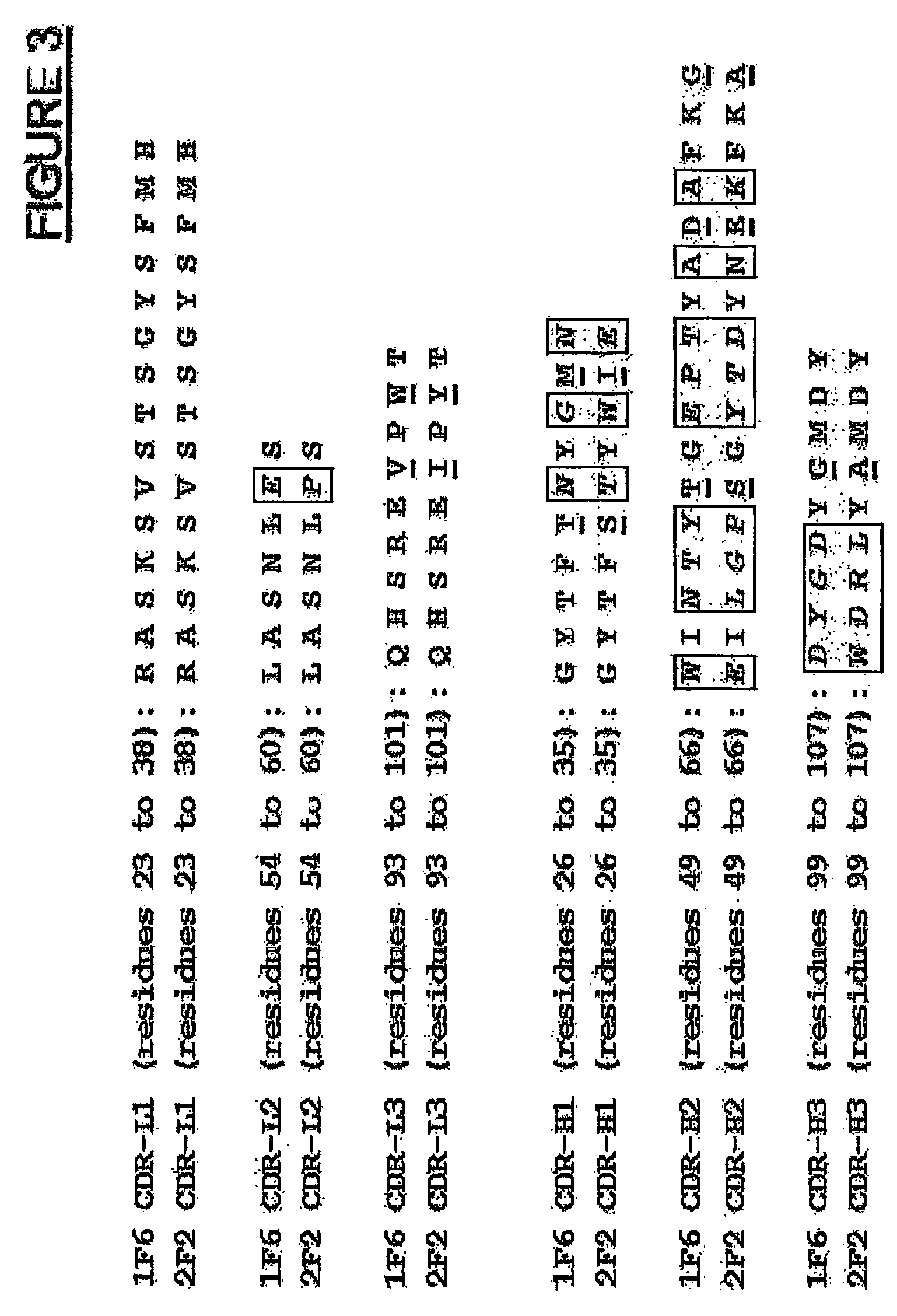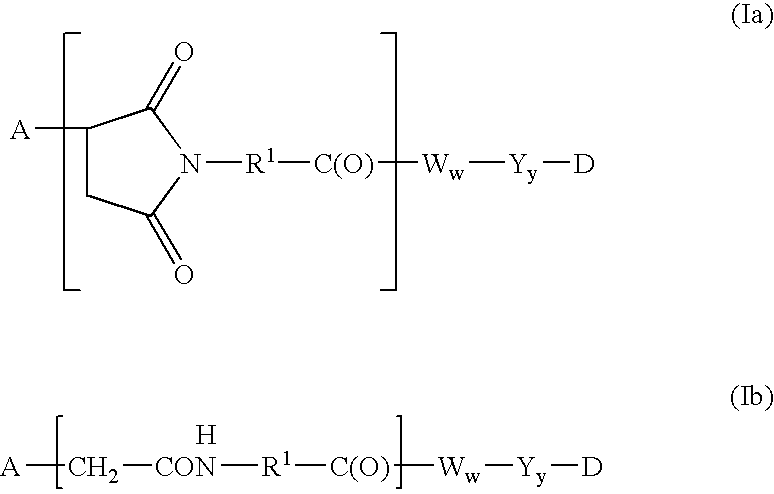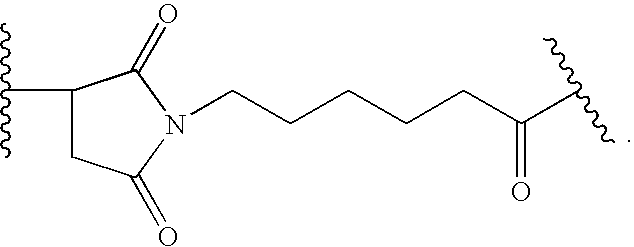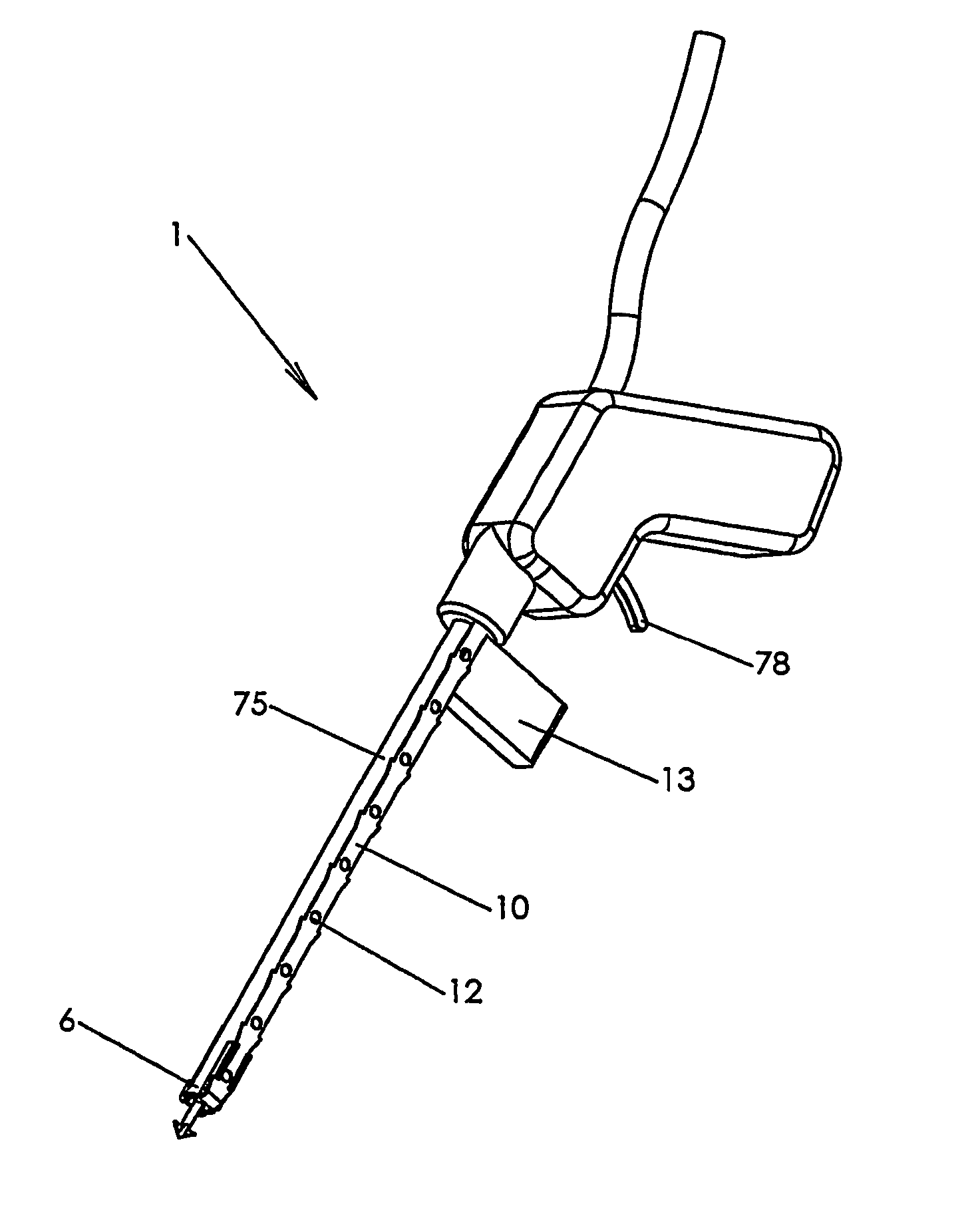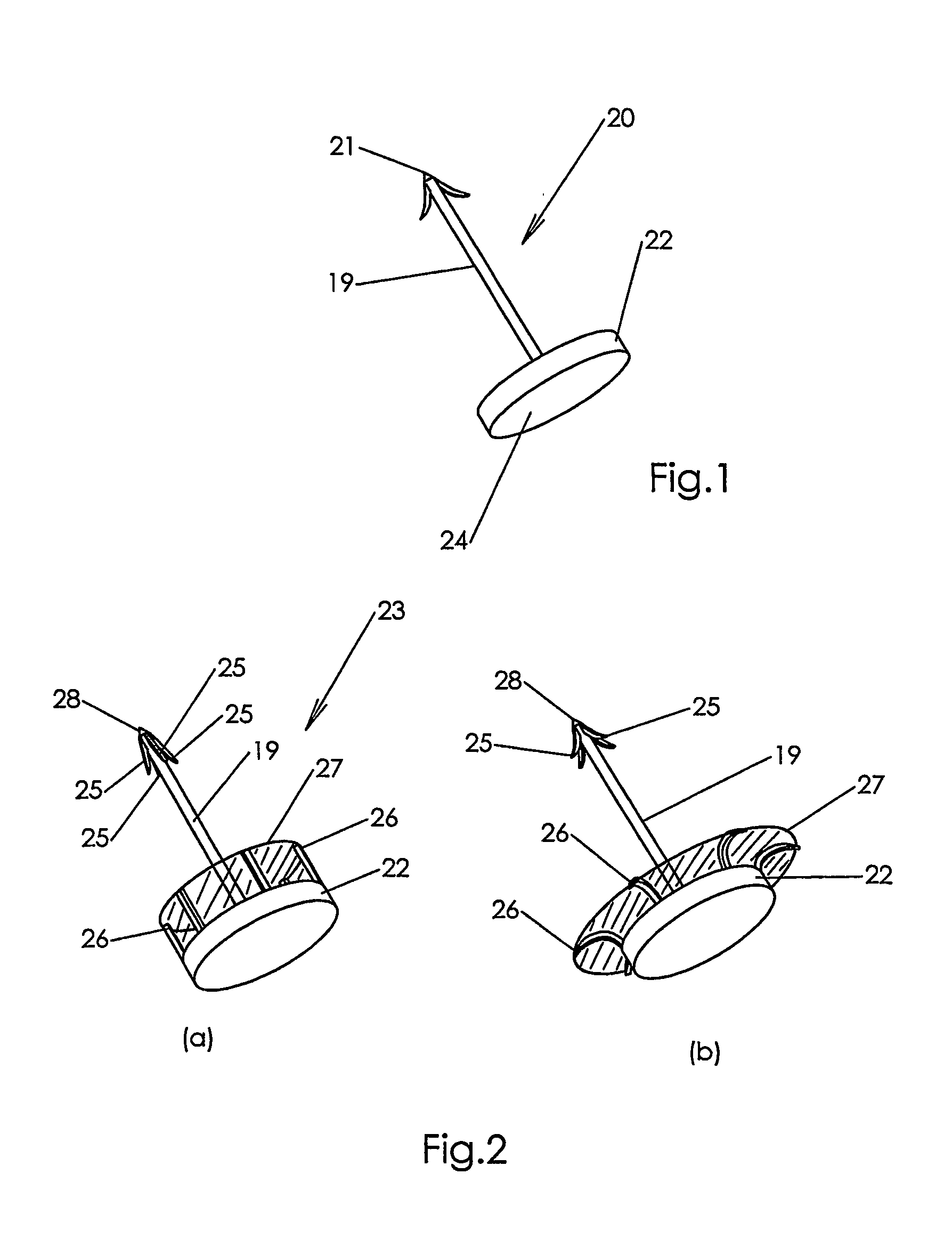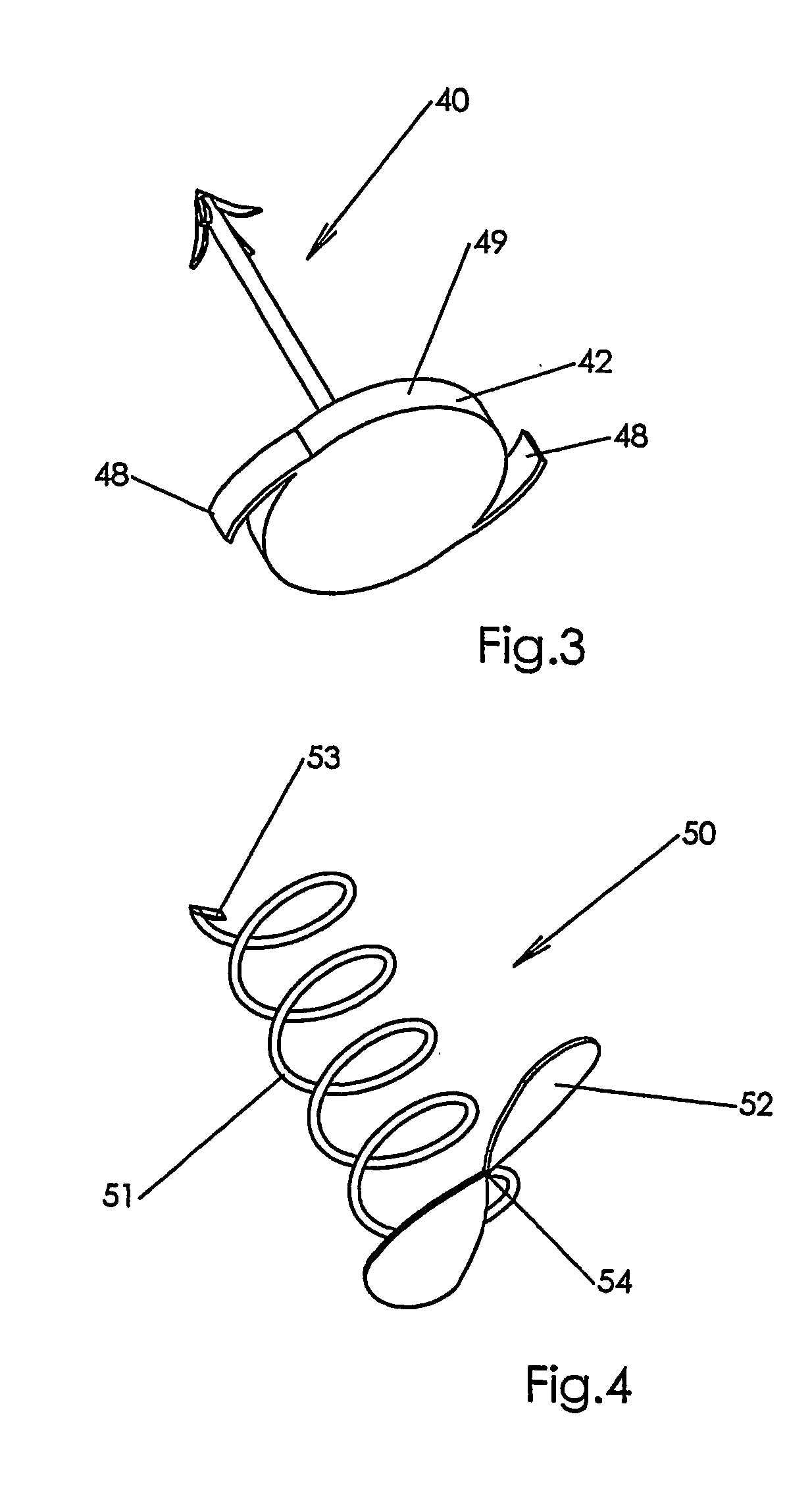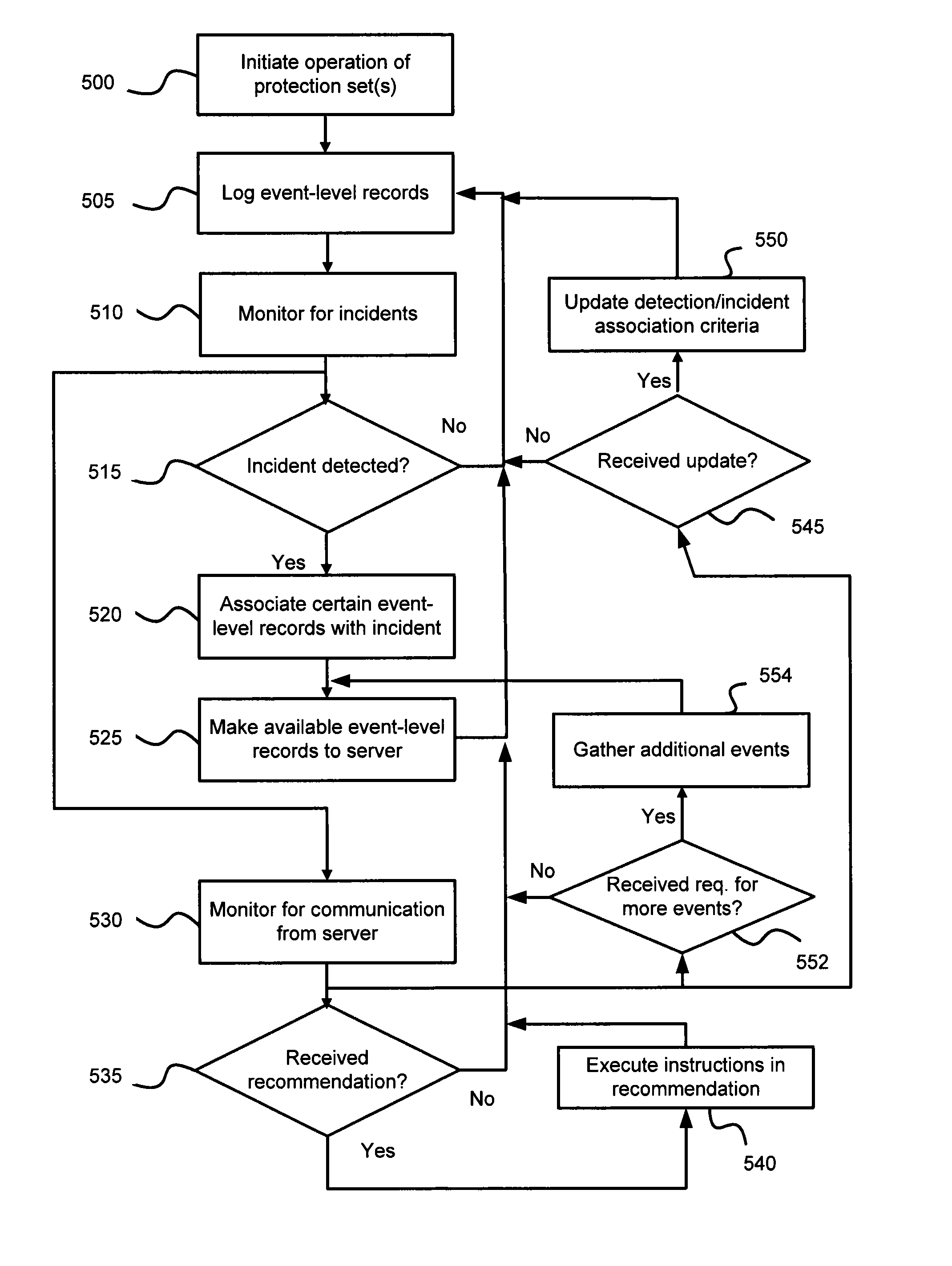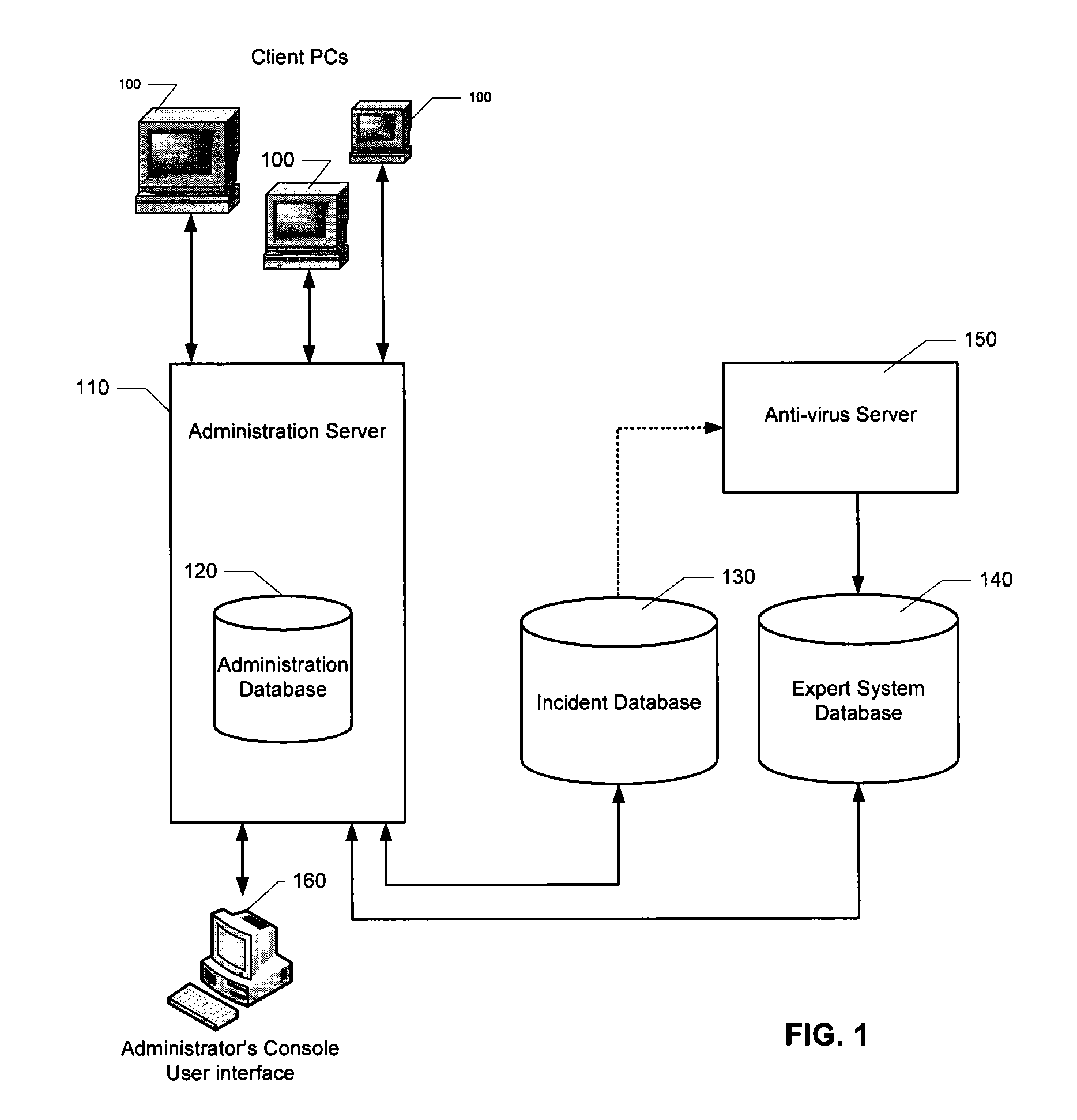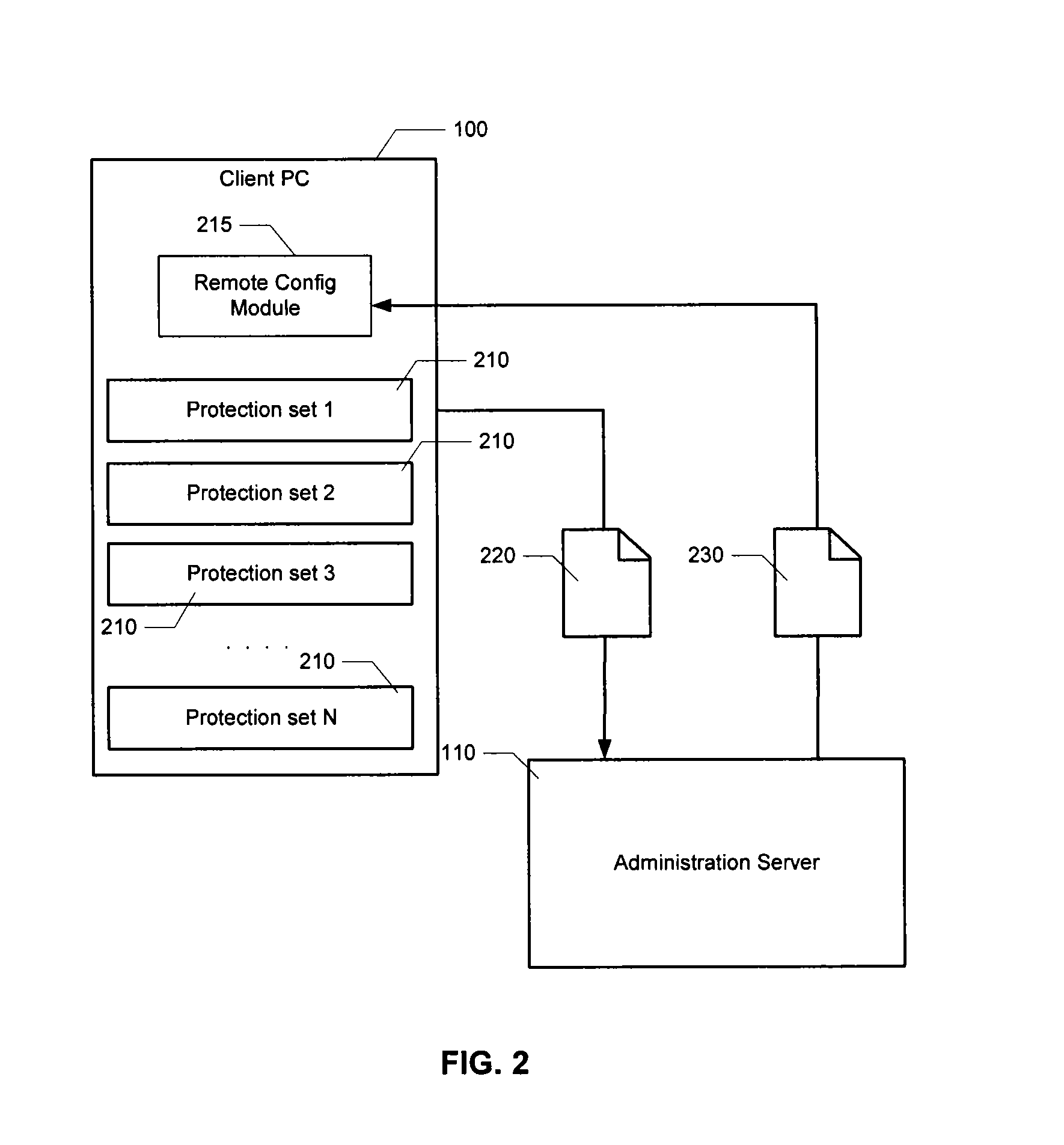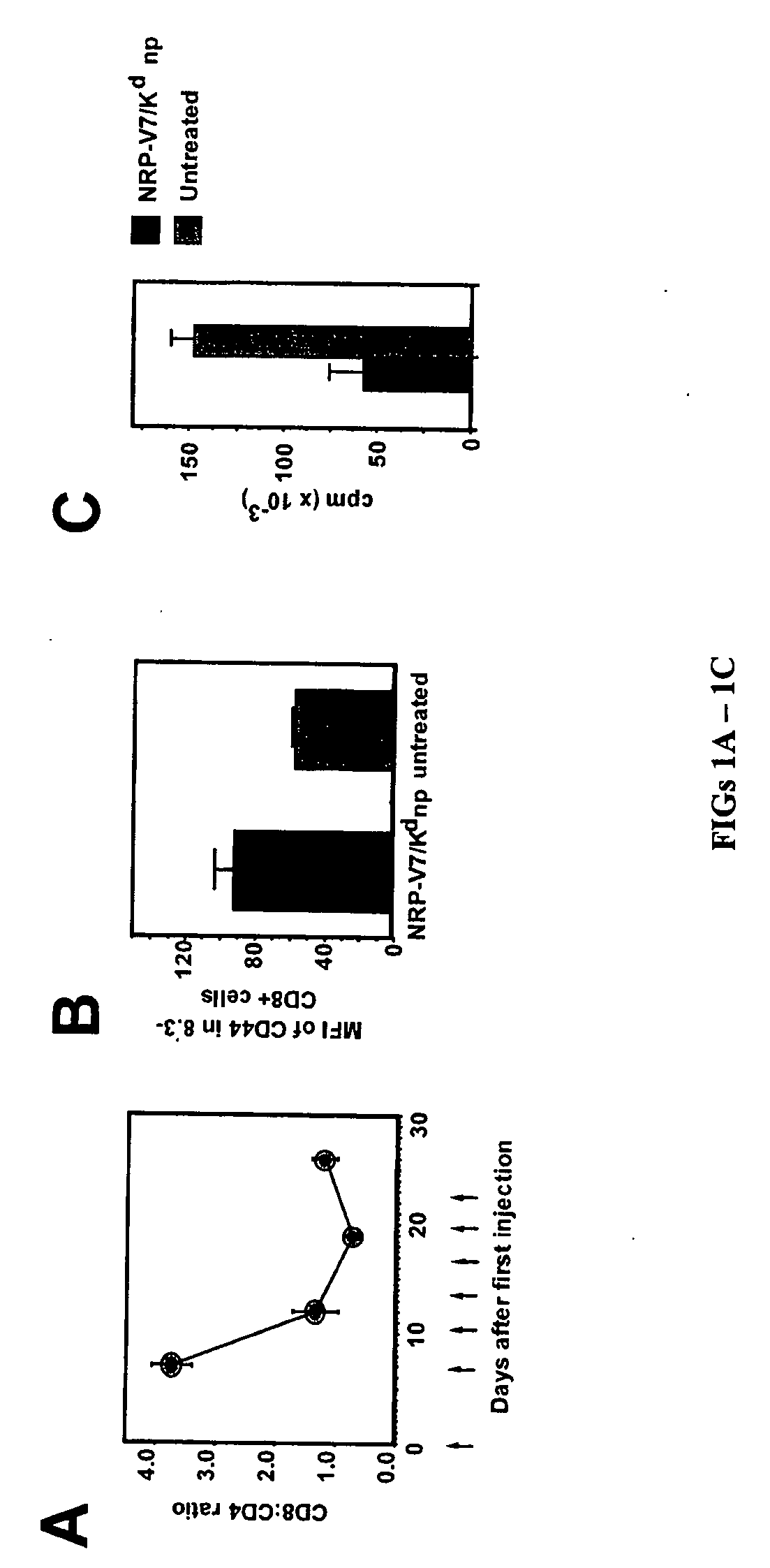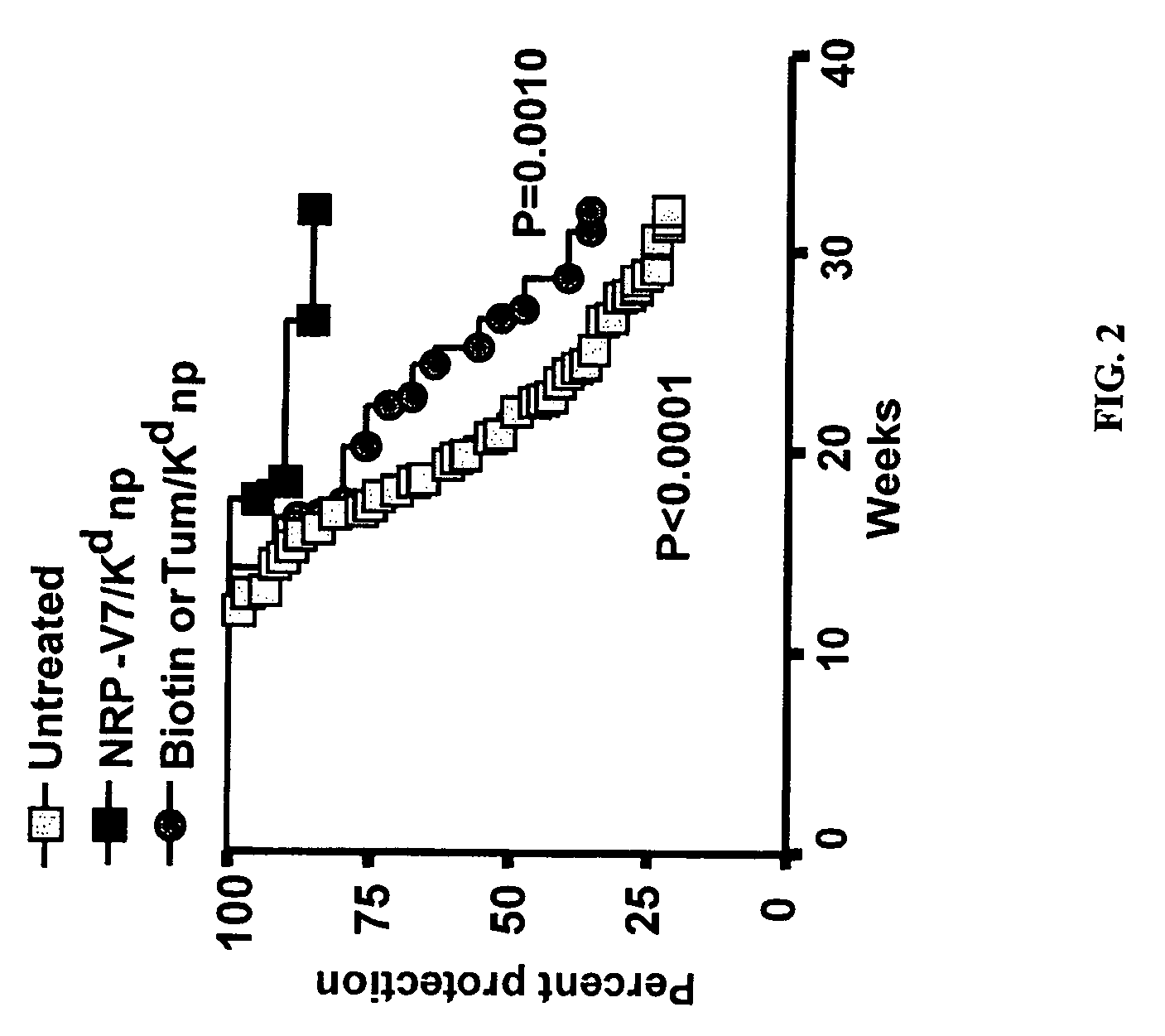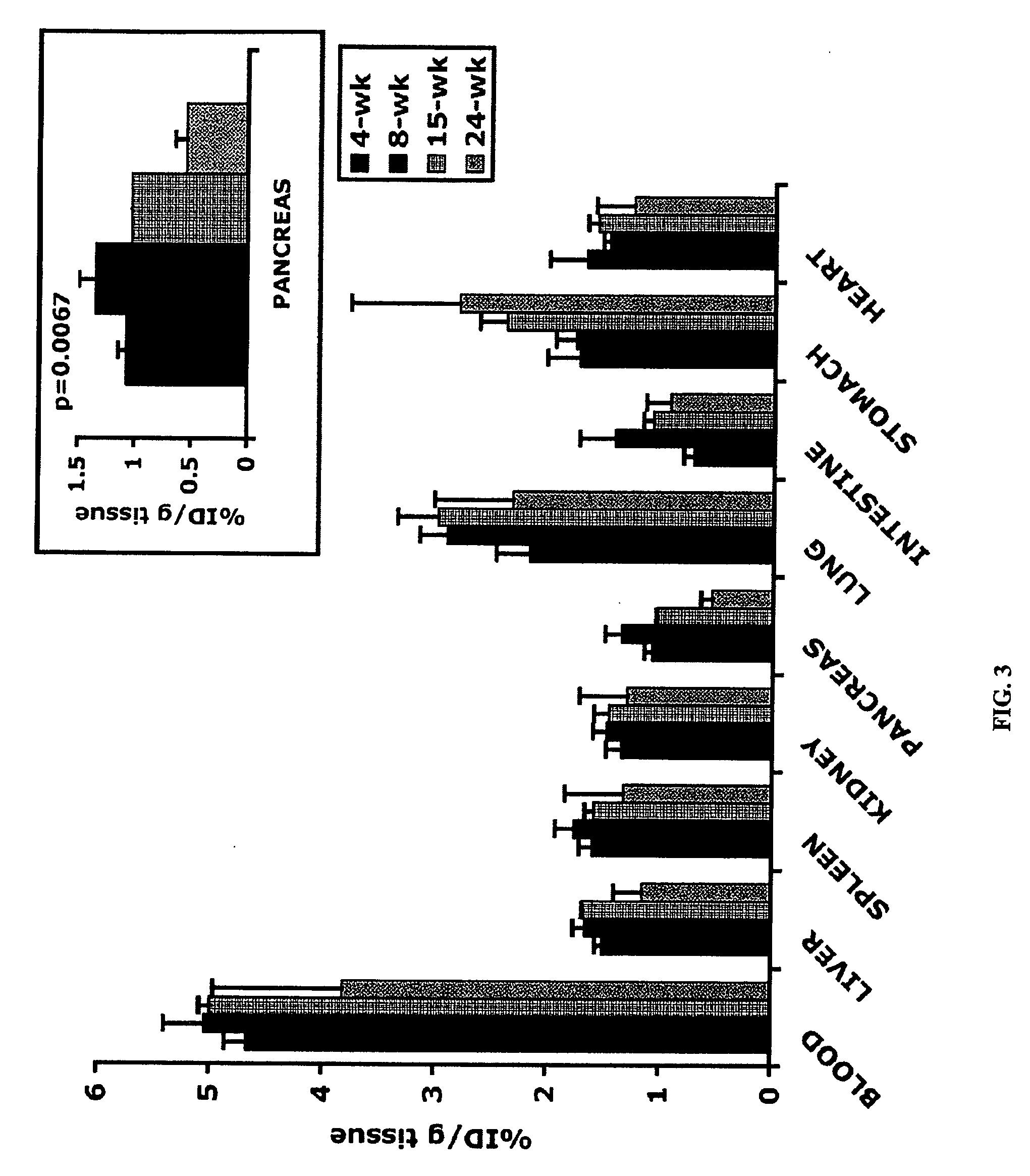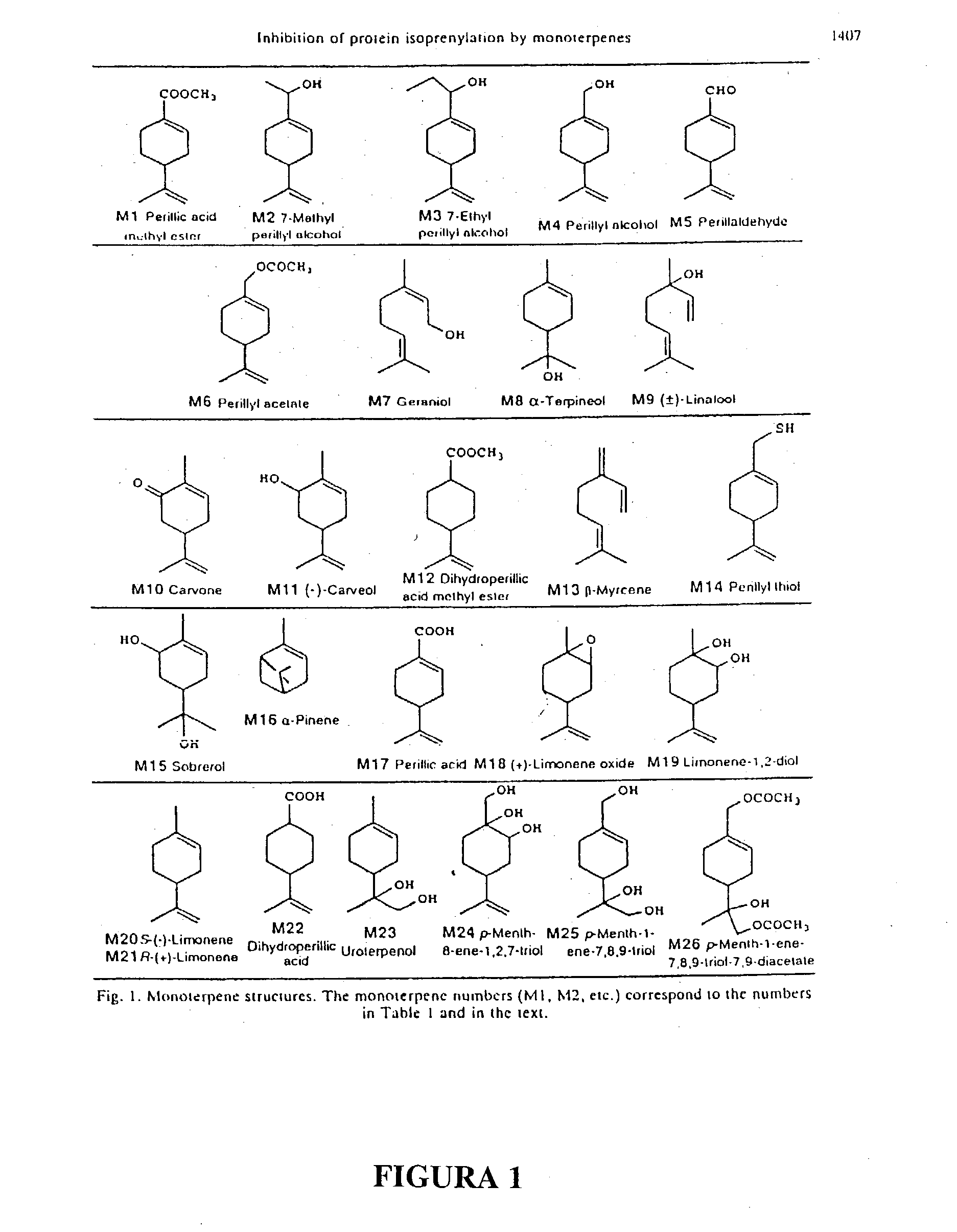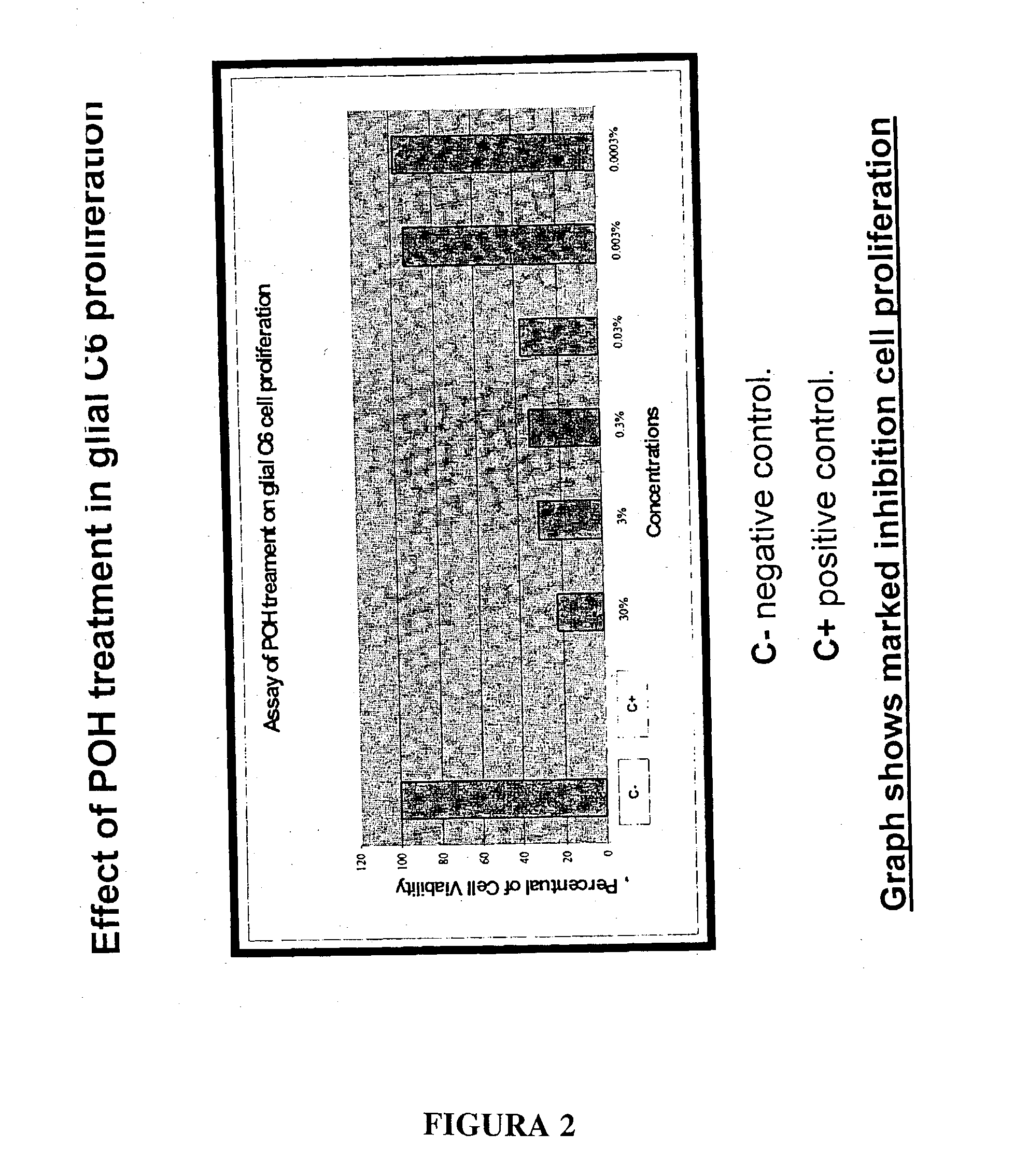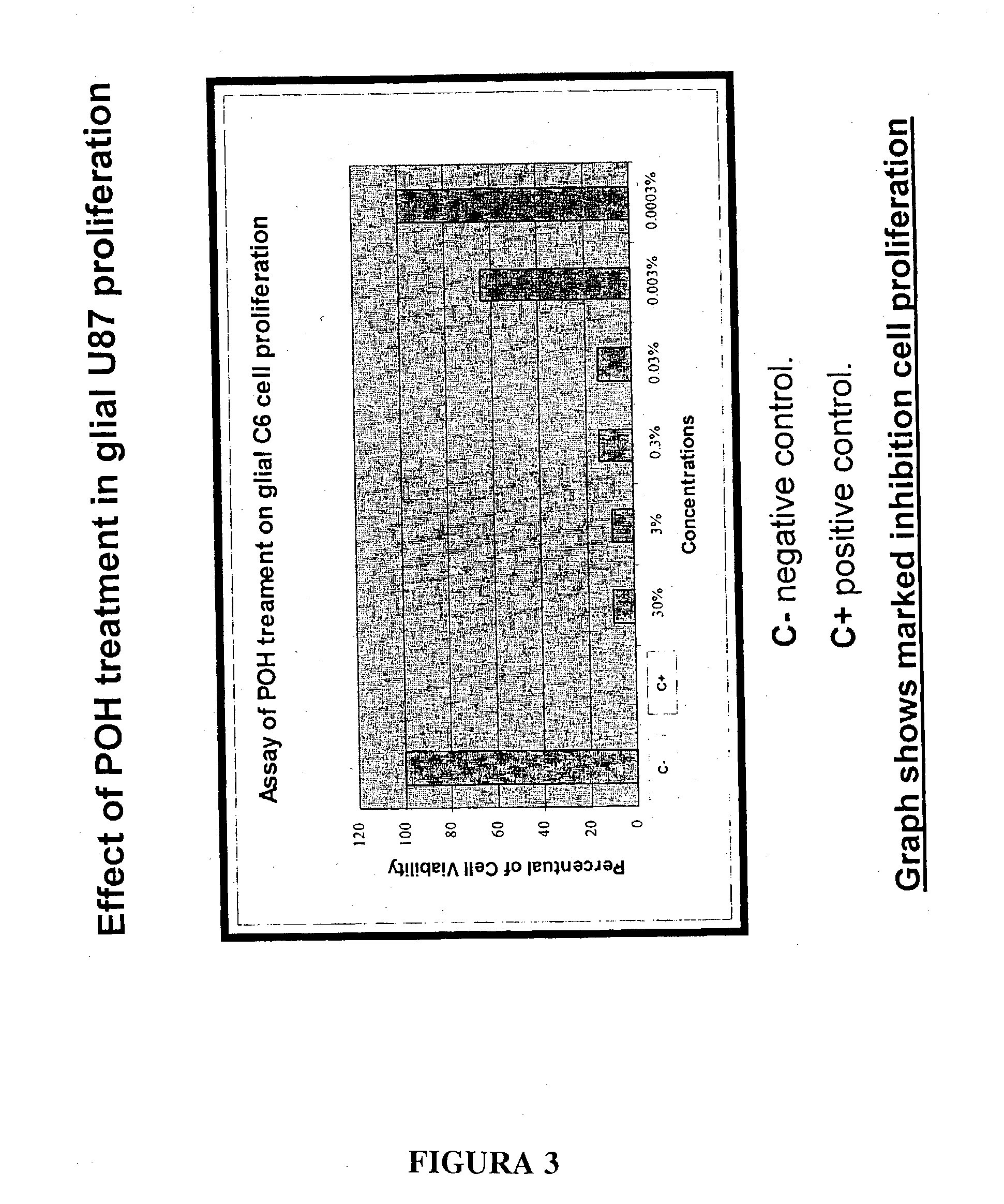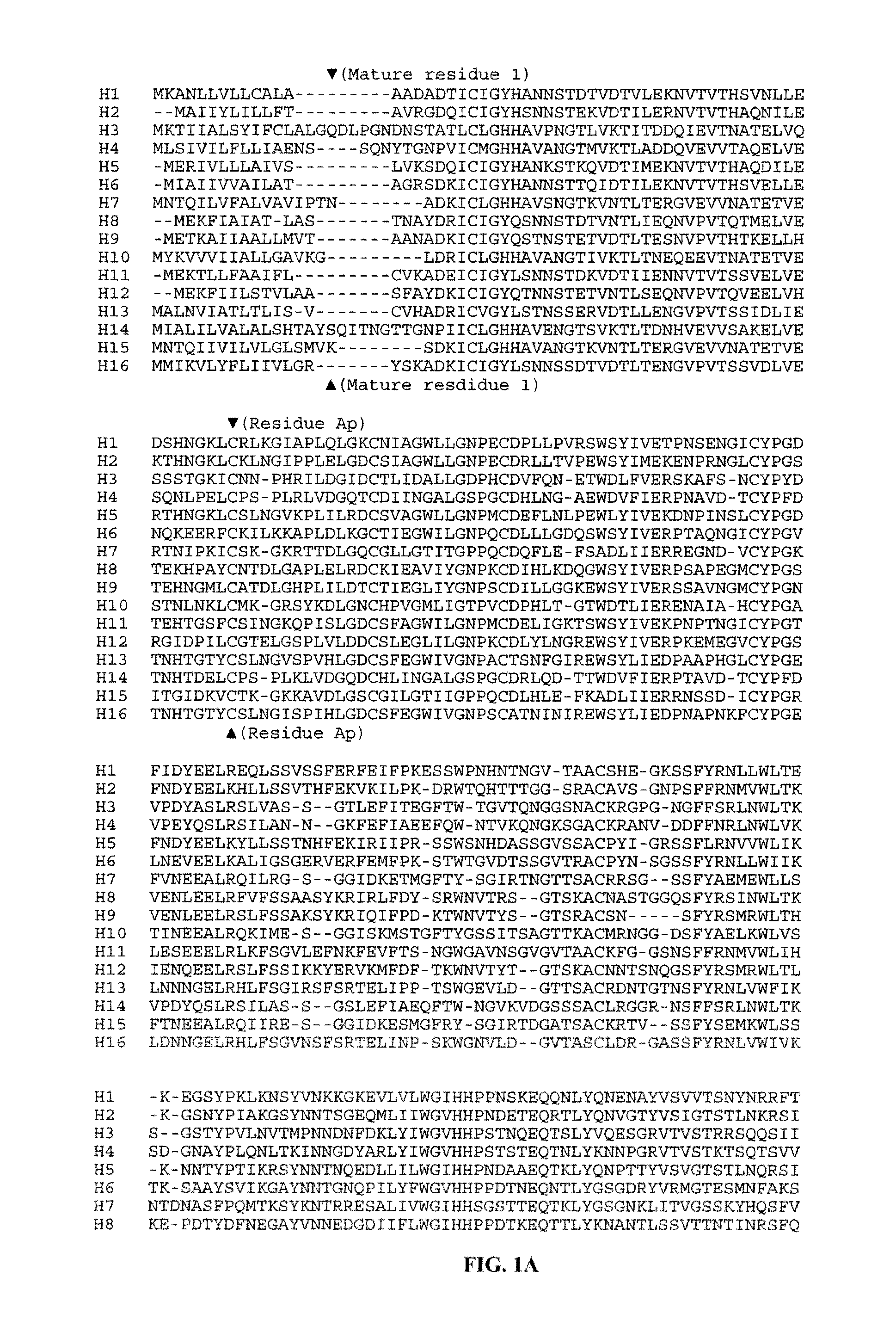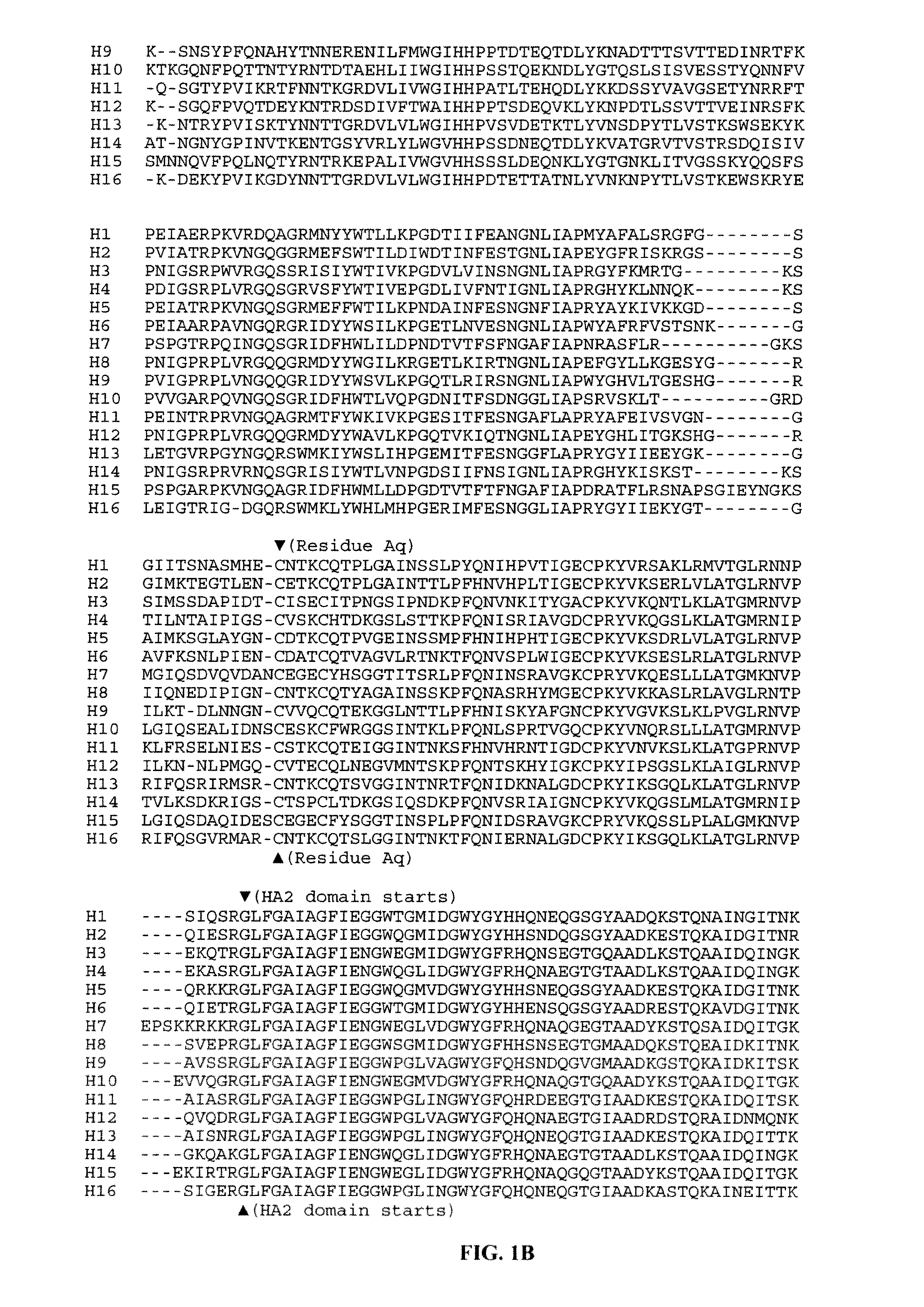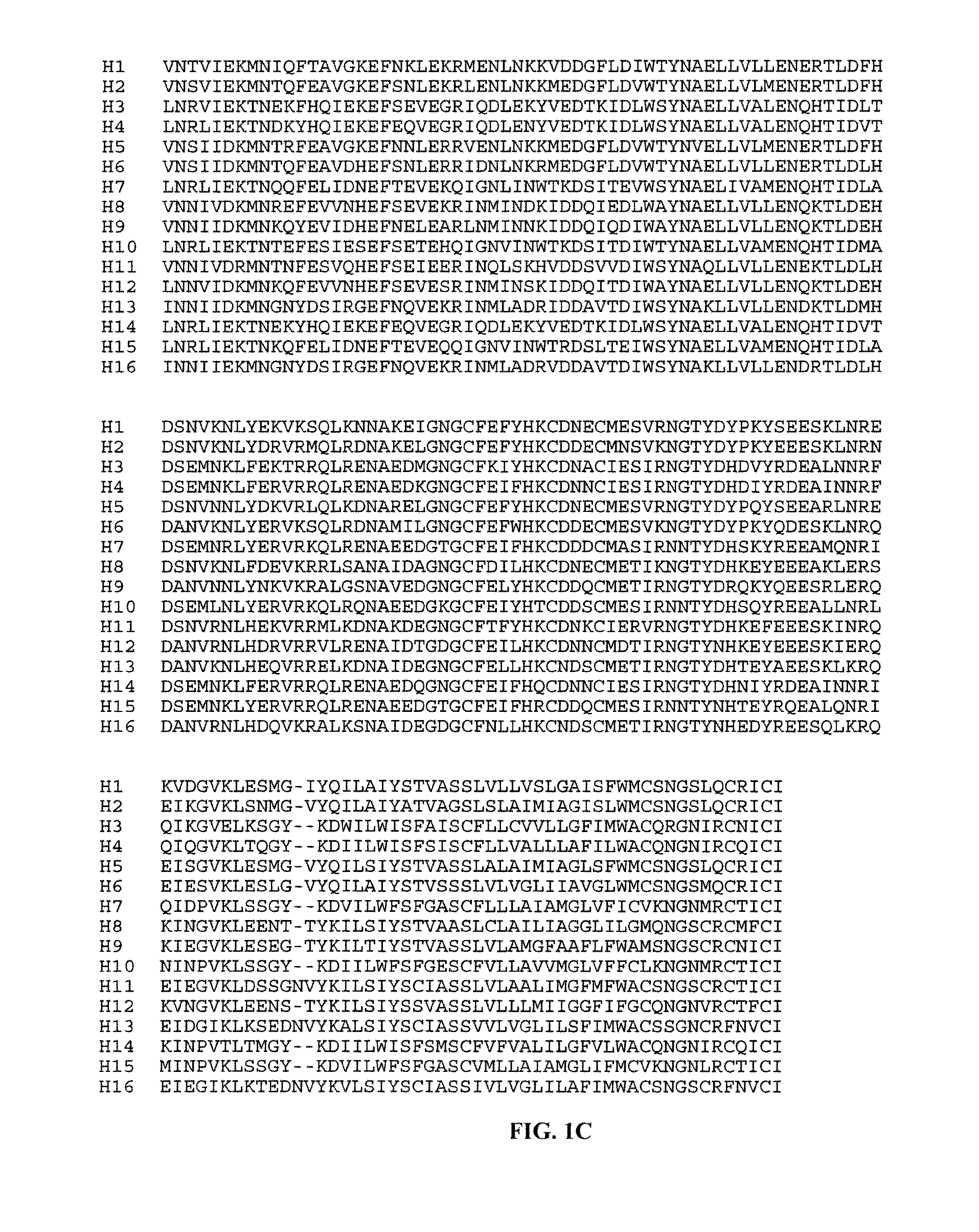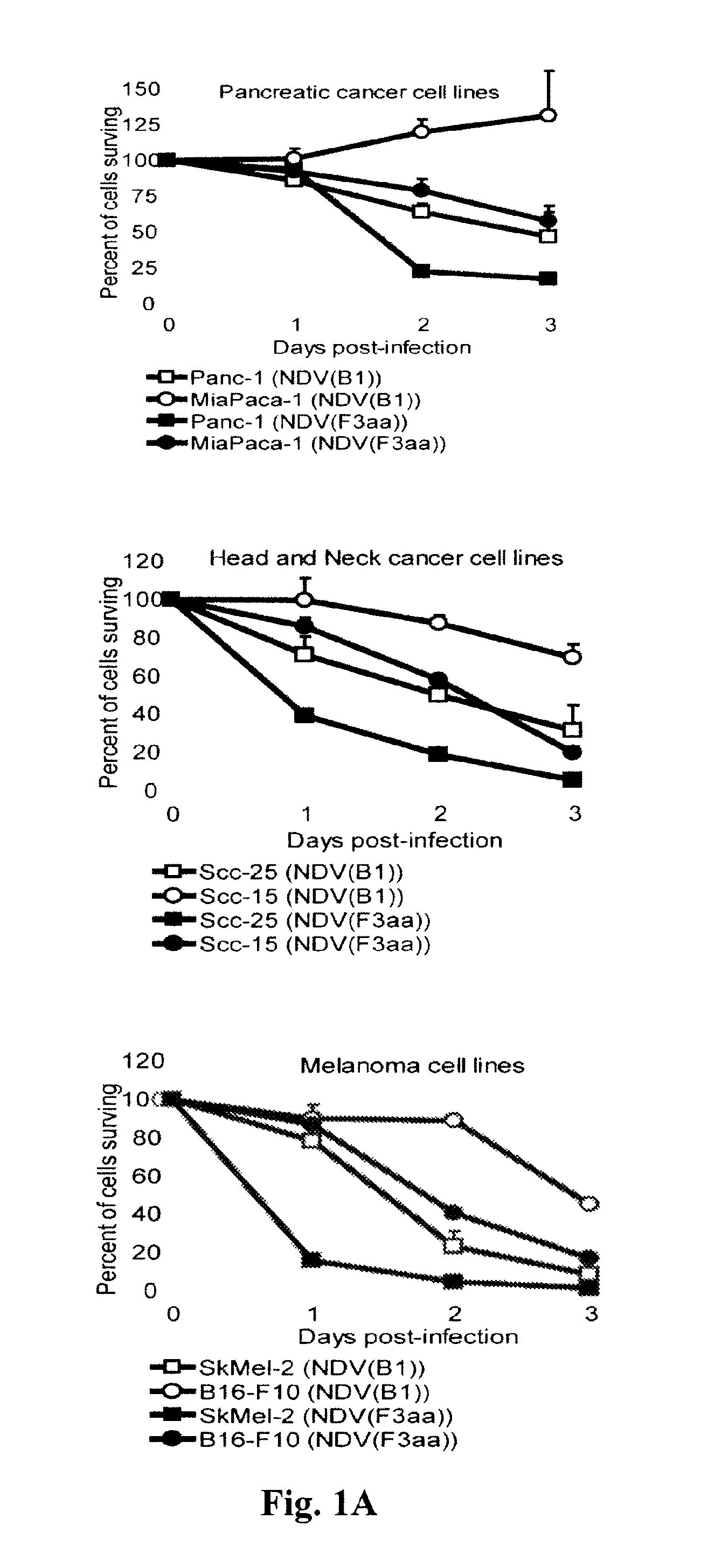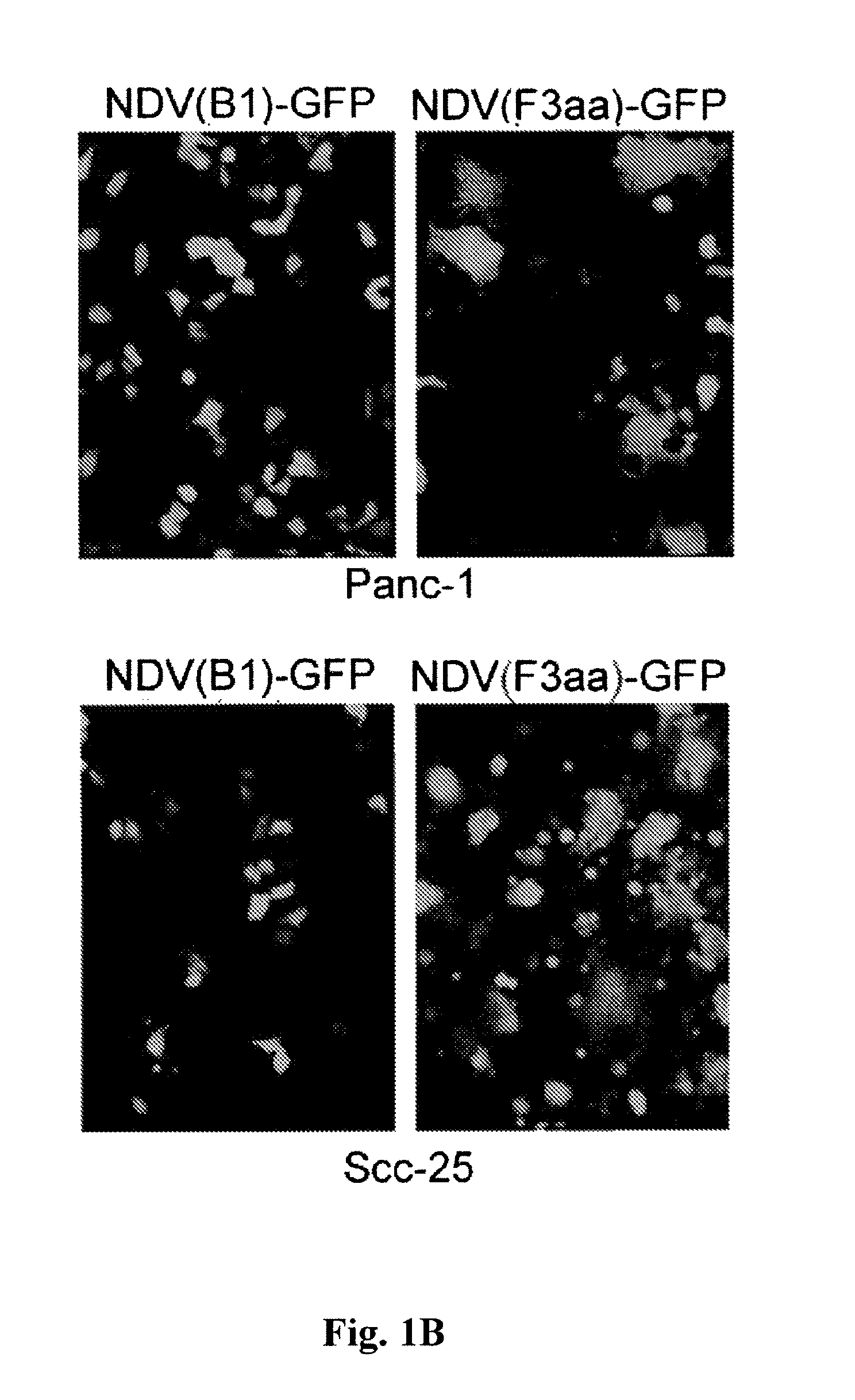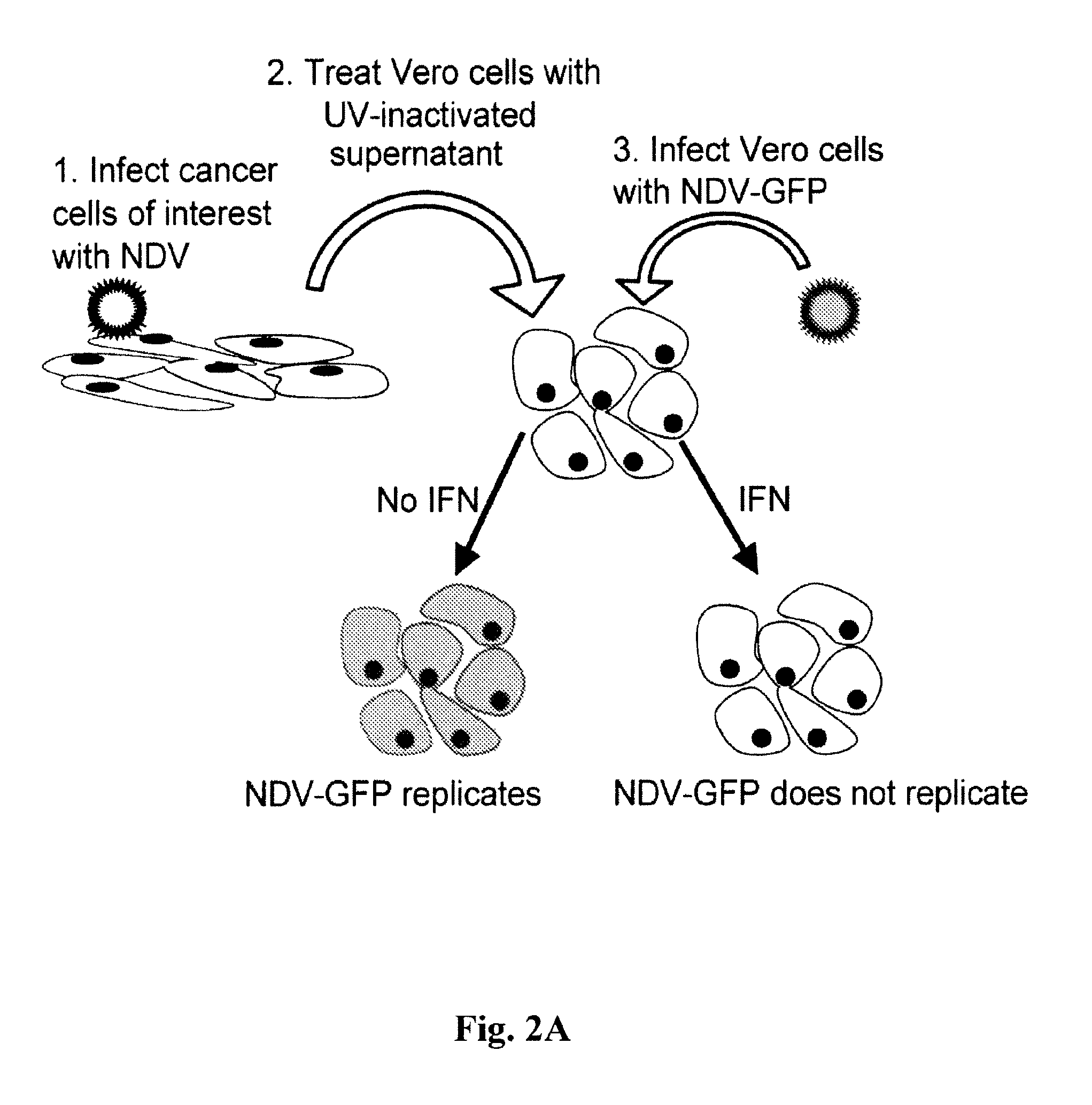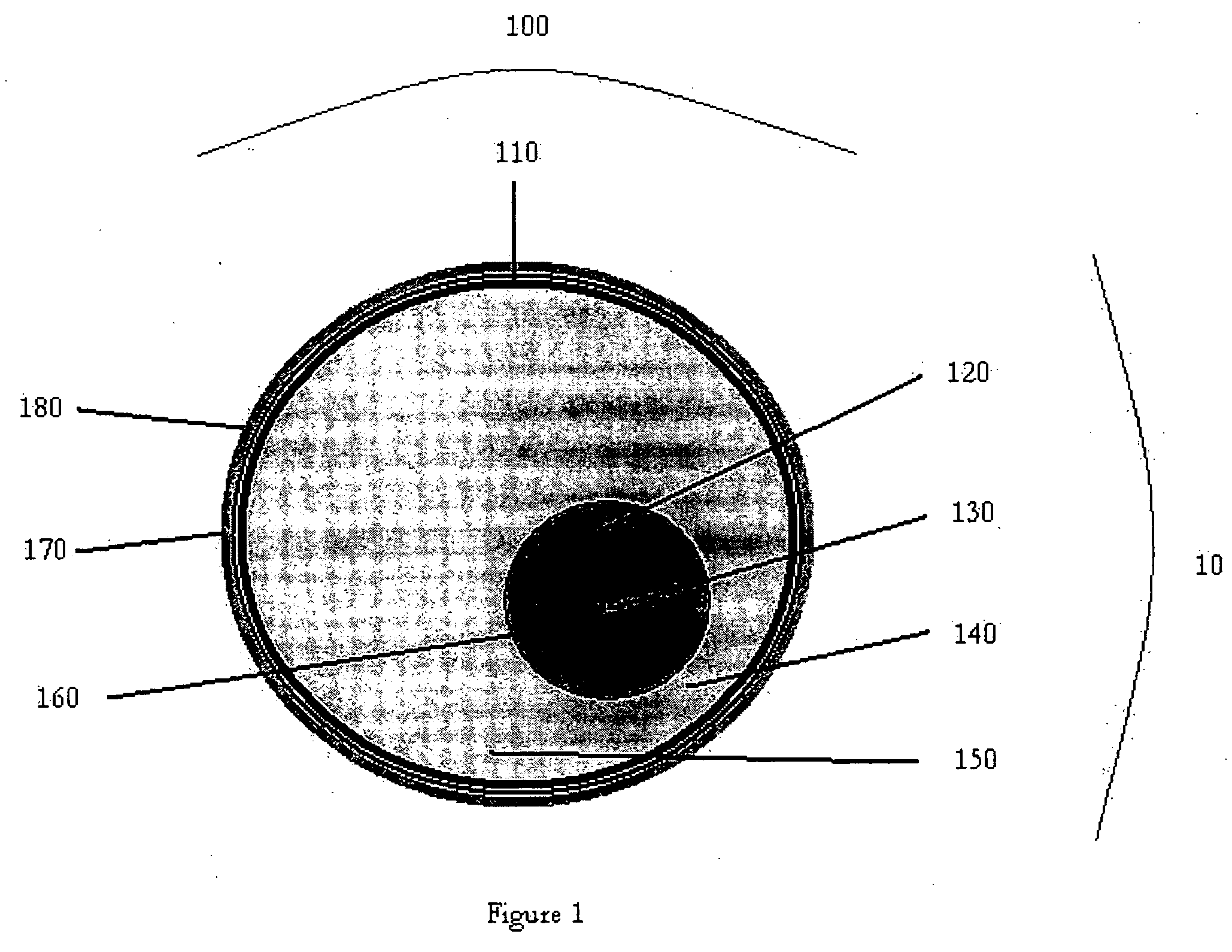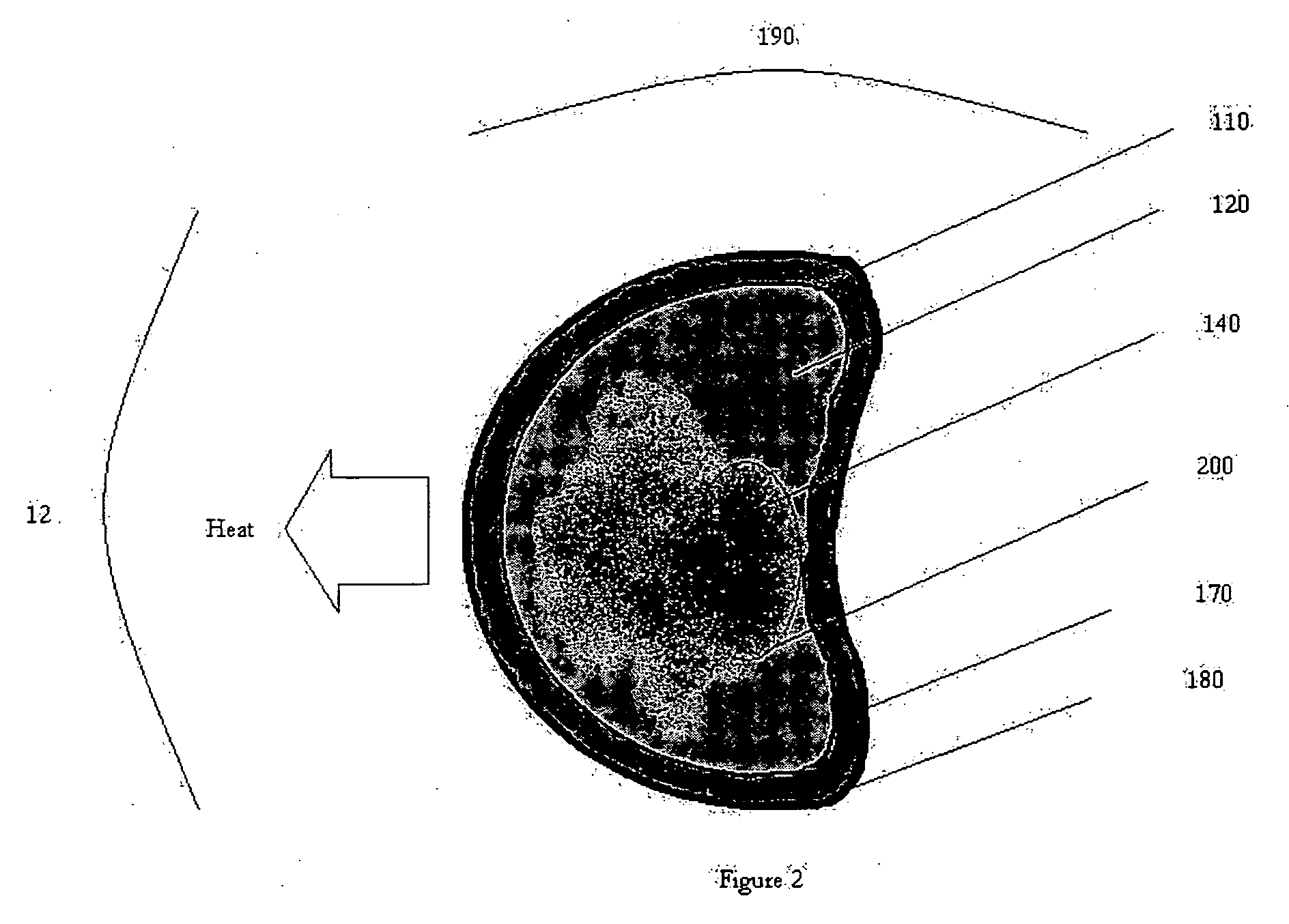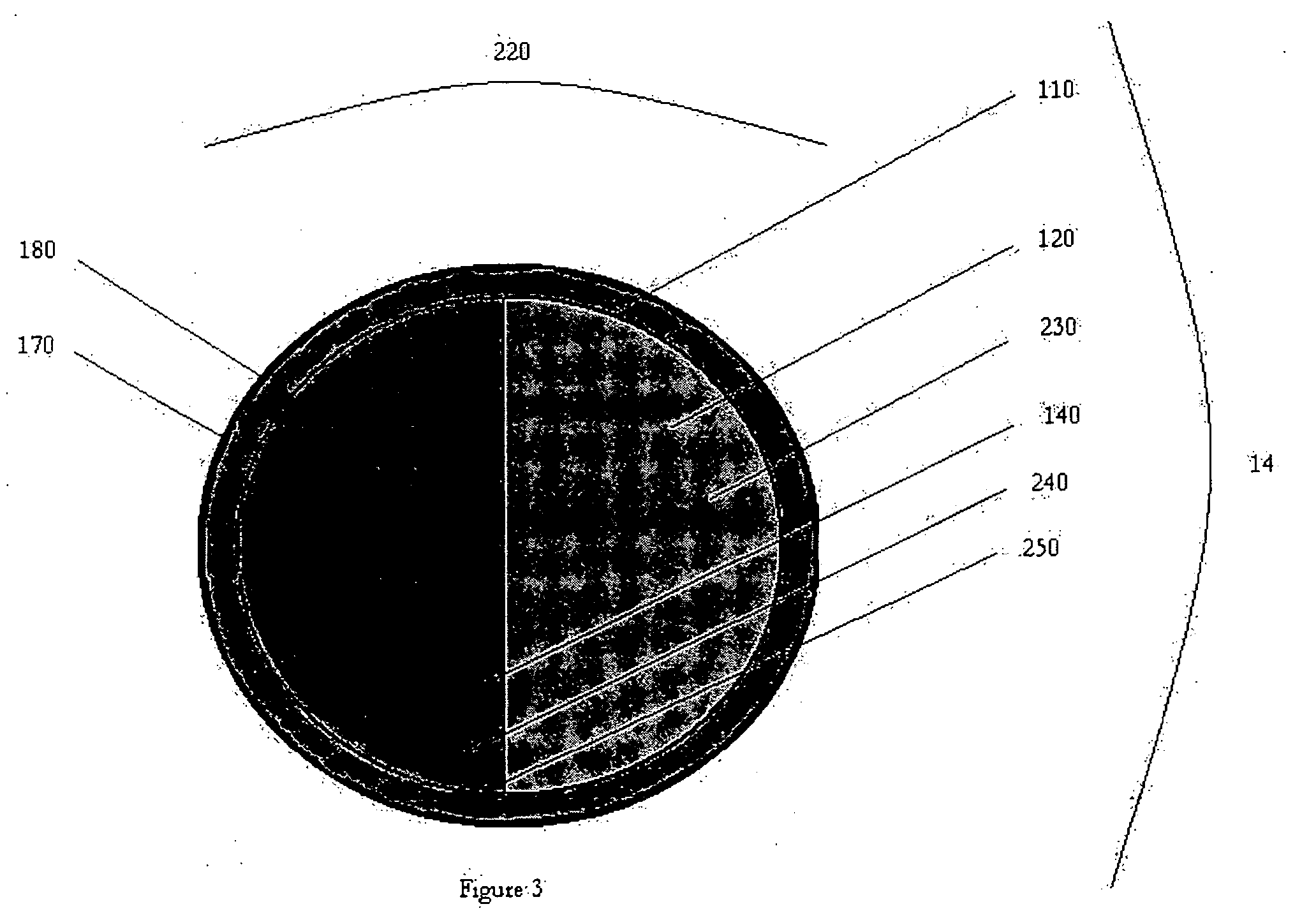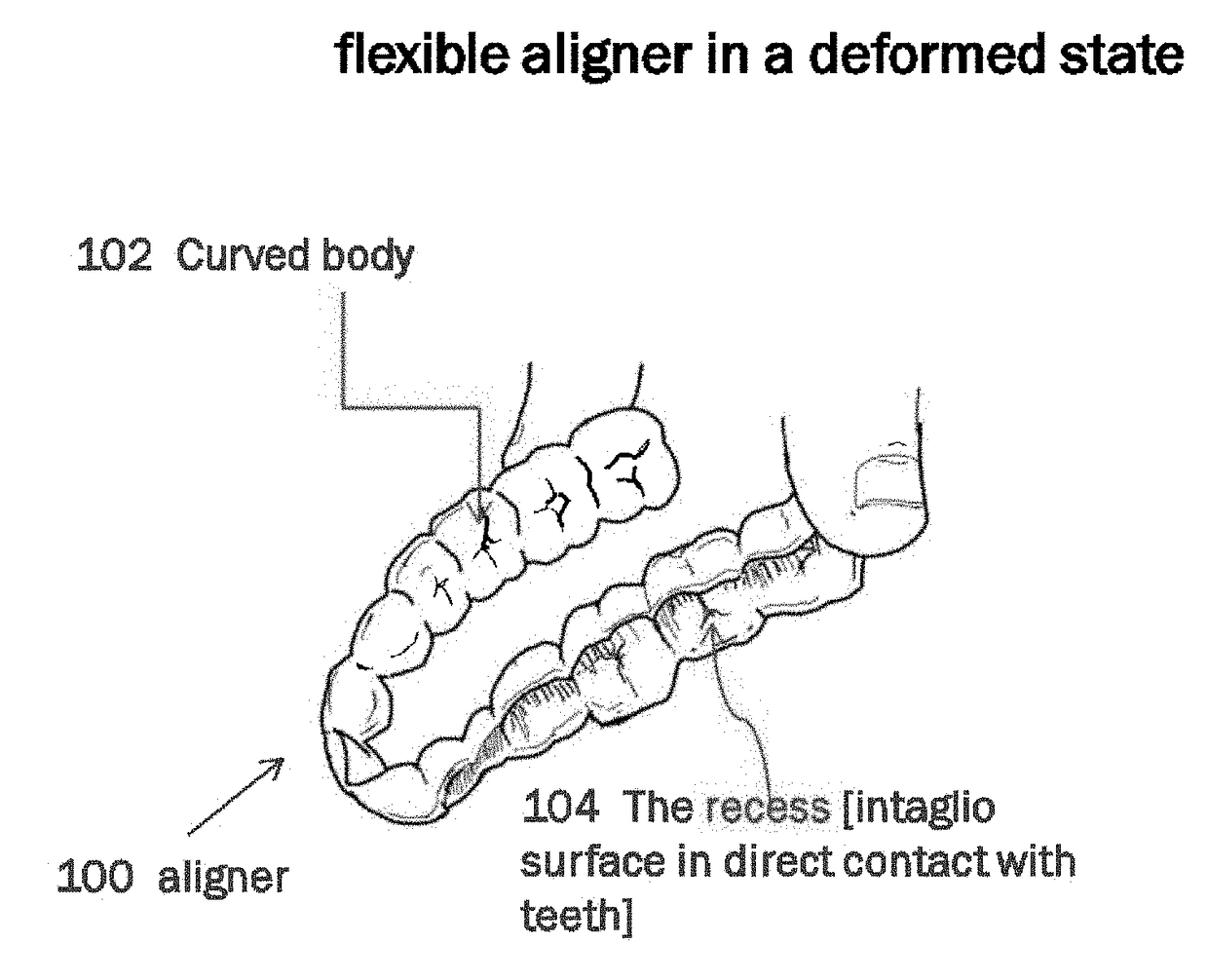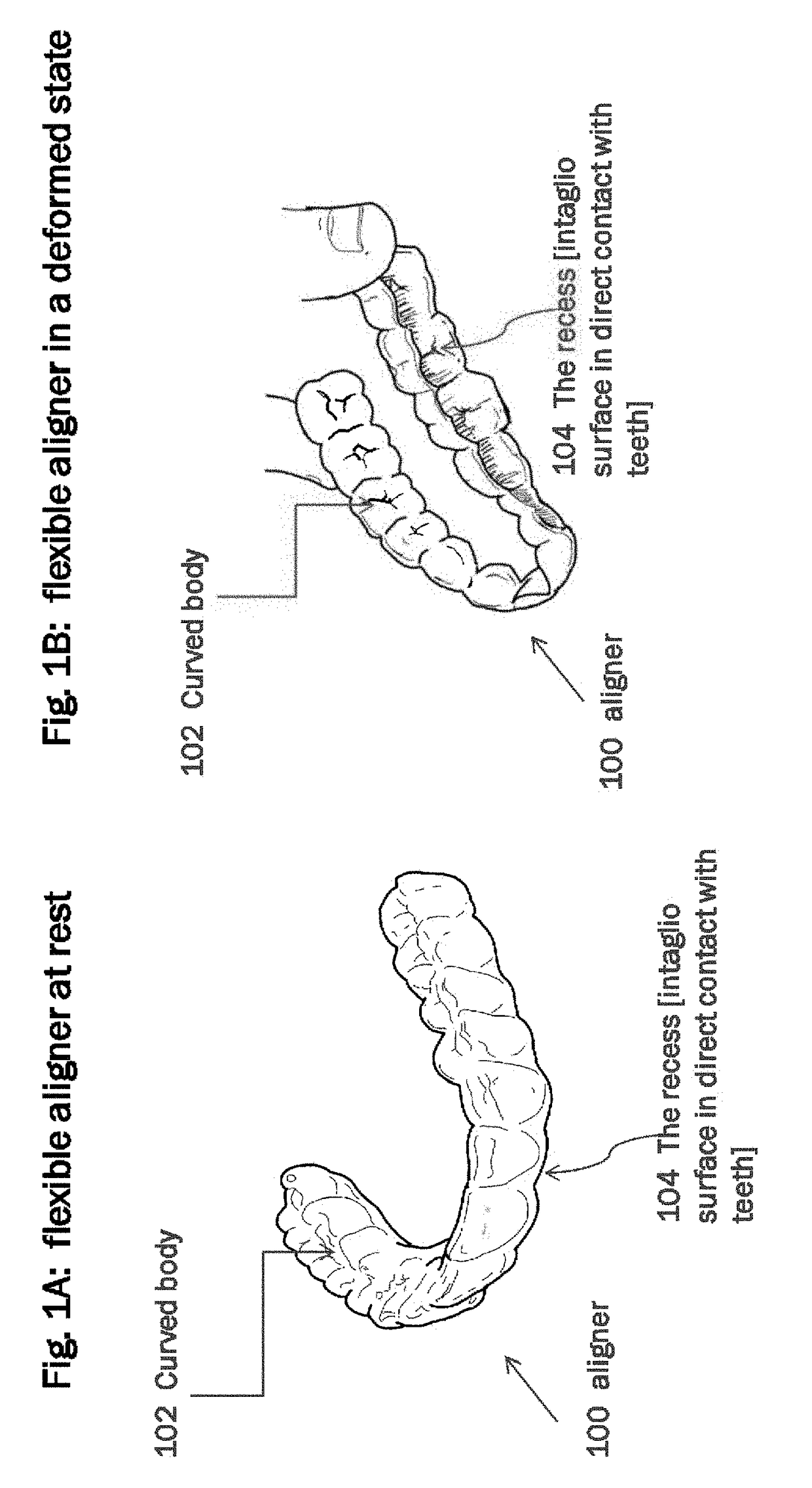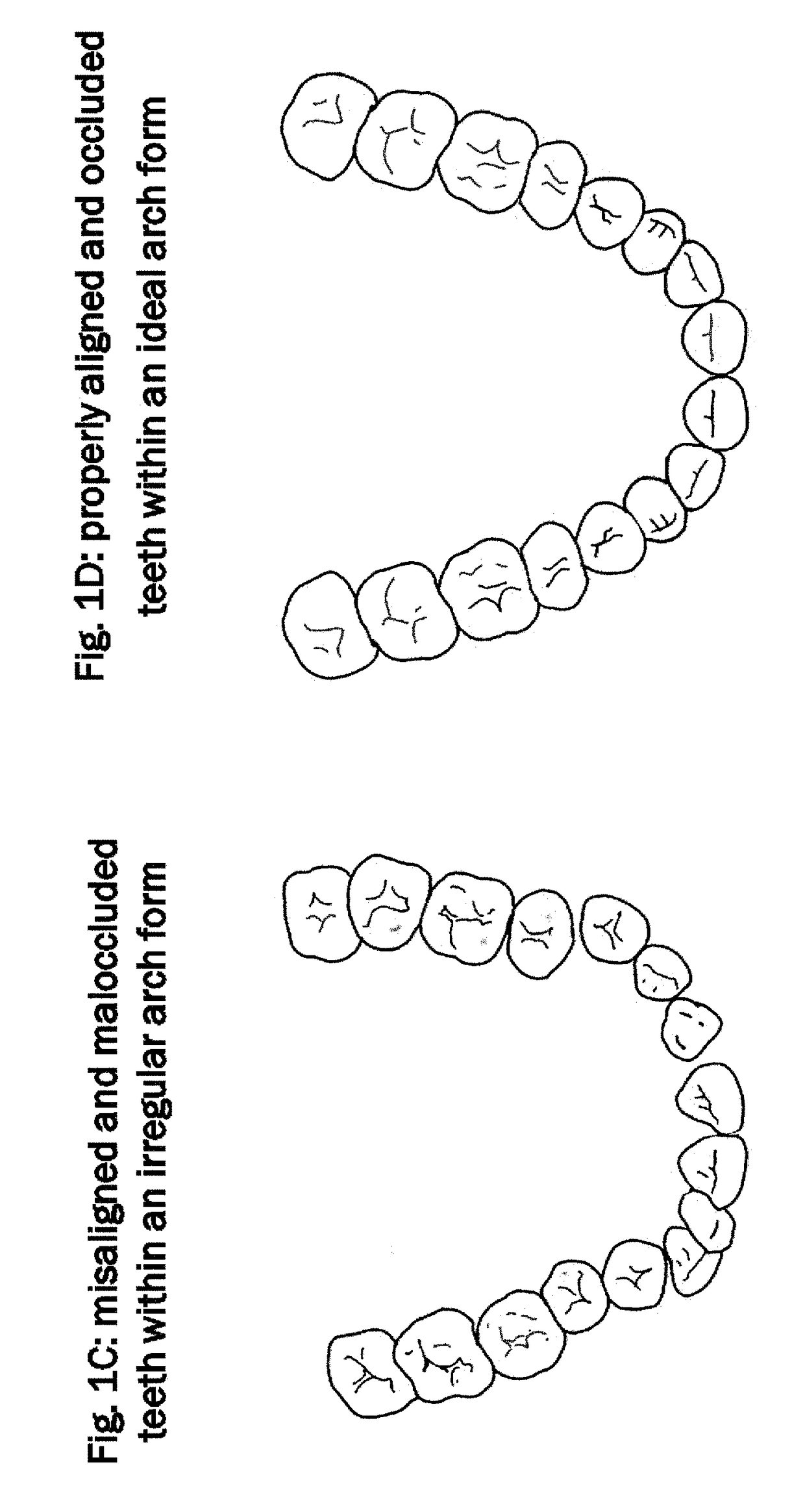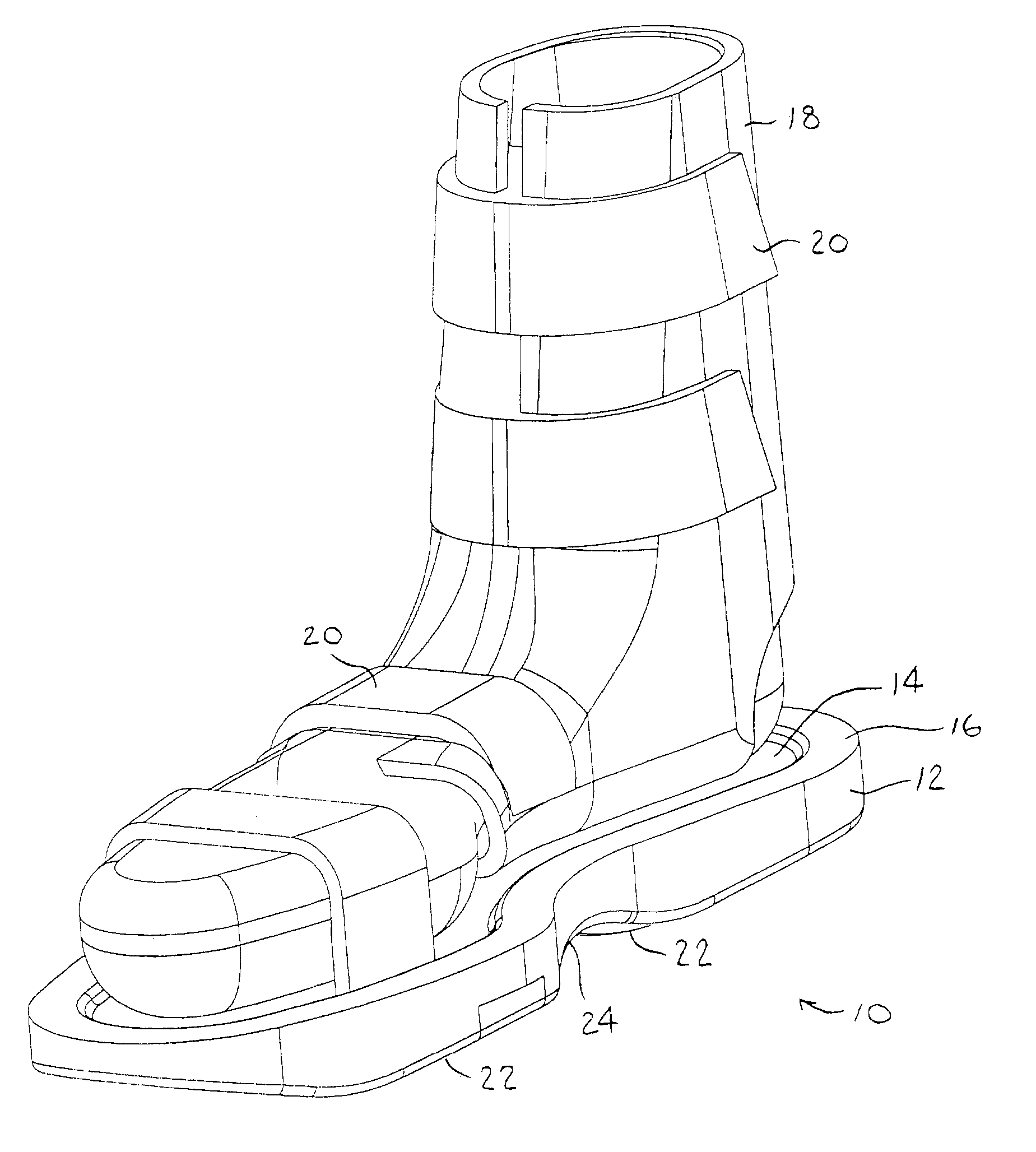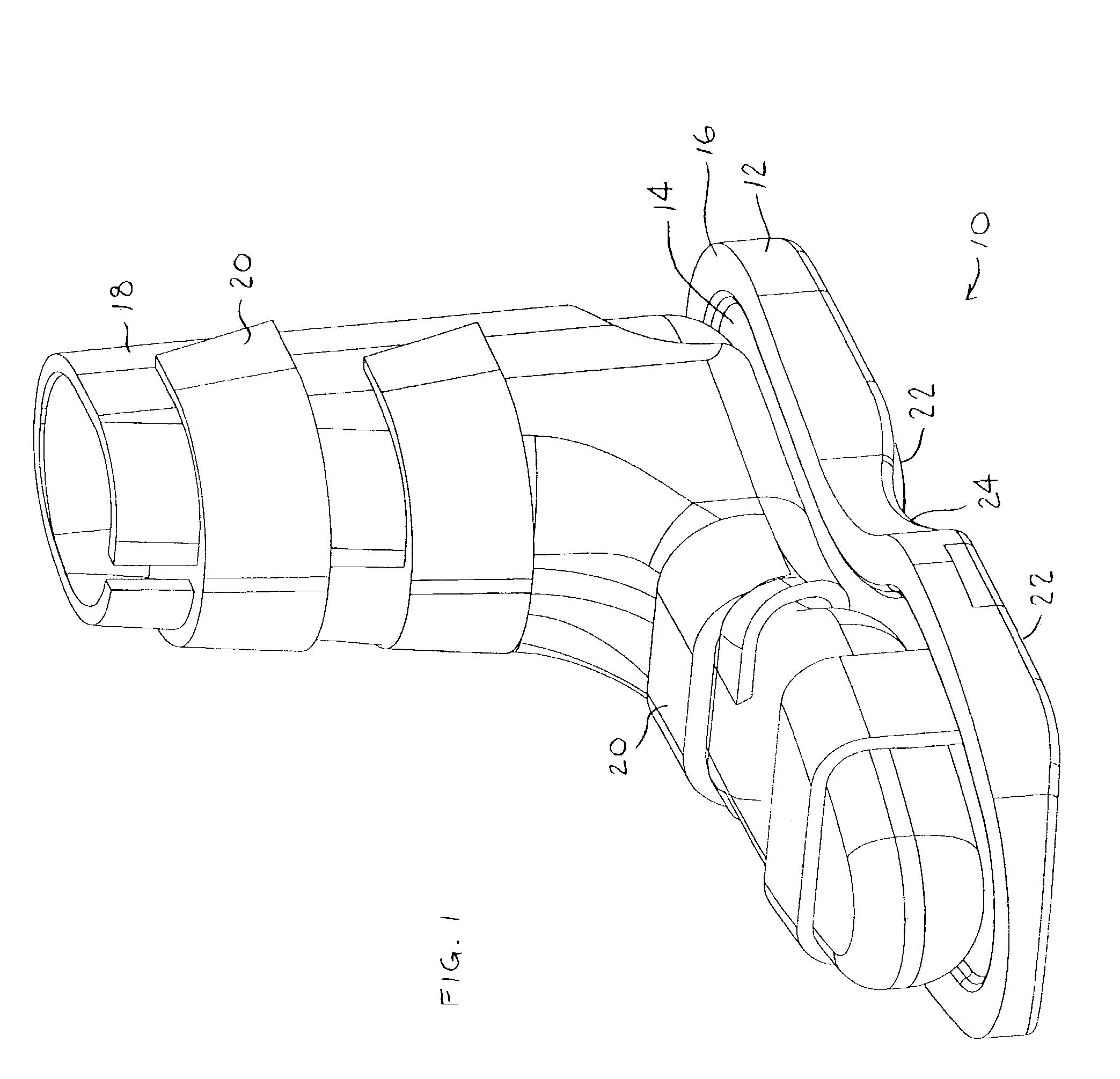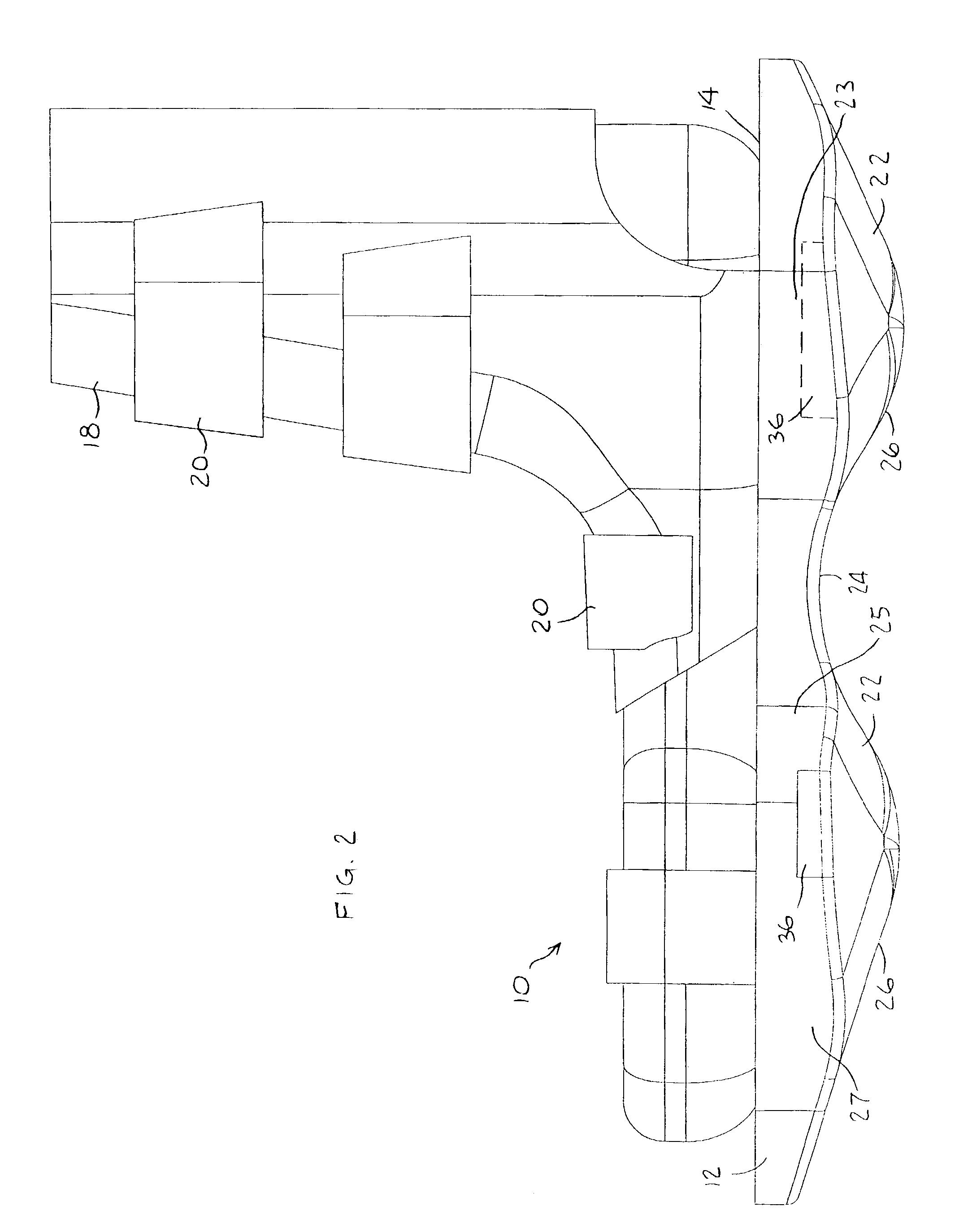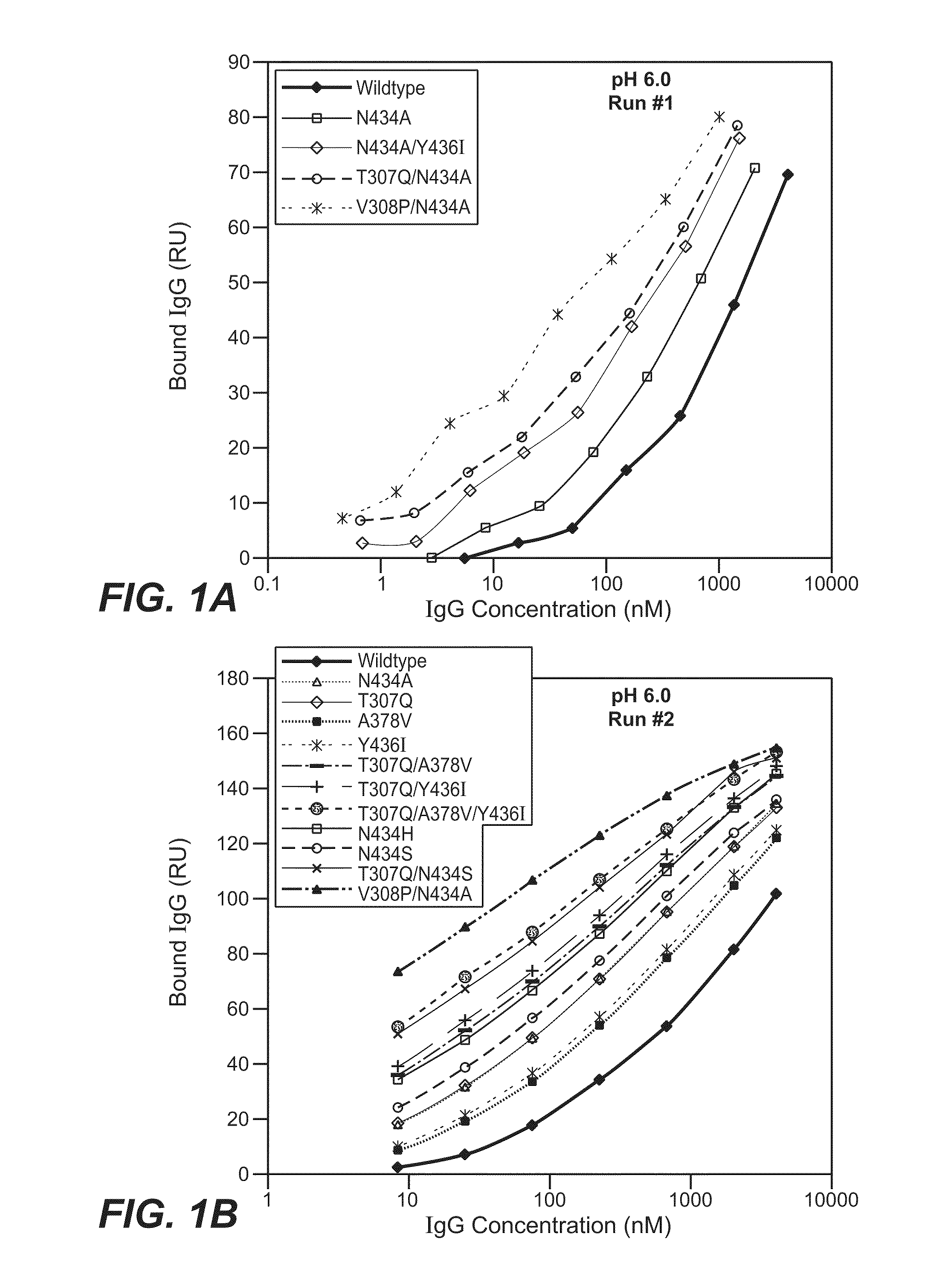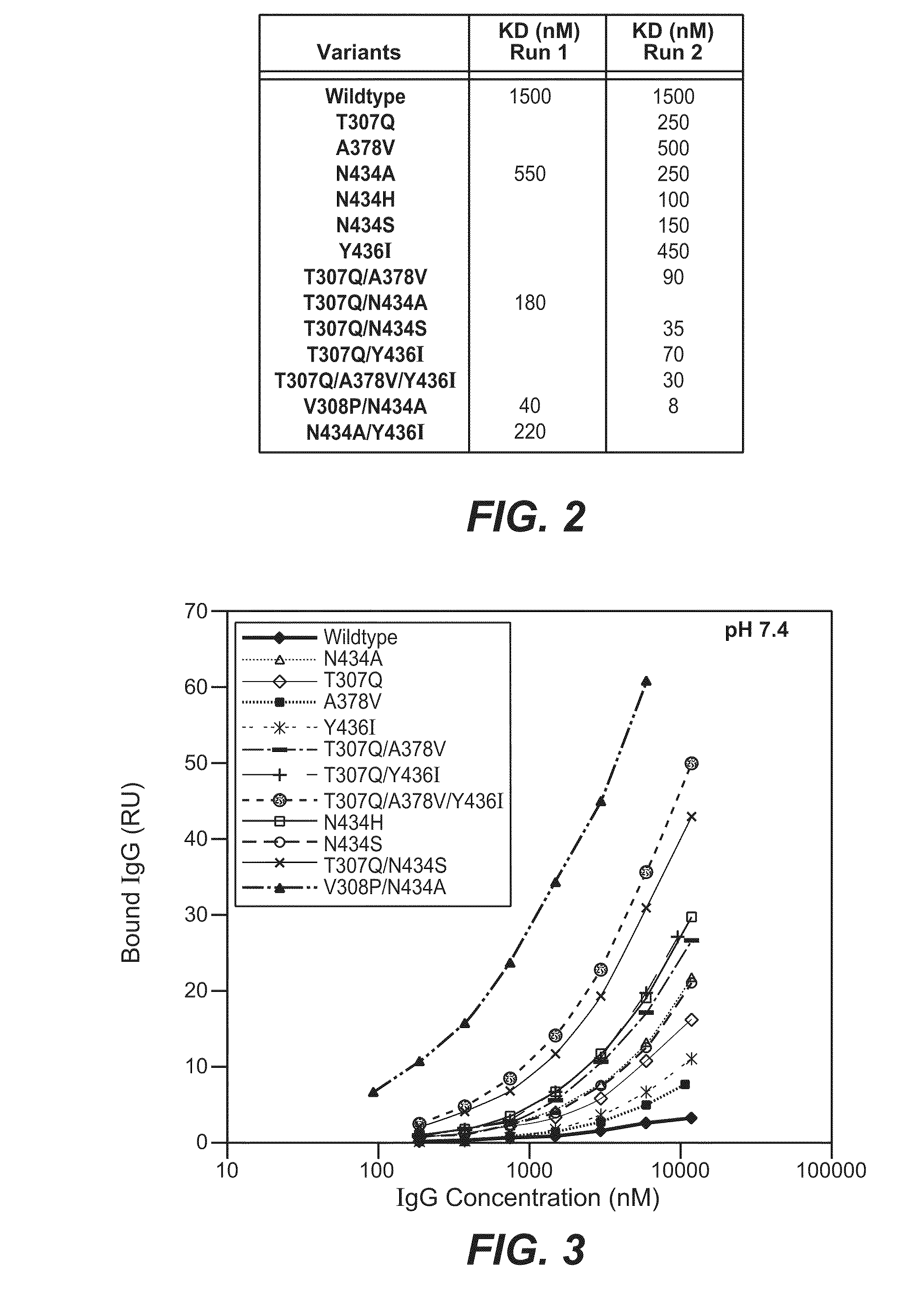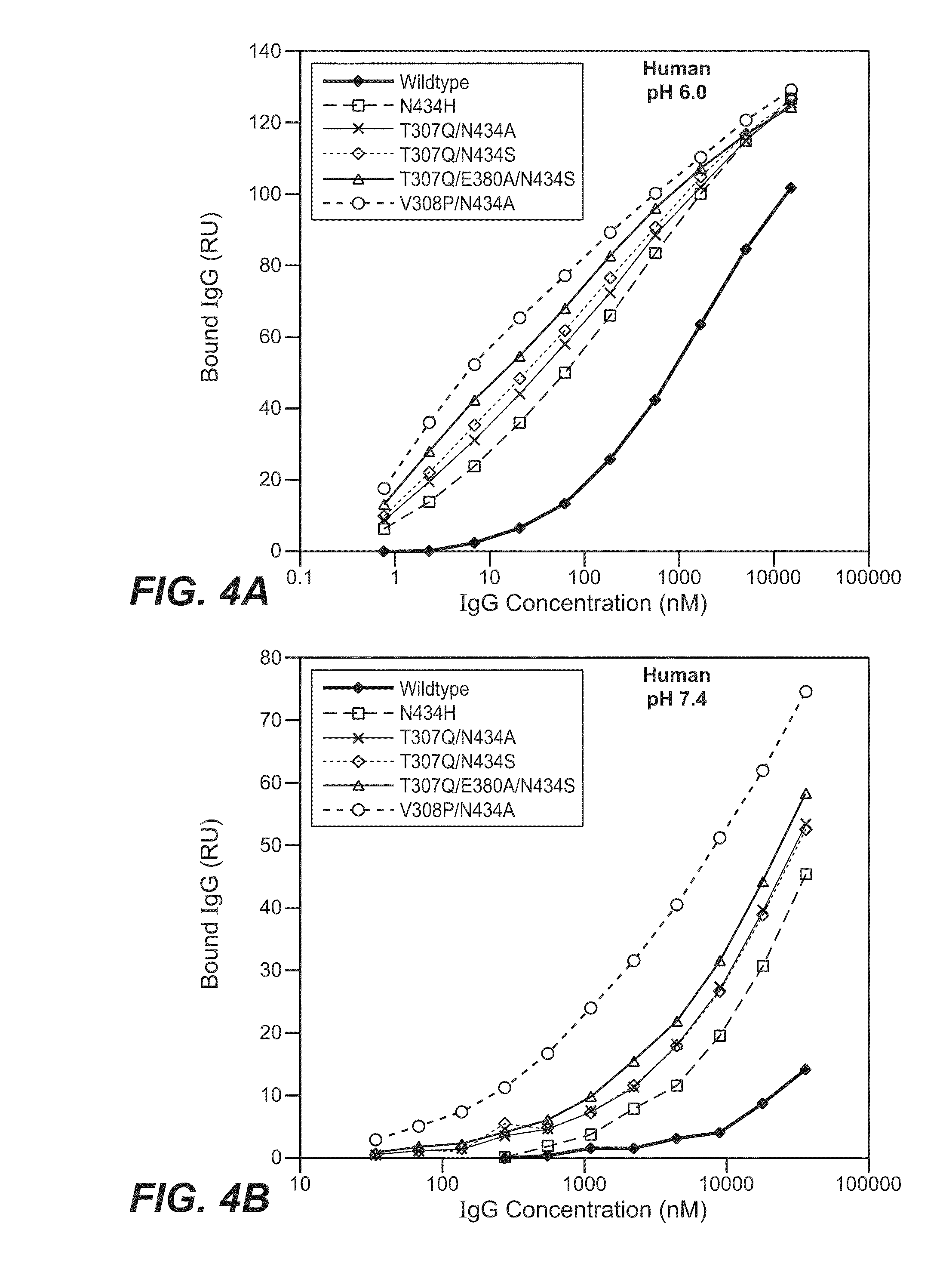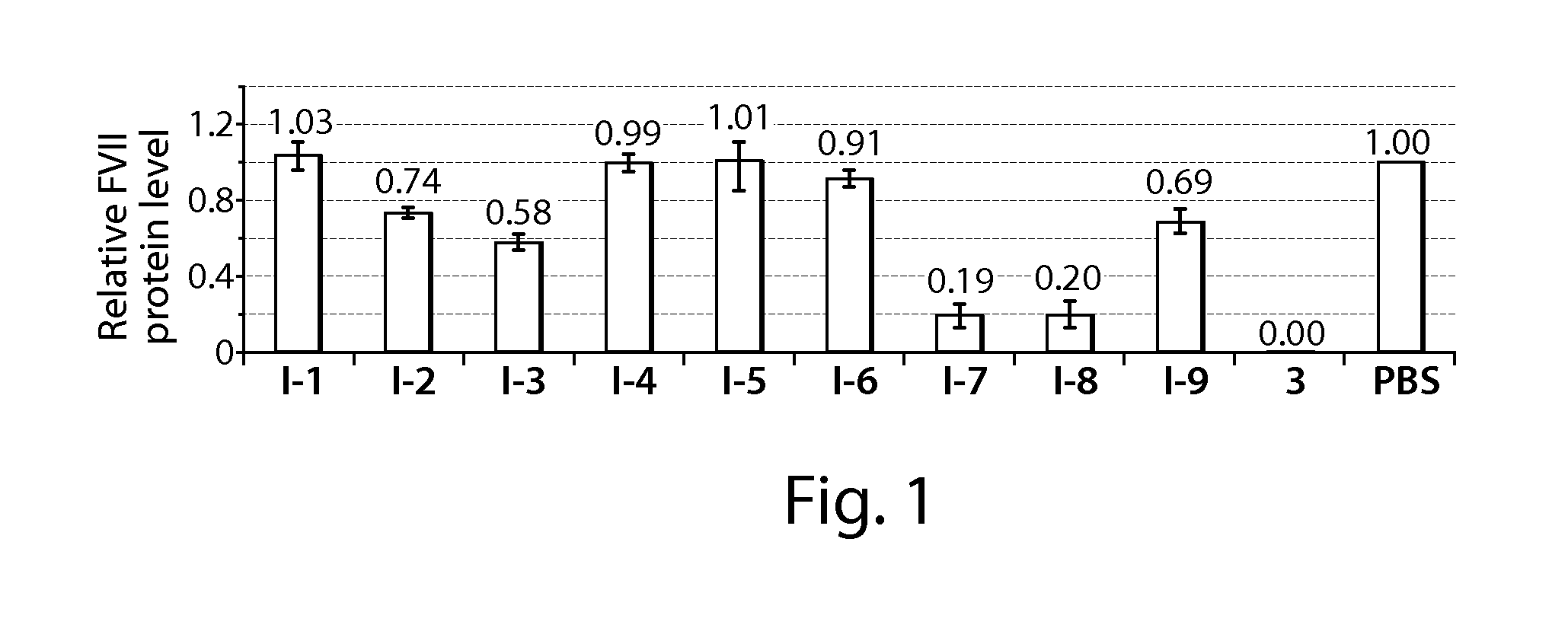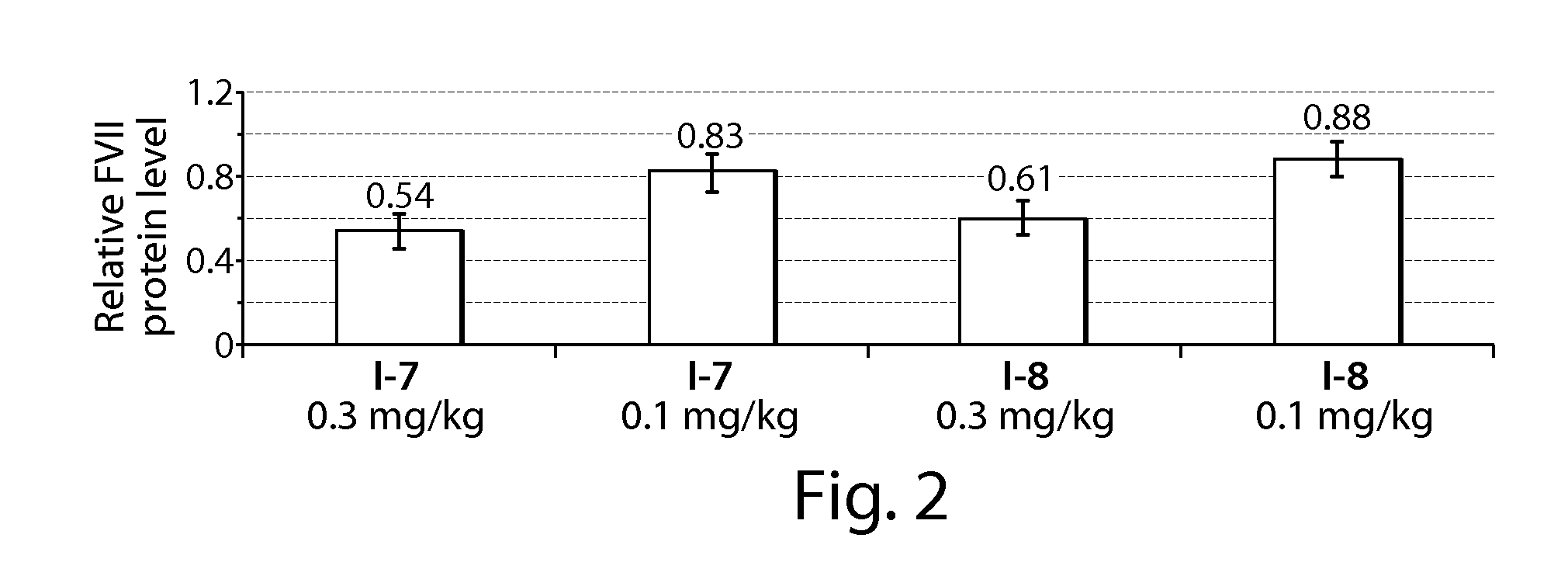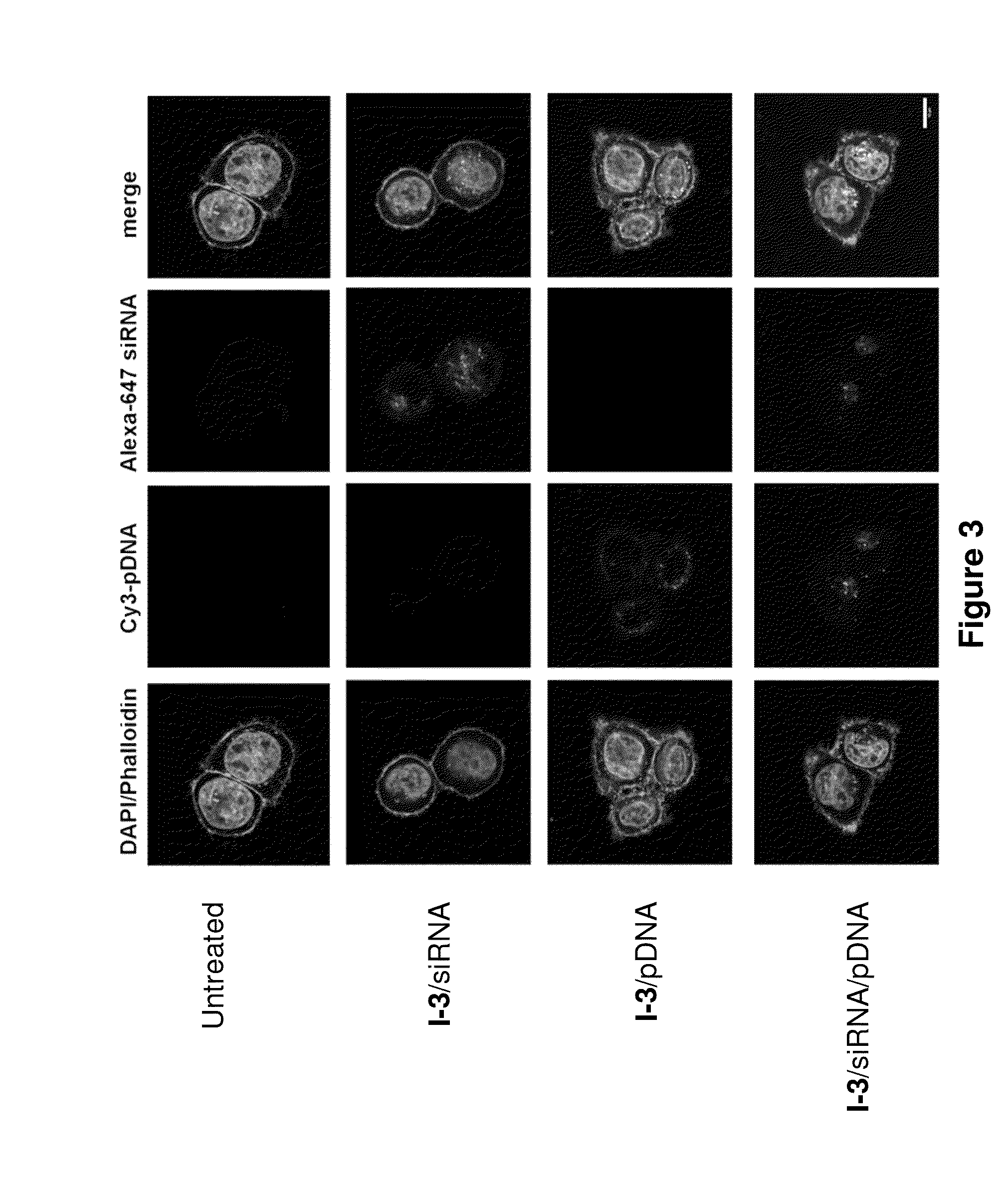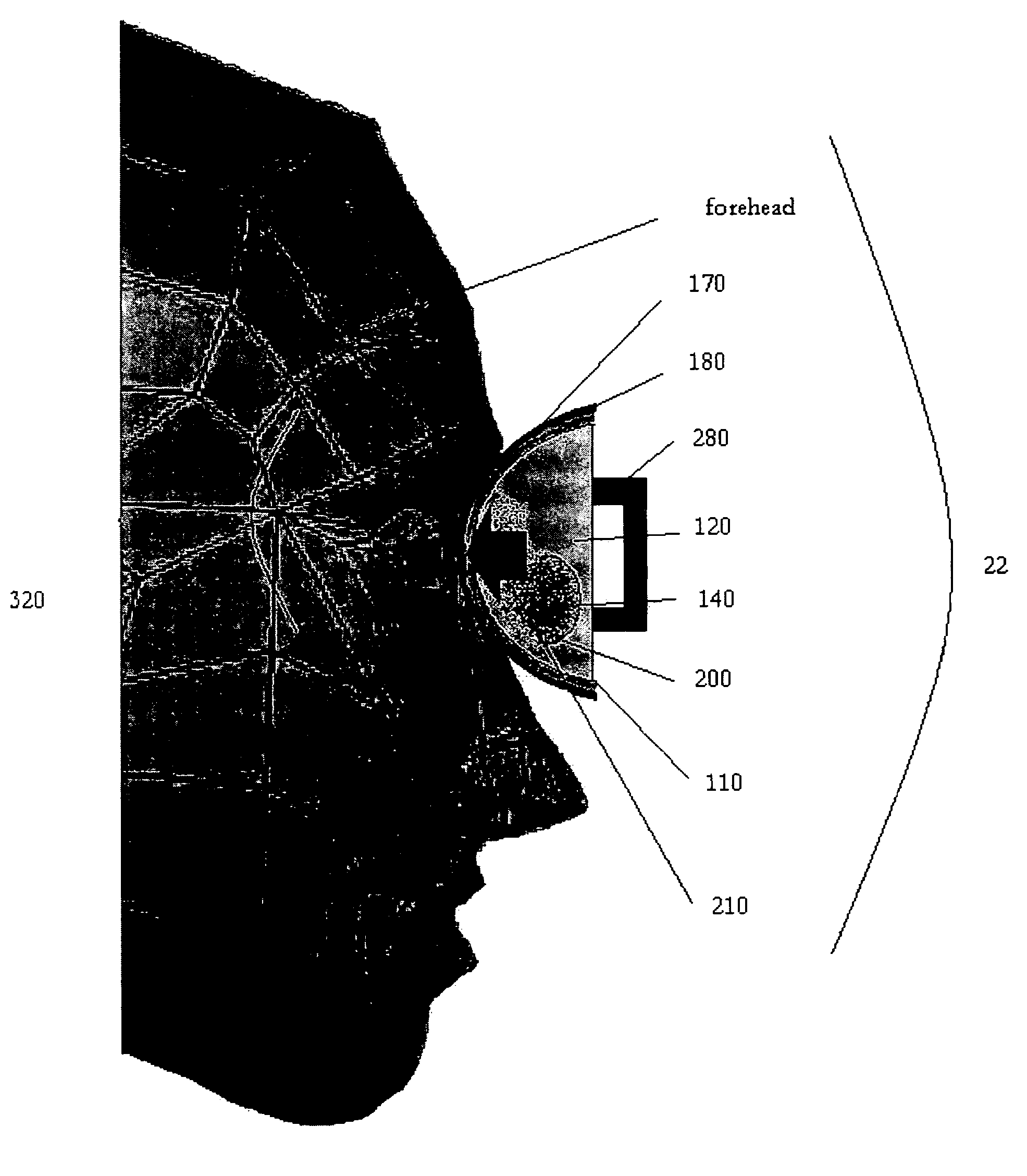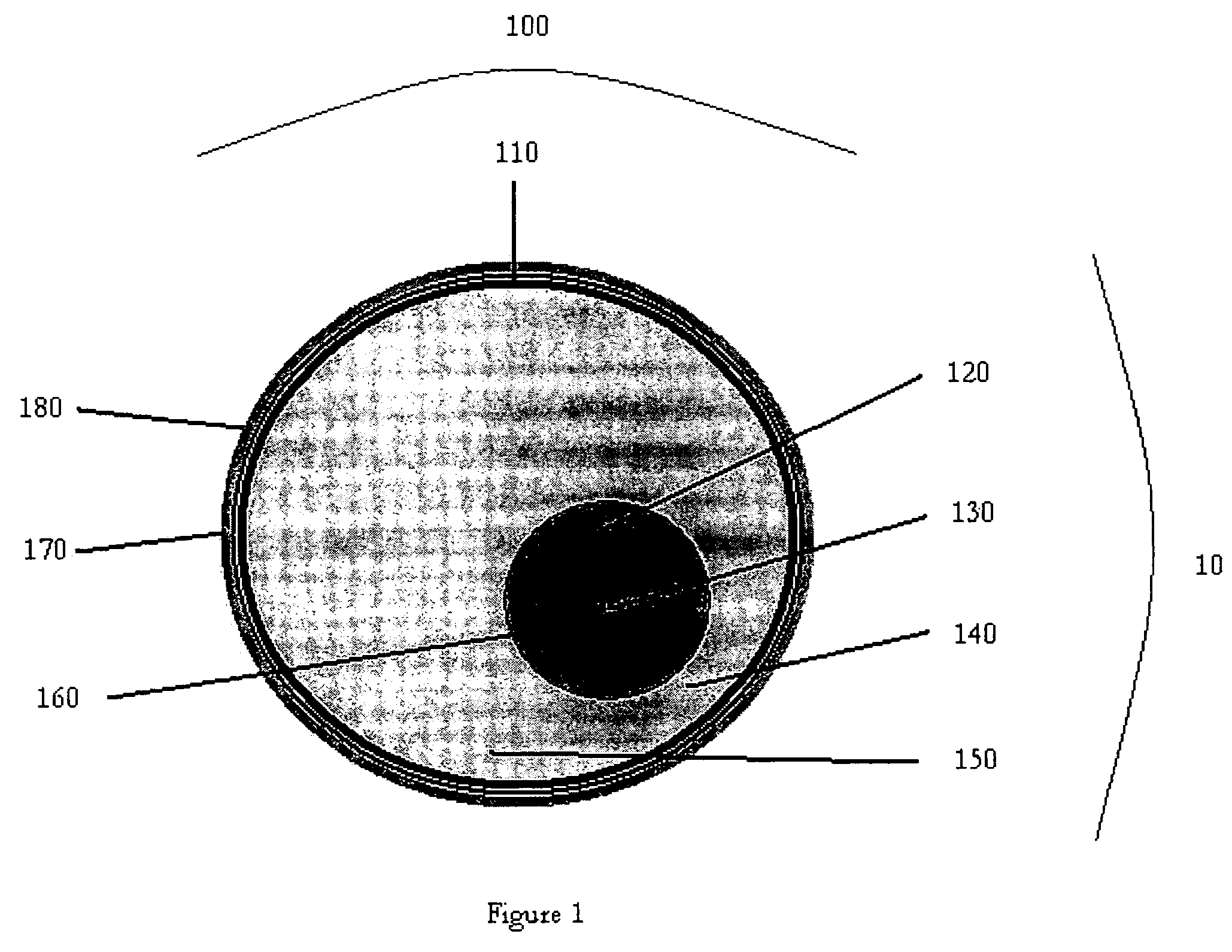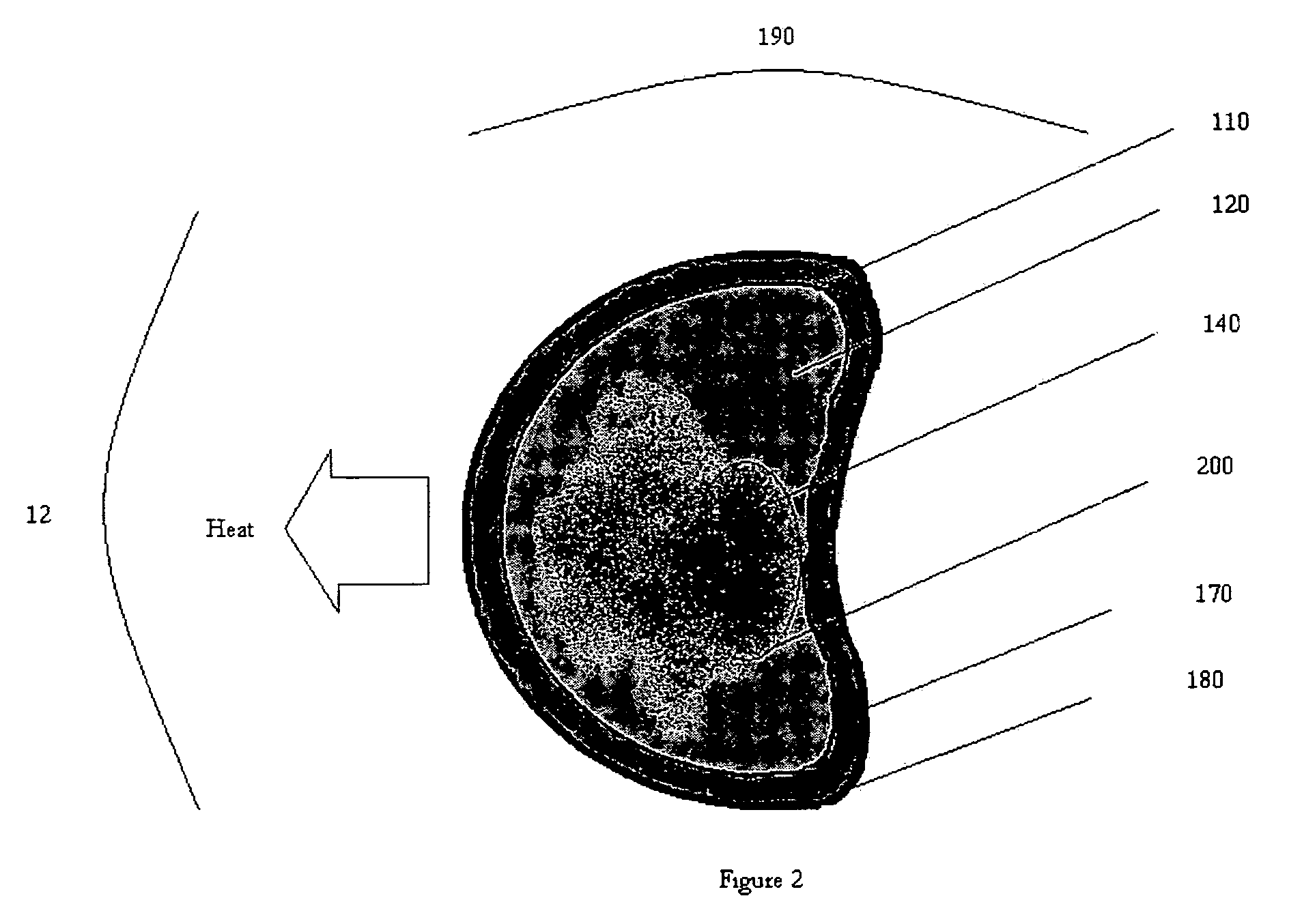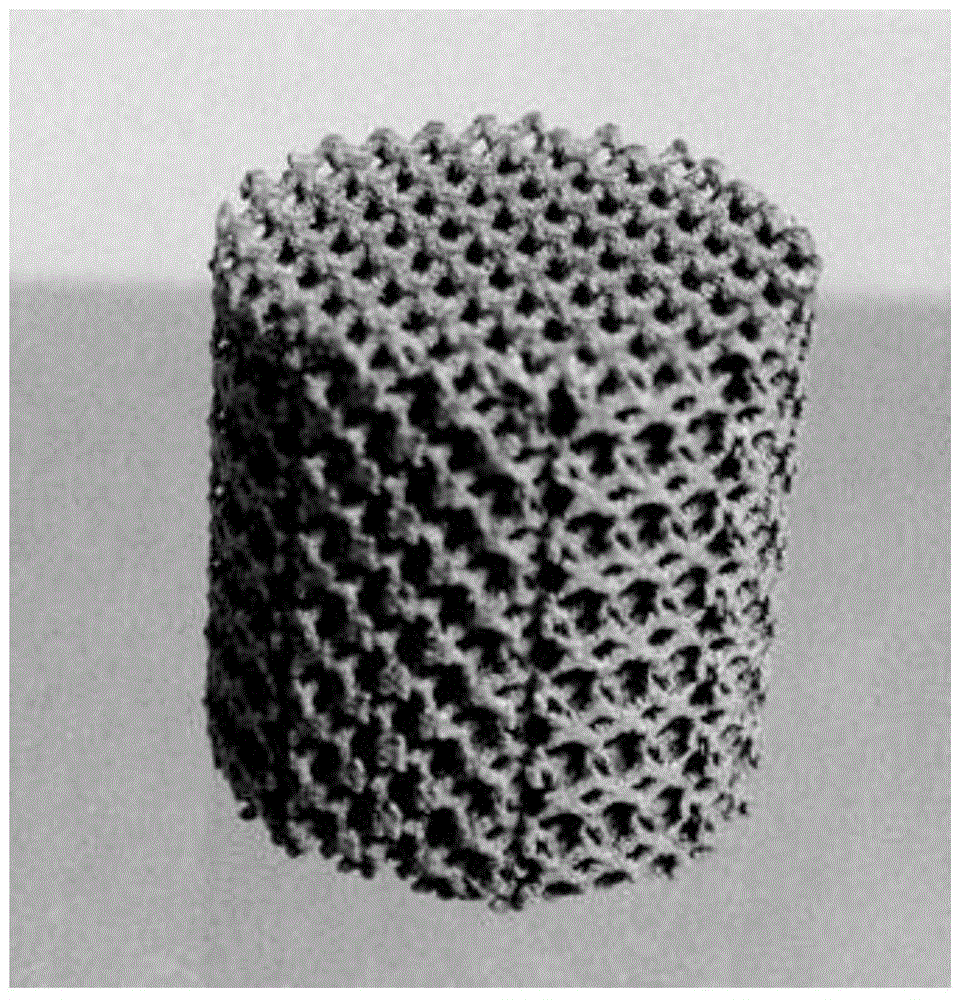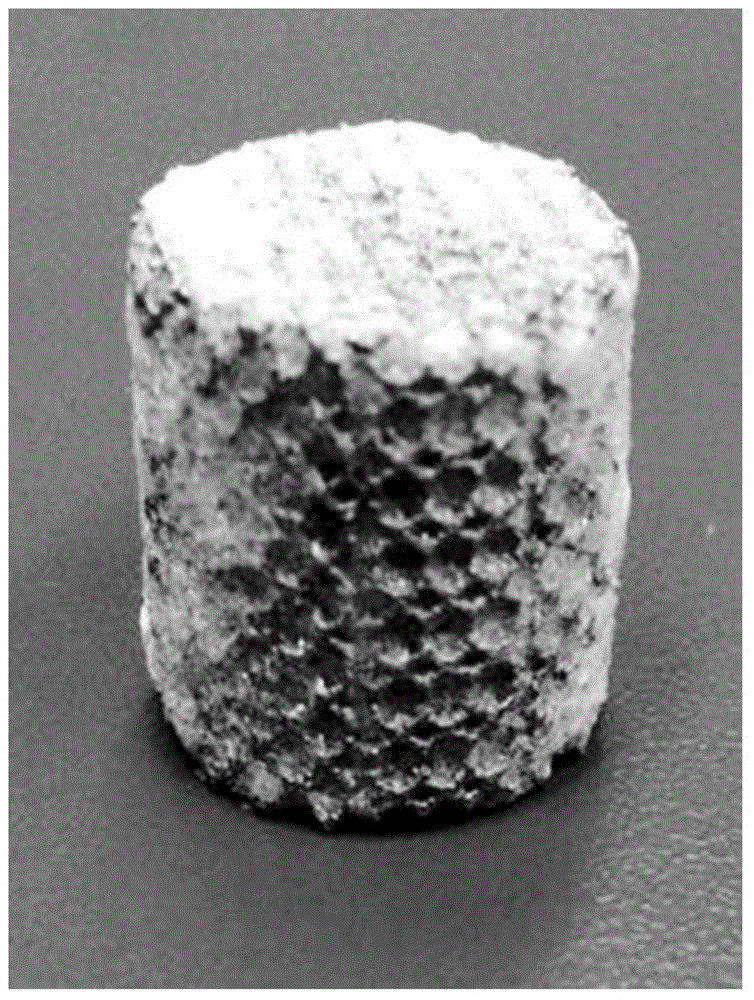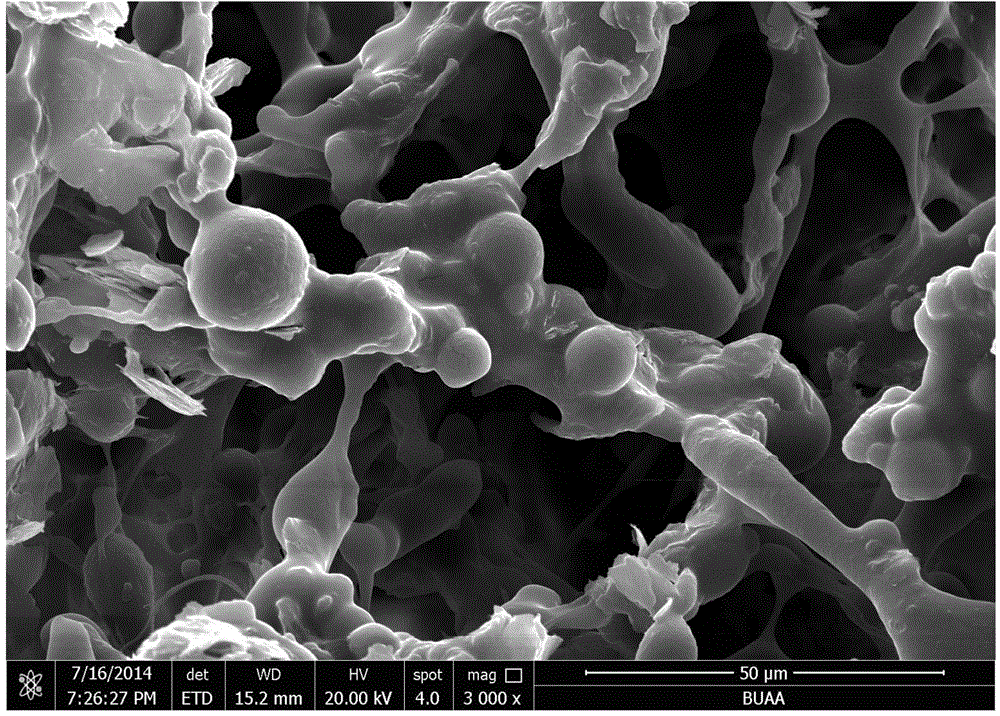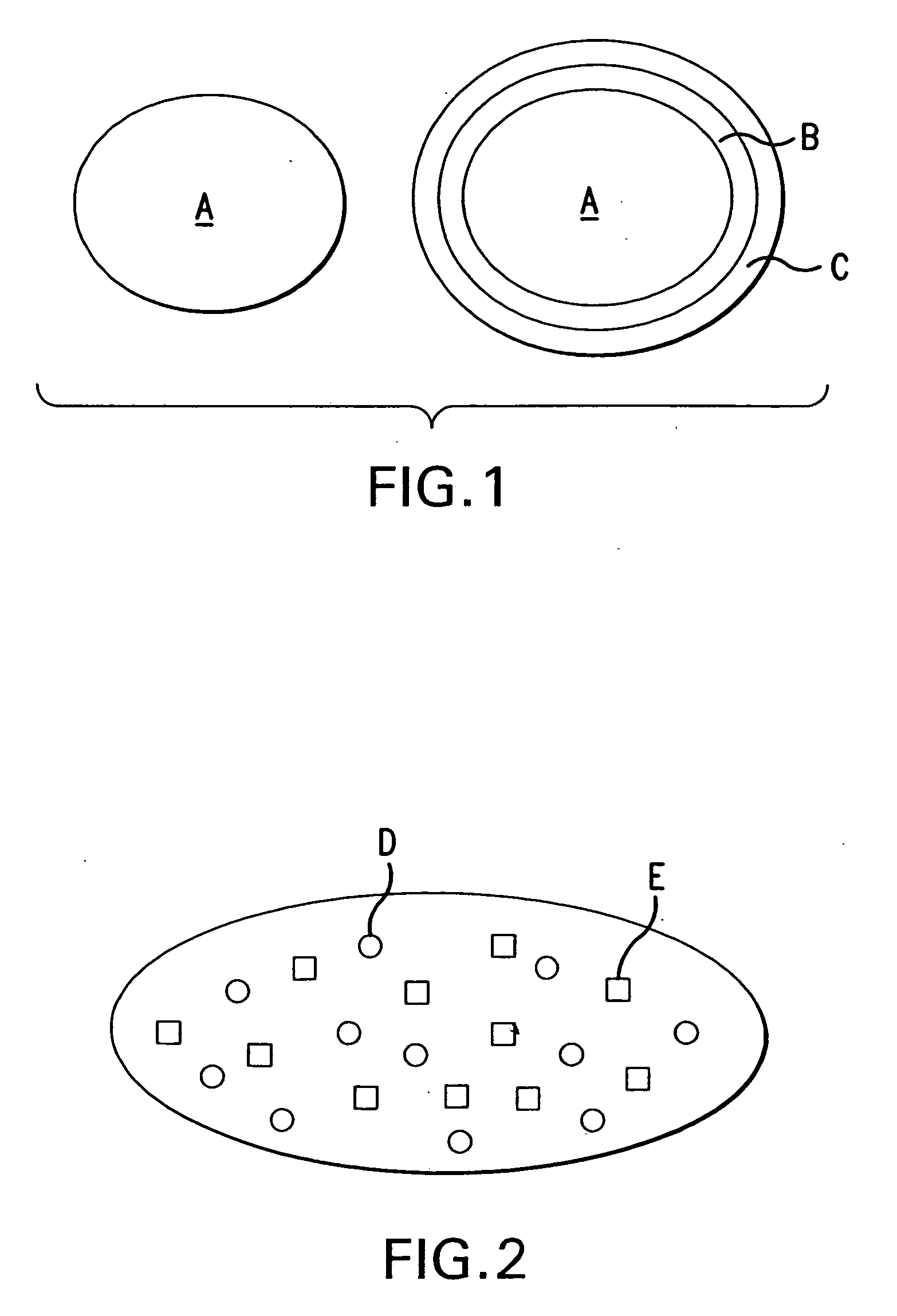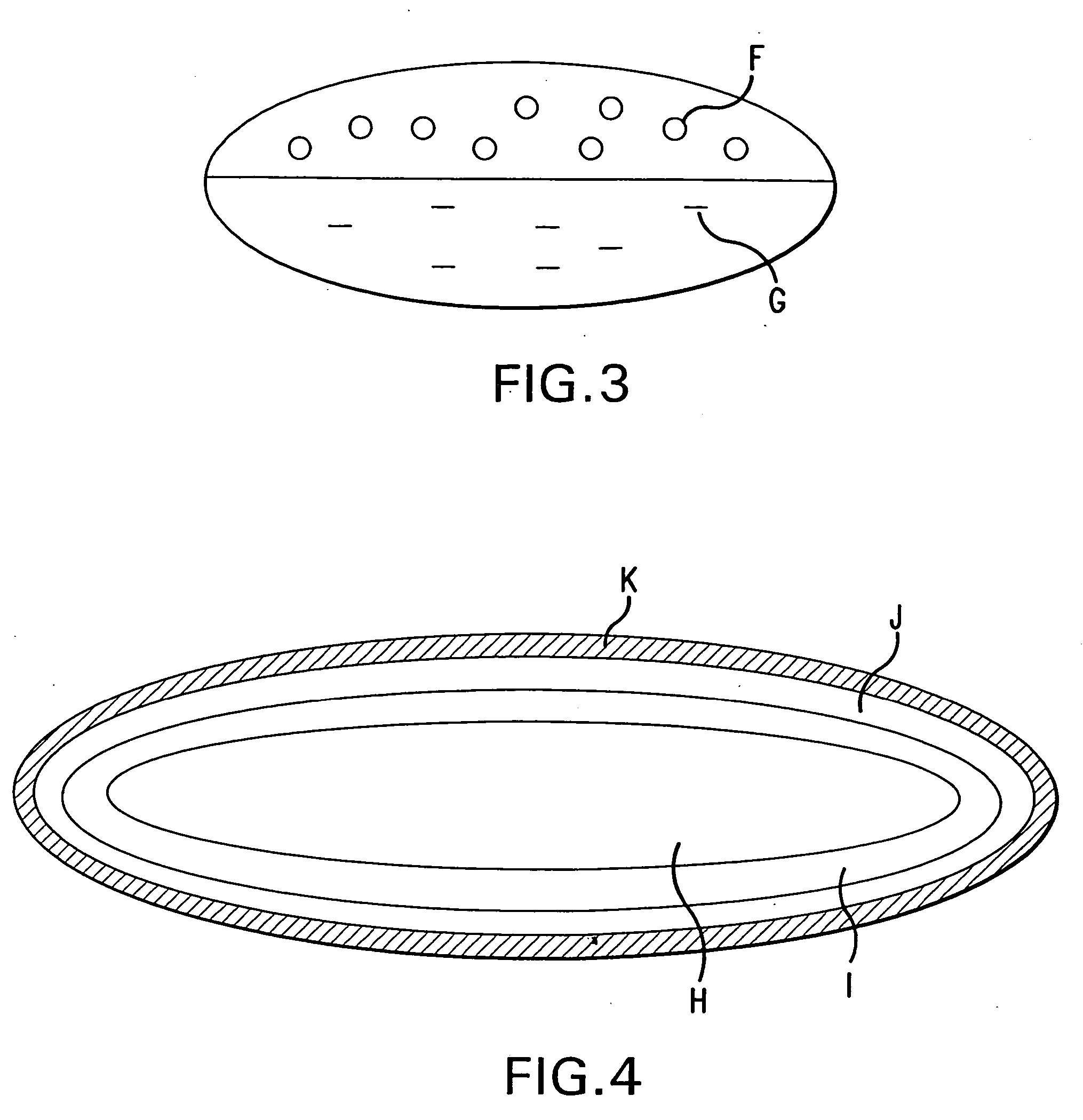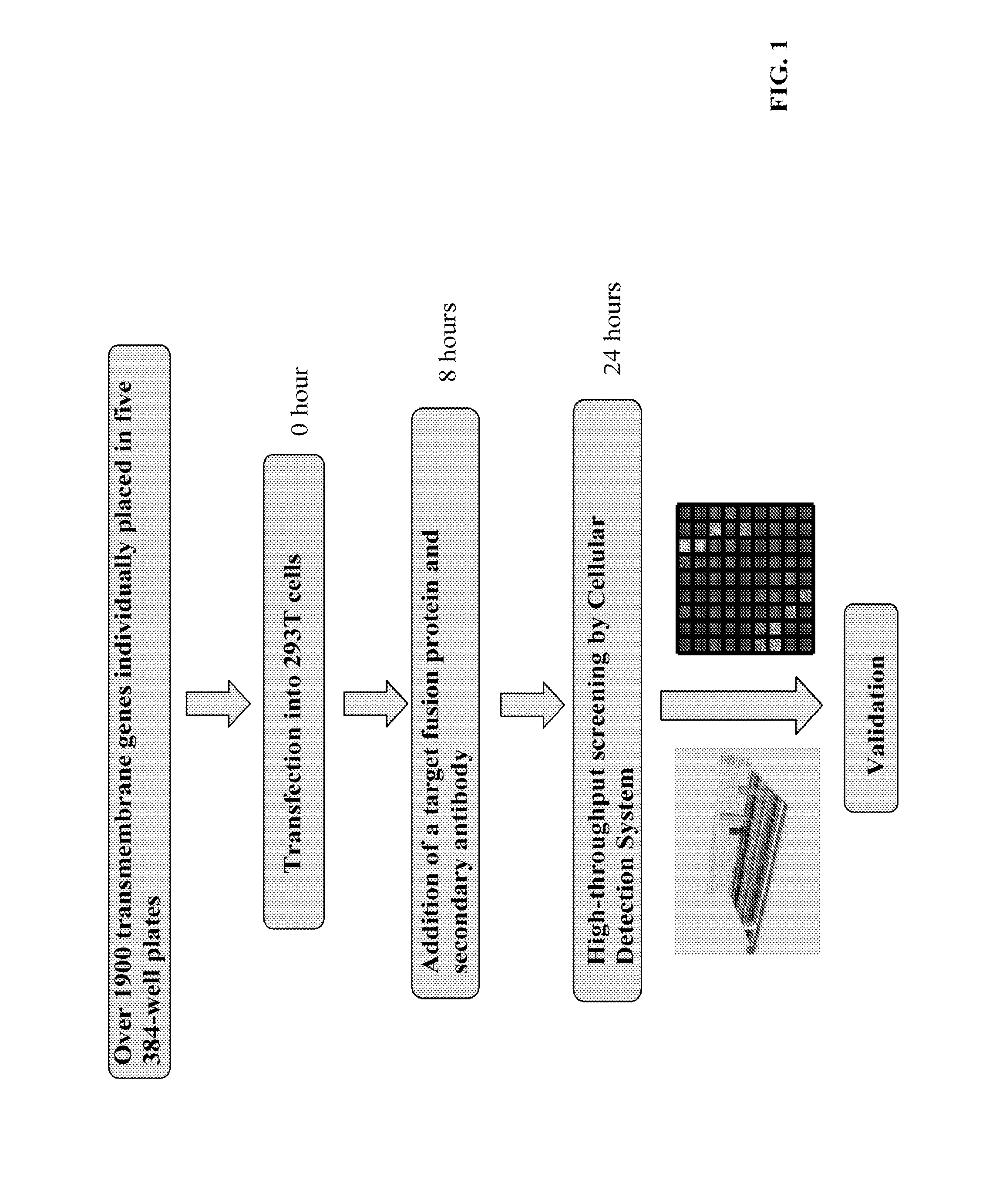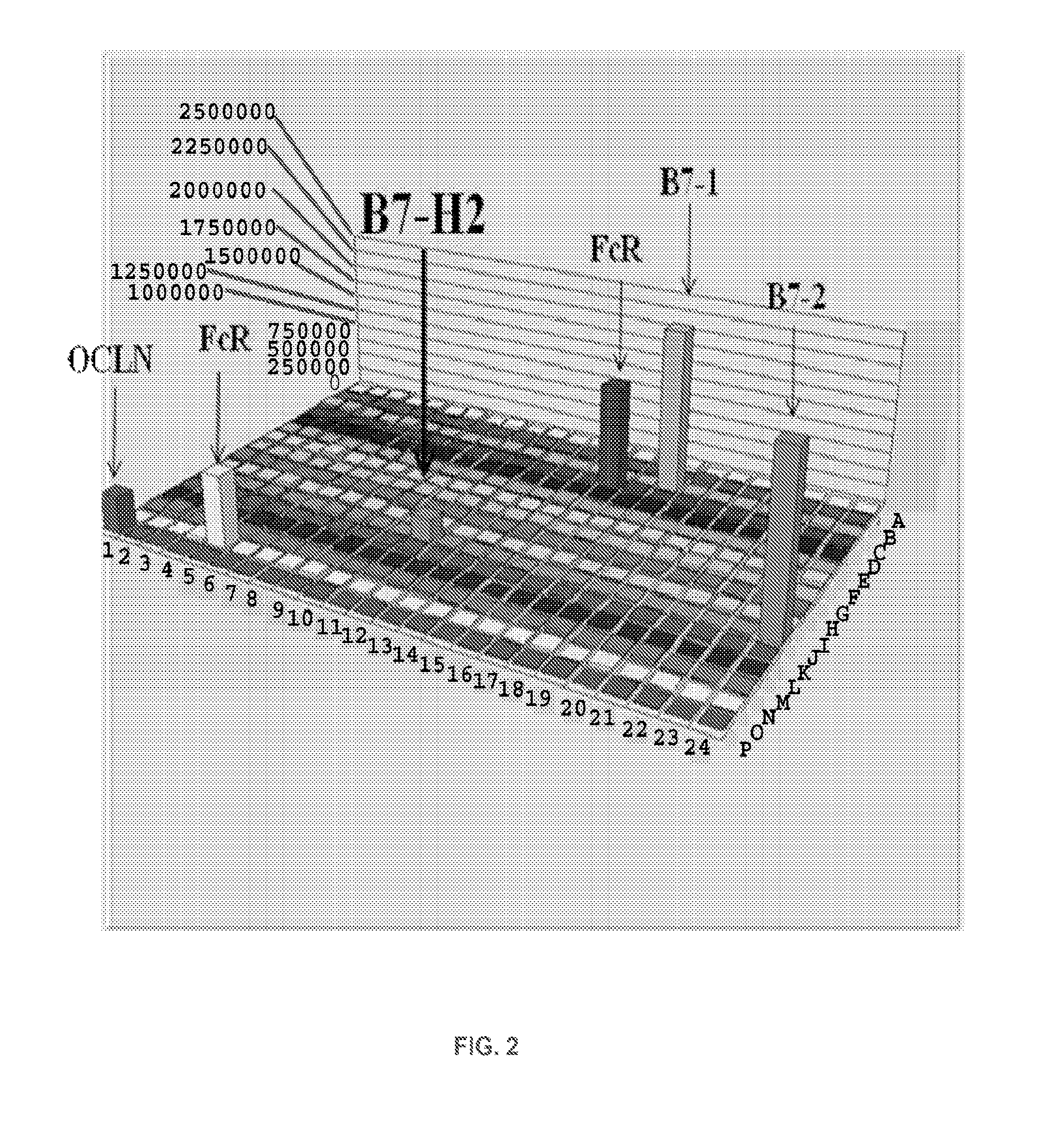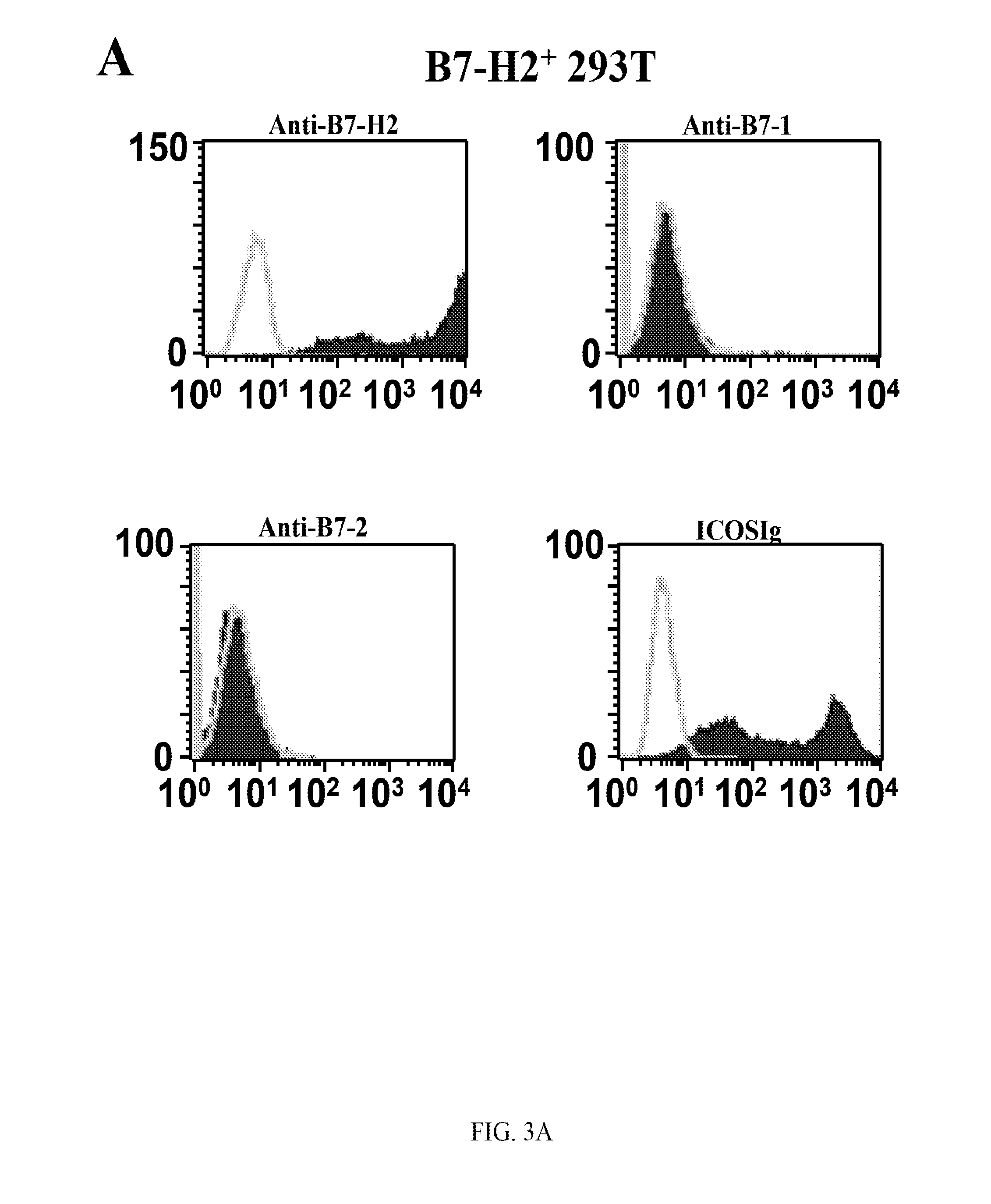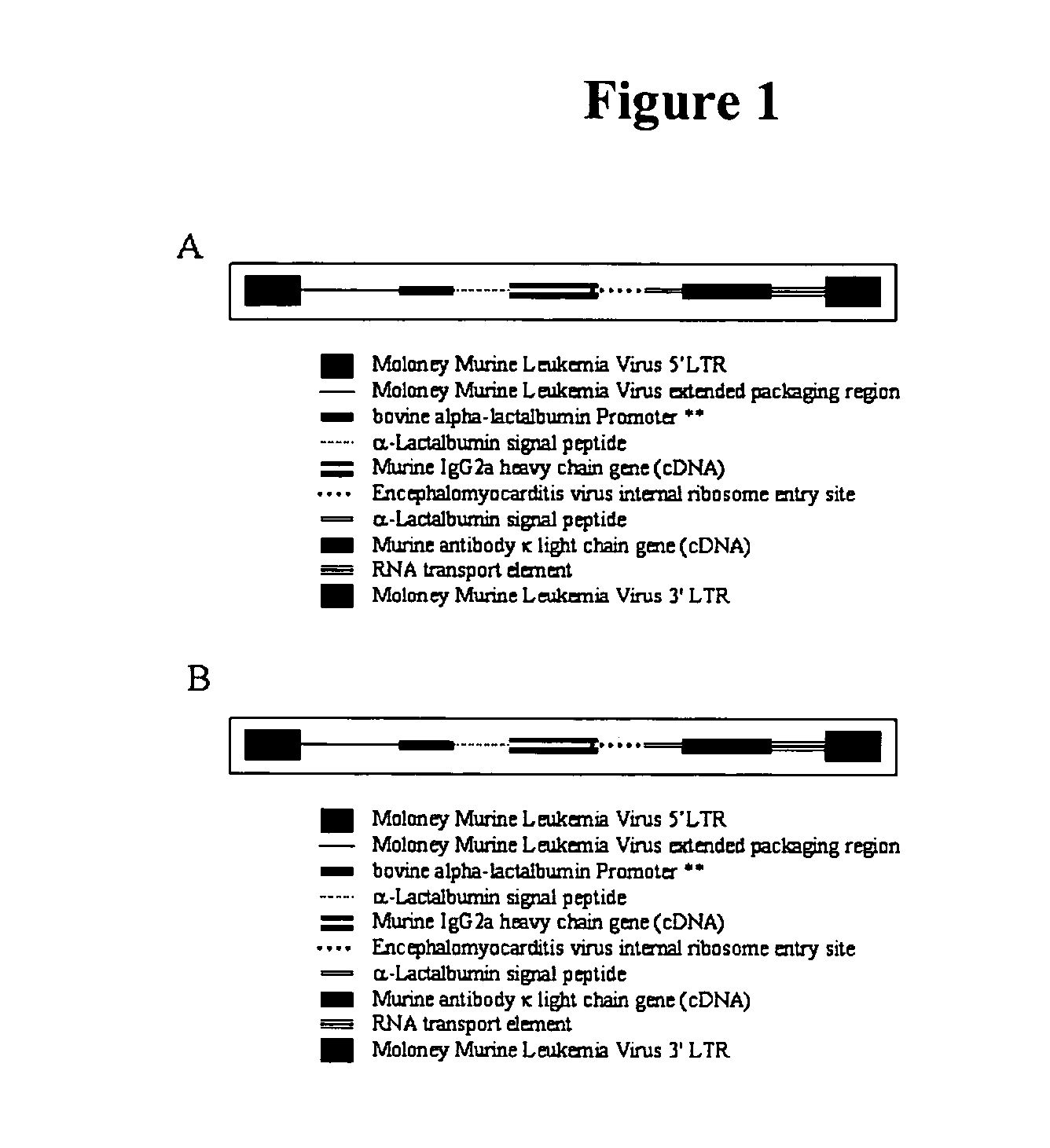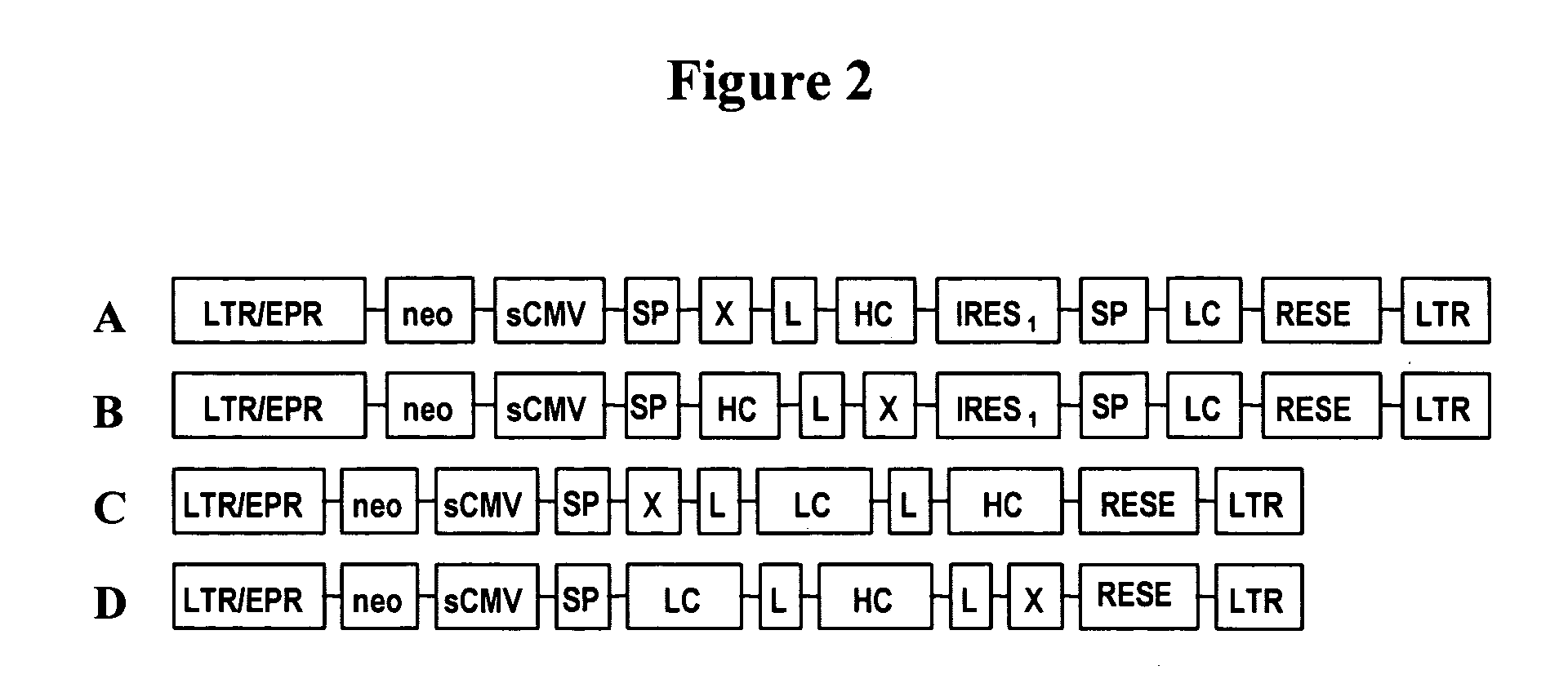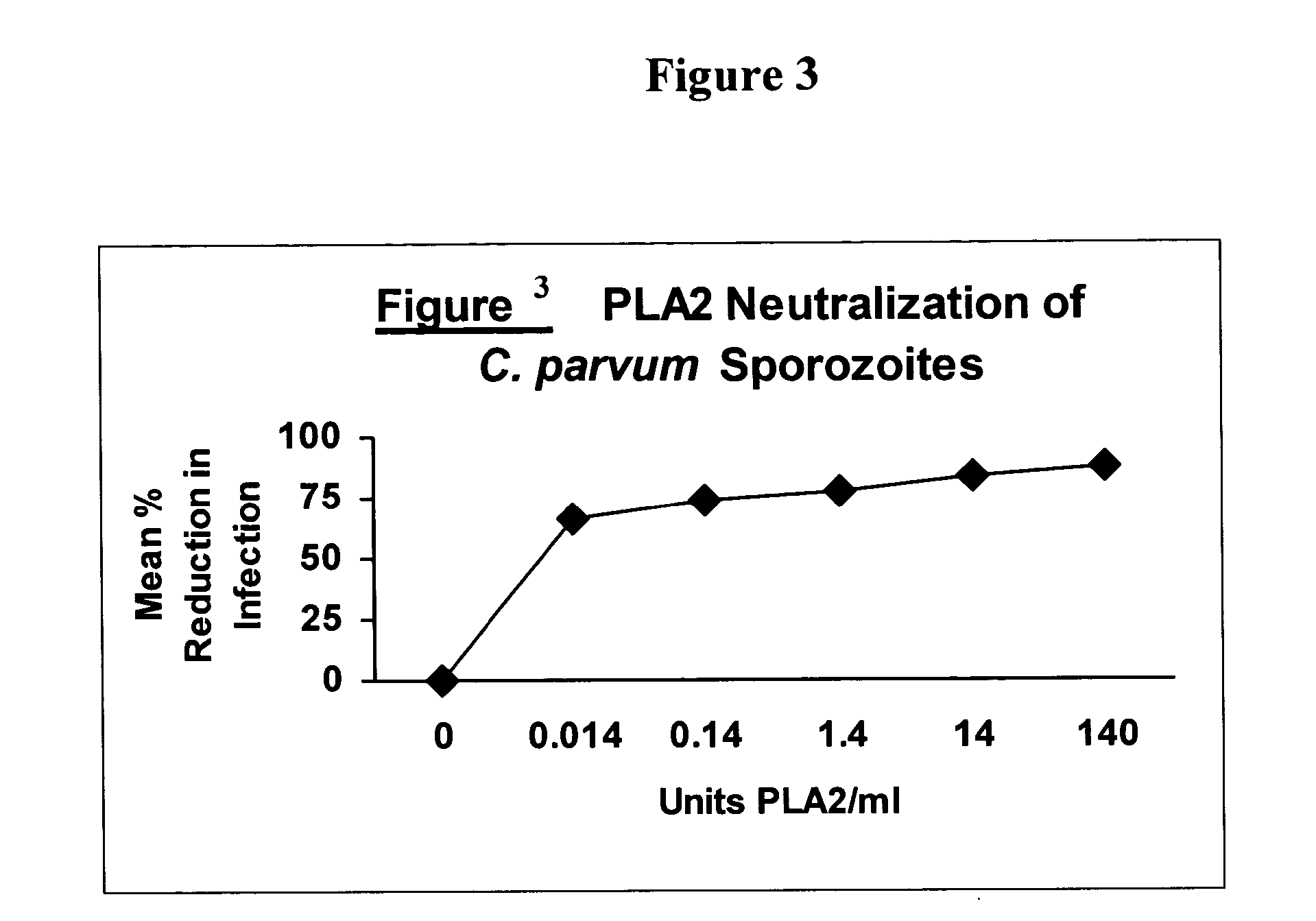Patents
Literature
Hiro is an intelligent assistant for R&D personnel, combined with Patent DNA, to facilitate innovative research.
1537results about How to "Prevent relapse" patented technology
Efficacy Topic
Property
Owner
Technical Advancement
Application Domain
Technology Topic
Technology Field Word
Patent Country/Region
Patent Type
Patent Status
Application Year
Inventor
Humanization of antibodies
InactiveUS20050042664A1Limited diversityFast and less labor intensive productionHybrid immunoglobulinsMicrobiological testing/measurementAntigen bindingHumanized antibody
The present invention provides methods of re-engineering or re-shaping an antibody from a first species, wherein the re-engineered or re-shaped antibody does not elicit undesired immune response in a second species, and the re-engineered or re-shaped antibody retains substantially the same antigen binding-ability of the antibody from the first species. In accordance with the present invention, a combinatorial library comprising the CDRs of the antibody from the first species fused in frame with framework regions derived from a second species can be constructed and screened for the desired modified antibody. In particular, the present invention provides methods utilizing low homology acceptor antibody frameworks for efficiently humanizing an antibody or a fragment thereof. The present invention also provides antibodies produced by the methods of the invention.
Owner:MEDIMMUNE LLC
Portable drilling device
ActiveUS7936142B2Easy to operateImprove securityAC motor controlDC motor speed/torque controlFull waveEngineering
A drilling device prevents recurrence of an overload condition after occurrence of the overload condition, thereby improving operability and safety in the drilling device. A motor for rotating a drill is connected to an AC power source through a motor control unit, a current detector, and a power switch. A magnet is also connected to the AC power source through the power switch and a full-wave rectifier. The motor control unit rotationally drives the motor on the basis of a signal sent from a main control unit according to a state in which a motor start switch is on. The main control unit controls the motor control unit to gradually reduce a supply voltage to the motor when the motor becomes overloaded, to gradually increase the voltage to the normal power supply condition when the overload condition is vanished, and to stop power supply to the motor if the overload condition continues for a predetermined period.
Owner:NITTO KOHKI CO LTD
Acyl polymeric derivatives of aromatic hydroxyl-containing compounds
InactiveUS6011042APreferable balanceAccelerate the accumulation processBiocideSugar derivativesPolymeric prodrugAcylal
The present invention is directed to conjugates such as polymeric prodrugs of aromatic, hydroxyl-containing compounds and methods of making and using the same. These polymeric prodrugs are preferably esters of hydroxyl-containing aromatic compounds and are formed by reacting a desired aromatic, hydroxyl-containing compound with a substantially non-antigenic polymer so as to produce a transport form having an ester linkage between the aromatic compound and the polymer. Preferred aromatic hydroxyl-containing compositions include 10- and 11-hydroxycamptothecin derivatives. Methods of treatment are also disclosed.
Owner:ENZON PHARM INC
Methods and compounds for controlled release of recombinant parvovirus vectors
InactiveUS7201898B2Prevent relapseImproved pulmonary mechanicsSuture equipmentsAntibacterial agentsControlled releaseSupport matrix
The invention uses recombinant parvoviruses, and particularly recombinant adeno-associated virus (rAAV) to deliver genes and DNA sequences for gene therapy following manipulation of the therapeutic virus for packaging and transport. The invention delivers therapeutic viral vectors via rAAV affixed to support matrixes (i.e., sutures, surgically implantable materials, grafts, and the like).
Owner:NORTH CAROLINA AT CHAPEL HILL THE UNIV OF
Orthodontic retainer
InactiveUS20050037312A1Effective expansionReduce the amount requiredOthrodonticsDental toolsOrthodontic retainerUltimate tensile strength
The present invention relates to an orthodontic retainer to be fitted to an orthodontically treated dentition in order to fix the teeth in their orthodontic treatment state. In particular, the present invention relates to an orthodontic retainer that achieves, for example, improvement of strength of the retainer, improvement of wearing comfort and esthetics, reduction in cost, and improvement of a function as the retainer.
Owner:ASO INT +1
Method for treatment of disorders of the gastrointestinal system
There are provided novel synthetic stool preparations comprising bacteria isolated from a fecal sample from a healthy donor. The synthetic stool preparations are used for treating disorders of the gastrointestinal tract, including dysbiosis, Clostridium difficile infection and recurrent Clostridium difficile infection, prevention of recurrence of Clostridium difficile infection, treatment of Crohn's disease, ulcerative colitis, irritable bowel syndrome, inflammatory bowel disease, and diverticular disease, and treatment of food poisoning such as salmonella. Methods of preparation and methods of use of the synthetic stool preparations are also provided.
Owner:UNIVERSITY OF GUELPH +2
Composition and method for preventing recurrence of stroke
ActiveUS7498359B2Prevent relapsePreventing onset and recurrenceBiocideNervous disorderSecondary hyperlipidemiaStroke prevention
By using a composition for preventing onset and / or recurrence of stroke which contains ethyl icosapentate as its effective component, onset and / or recurrence of stroke is prevented, or in particular, the onset and / or recurrence of stroke in a hyperlipidemia patient who has been treated with HMG-CoA RI, or in particular the recurrence of stroke in a patient who is beyond six months after the onset of stroke, is prevented.
Owner:MOCHIDA PHARM CO LTD
Method for diagnosing pancreatic cancer
InactiveUS20050260639A1Prevent relapseHigh activityMicrobiological testing/measurementNormal cellScreening method
Objective methods for detecting and diagnosing pancreatic cancer (PNC) are described herein. In one embodiment, the diagnostic method involves determining the expression level of PNC-associated gene that discriminates between PNC cells and normal cells. The present invention further provides methods of screening for therapeutic agents useful in the treatment of pancreatic cancer, methods of treating pancreatic cancer and method of vaccinating a subject against pancreatic cancer.
Owner:ONCOTHERAPY SCI INC
Method of reducing sebum production by application of pulsed light
InactiveUS6235016B1Without any permanent damagePrevent relapseSurgical instrument detailsLight therapyWavelength rangeSebaceous gland secretion
A method of reducing sebum production in human skin, used primarily for cosmetic purposes, including the prevention of acne vulgaris, comprising the use of pulsed light having a wavelength, if monochromatic, or a wavelength range, if produced by a filtered non-monochromatic source, which targets the lipids contained within the sebaceous gland, thus destroying the differentiated and mature sebocytes by photothermolysis without damage to the surrounding and overlying tissue or to the basement membrane of the sebaceous gland.
Owner:STEWART BOB W
Anti-cd70 antibody-drug conjugates and their use for the treatment of cancer and immune disorders
ActiveUS7662387B2Prevent relapseAntibacterial agentsNervous disorderImmunosuppressive drugCytotoxicity
Disclosed are anti-CD70 antibodies and derivatives thereof conjugated to cytotoxic, immunosuppressive, or other therapeutic agents, as well as pharmaceutical compositions and kits comprising the antibody- and antibody derivative-drug conjugates. Also disclosed are methods, for the treatment of CD70-expressing cancers and immunological disorders, comprising administering to a subject the disclosed pharmaceutical compositions.
Owner:SEAGEN INC
Anti-cd70 antibody-drug conjugates and their use for the treatment of cancer and immune disorders
ActiveUS20060233794A1Prevent relapseAntibacterial agentsNervous disorderDrug conjugationAntiendomysial antibodies
Disclosed are anti-CD70 antibodies and derivatives thereof conjugated to cytotoxic, immunosuppressive, or other therapeutic agents, as well as pharmaceutical compositions and kits comprising the antibody- and antibody derivative-drug conjugates. Also disclosed are methods, for the treatment of CD70-expressing cancers and immunological disorders, comprising administering to a subject the disclosed pharmaceutical compositions.
Owner:SEAGEN INC
Surgical fasteners and devices for surgical fastening
InactiveUS20070088390A1Reduce the risk of injuryPrevent incontinenceSuture equipmentsAnti-incontinence devicesSurgical operationEngineering
A surgical fastening device for pinning a surgical filament to a body tissue. The device includes a grasping handle and a slender shaft extending from the grasping handle. A compartment contains one or more surgical fasteners. An ejecting mechanism is used to eject a surgical fastener from a compartment containing one or more surgical fasteners. The device also includes a filament dispensing system that dispenses surgical filament along the shaft so that a fastener grasps the filament when being ejected from the shaft. The invention also provides surgical fasteners and surgical filaments for use in the device.
Owner:ENDOGUN MEDICAL SYST
Smoking cessation treatments using naltrexone and related compounds
InactiveUS6541478B1Reduce weight gainPrevent relapseBiocideNervous disorderOpioid antagonistAntianxiety Agent
Nicotine dependency is treated by administration of an opioid antagonist. In some embodiments, rapid or ultra rapid detoxification techniques include using a combination of an effective amount of an opioid antagonist such as nalmefene, naloxone or naltrexone or a mixture of any one of these, and either clonidine or related compounds either while awake, or while under sedation or anesthesia, followed by continued administration of an effective amount of an opioid antagonist with or without agents that enhance nicotine dependency treatment. Persons are also treated for nicotine dependency with more gradual detoxification methods using administration of a combination of an effective amount of an opioid antagonist such as nalmefene, naloxone, naltrexone, or a mixture of any of these, and an effective amount of agents used to treat nicotine withdrawal including nicotine, such as that delivered by a nicotine patch, nicotine chewing gum, nicotine inhaler or other methods for delivering nicotine, antidepressants and antianxiety agents, and / or clonidine and related compounds. Administration of an effective amount of an opioid antagonist to prevent relapse, attenuate craving, and reduce weight gain during and after treatment for nicotine dependency is continued in some embodiments.
Owner:YALE UNIV
Automatic analysis of security related incidents in computer networks
ActiveUS8776241B2Shorten the timePrevent relapseMemory loss protectionError detection/correctionEvent levelRelevant information
Owner:AO KASPERSKY LAB
Compositions and methods for the prevention and treatment of autoimmune conditions
ActiveUS20090155292A1Suppress autoreactive T-cell responsesPrevent and ameliorate T1DPowder deliveryAntipyreticDiseaseAutoimmune disease
The methods include selectively reducing or expanding T cells according to the antigenic specificity of the T cells. Therefore, the present invention can be used to reduce or eliminate pathogenic T cells that recognize autoantigens, such as beta cell specific T cells. As such, the present invention can be used to prevent, treat or ameliorate autoimmune diseases such as IDDM. Furthermore, the present invention can be used to expand desirable T cells, such as anti-pathogenic T cells to prevent, treat and / or ameliorate autoimmune diseases.
Owner:THE GENERAL HOSPITAL CORP
Monoterpene as a chemopreventive agent for regression of mammalian nervous system cell tumors, use of monoterpene for causing regression and inhibition of nervous system cell tumors, and method for administration of monoterpene perillyl alcohol
InactiveUS20040087651A1Prevent relapseBiocideHydroxy compound active ingredientsMetaboliteLymphatic Spread
The present invention refers to a composition based on monoterpenes with chemopreventive and chemotherapeutic effects in malignant neoplasias of humans and animals containing from 0,03% to 30% of monoterpenes and 99,97% of solvents. Another objective of the present invention is an application of monoterpenes in inhibition of cell growth and metastasis control of primary tumors being applied in vitro and in vivo gliomas cell lines C6 and U 87 and A172. Further another objective of the present invention refers to a specific methods for applying the composition with chemopreventive and chemotherapeutic effects in humans and animals showing malignant neoplasias by inhalation and nebulization treatment, oral and intratumoral, followed or not by radiotherapy with dilutions from 0,03% to 30% of the monoterpene perillyl or its derived metabolites diluted in the solvents specified by the usual techniques.
Owner:PEREIRA DA FONSECA CLOVIS ORLANDO +3
Influenza virus vaccines and uses thereof
ActiveUS20100297174A1Reduce severityImprove survivalSsRNA viruses negative-sensePeptide/protein ingredientsHemagglutininInfluenza virus vaccine
Owner:MT SINAI SCHOOL OF MEDICINE
Chimeric Newcastle disease viruses and uses thereof
ActiveUS8591881B2Prevents progression and worseningReduce severitySsRNA viruses negative-senseBiocideNewcastle disease virus NDVAntagonist
Described herein are chimeric Newcastle disease viruses engineered to express a heterologous interferon antagonist and compositions comprising such viruses. The chimeric Newcastle disease viruses and compositions are useful in the treatment of cancer.
Owner:MT SINAI SCHOOL OF MEDICINE +1
Nerve cell protective agents
PCT No. PCT / JP97 / 01828 Sec. 371 Date Jan. 30, 1998 Sec. 102(e) Date Jan. 30, 1998 PCT Filed May 29, 1997 PCT Pub. No. WO97 / 45410 PCT Pub. Date Dec. 4, 1997The invention provides novel benzindole derivatives, processes for producing them, as well as a neuroprotective agent, an agent to prevent or treat diseases involving the degeneration, retraction or death of neurons, and an analgesic, each containing the benzindole derivatives as an active ingredient.
Owner:MOCHIDA PHARM CO LTD
Antisense modulation of human mdm2 expression
InactiveUS6184212B1Easy assessment processReduce mdm protein levelPeptide/protein ingredientsGenetic material ingredientsDiseaseMdm2 Protein
Owner:IONIS PHARMA INC
Device and method for treatment of eyelid diseases
ActiveUS20060104914A1Prevent relapsePromotes better eyelid hygieneAerosol deliveryMedical applicatorsDiseaseMedicine
A container has an impermeable outer membrane sized to fit generally within the peri-orbital region and sufficiently flexible to mold to the structure of the closed eye. Heat which is generated by an exothermic reaction inside the container, which provides steady-state heat to the eyelids. A soft, non-abrasive, lint-free material is presoaked in a pH controlled (preferably antibacterial and hypoallergenic) detergent, with or without an ophthalmic antibiotic solution. The compress may also have a handle which makes holding and maneuvering the compress more feasible, while protecting the user's fingers from the heat, and preventing the contamination of the compress by the fingers. The compress may be packed in a watertight, sterile wrapper which will prevent drying of the detergent solution. Other embodiments are also described and claimed.
Owner:OCUGIENE
Combination orthodontic and periodontal; orthodontic and implant; and orthodontic and temperomandibular joint dysfunction and orthodontic orthognathic treatment
Owner:DAVIS ELLIOT
Proprioceptive/kinesthetic apparatus and method
ActiveUS7101330B2Accelerate improve resultRaise the possibilitySolesWalking aidsEngineeringSport training
Proprioceptive or kinesthetic exercise methods and apparatus are described. In one embodiment, a proprioceptive treadmill is described that comprises a foot-contact running surface that rotates about a pair of spaced pulleys, the running surface comprising at least one protuberance protruding upwards from the running surface. Proprioceptive exercise surfaces, exercise bicycles, steppers, ski machines, rowing machines and elliptic exercise machines are also described.
Owner:APOS MEDICAL ASSETS LTD
Immunoglobulin variants and uses thereof
InactiveUS20100098730A1Preventing occurrencePrevent recurrenceImmunoglobulins against growth factorsAntibody ingredientsHalf-lifeIn vivo
Variant immunoglobulins with one or more amino acid modifications in the Fc region that have increased in vivo half-lives, and methods of using the same are provided.
Owner:F HOFFMANN LA ROCHE & CO AG
1,3,5-triazinane-2,4,6-trione derivatives and uses thereof
The present invention provides novel 1,3,5-triazinane-2,4,6-trione derivatives, such as compounds of any one of Formulae (I) and (II), and salts thereof, and methods of preparing the compounds. Also provided are compositions including a compound of the invention and an agent (e.g., an siRNA, mRNA, or plasmid DNA). The present invention also provides methods and kits using the compositions for delivering an agent to a subject (e.g., to the liver, spleen, or lung of the subject) or cell and for treating and / or preventing a range of diseases, such as genetic diseases, proliferative diseases, hematological diseases, neurological diseases, liver diseases, and lung diseases.
Owner:MASSACHUSETTS INST OF TECH
Device and method for treatment of eyelid diseases
ActiveUS7513893B2Prevent relapsePromotes better eyelid hygieneAerosol deliveryMedical applicatorsDiseaseMedicine
A container has an impermeable outer membrane sized to fit generally within the peri-orbital region and sufficiently flexible to mold to the structure of the closed eye. Heat which is generated by an exothermic reaction inside the container, which provides steady-state heat to the eyelids. A soft, non-abrasive, lint-free material is presoaked in a pH controlled (preferably antibacterial and hypoallergenic) detergent, with or without an ophthalmic antibiotic solution. The compress may also have a handle which makes holding and maneuvering the compress more feasible, while protecting the user's fingers from the heat, and preventing the contamination of the compress by the fingers. The compress may be packed in a watertight, sterile wrapper which will prevent drying of the detergent solution. Other embodiments are also described and claimed.
Owner:OCUGIENE
BMP microsphere loaded 3D printing porous metal stent and preparation method thereof
InactiveCN104353121AEarly recovery of weight bearing functionPrevent relapseProsthesisBone tissueInsertion stent
The invention relates to the technical field of biomedical materials, and particularly relates to a BMP microsphere loaded 3D printing porous metal stent and a preparation method thereof. According to the invention, a loaded microsphere-containing three-dimensional micro-stent is built in each hole of a 3D printing titanium stent. The problem that in the prior art, because the diameter of a hole is overlarge, cells only can be subjected to climbed growth on the two-dimensional space of the wall of the hole, and difficult to be subjected to three-dimensional hierarchical growth in the whole hole is solved, and by filling the three-dimensional micro-stent with a rhBMP-2 or rhBMP-7 loaded chitosan microsphere, a better growth and differentiation environment is provided for cells, thereby further promoting the combination of bone tissues and the stent. The three-dimensional micro-stent provided by the invention makes the complete healing of numerous patients with bone tissue defect caused by illnesses and accidents and the like possible; the three-dimensional micro-stent can also be used as a novel interbody fusion instrument, and applicable to an interbody fusion surgery, therefore, the three-dimensional micro-stent has an important clinical application value.
Owner:吴志宏
Dosage form for treating gastrointestinal disorders
InactiveUS20060165797A1Quick reliefPrevent relapseBiocideDigestive systemGastrointestinal disorderSecreted substance
The present invention is directed to drug dosage forms that can be used to treat diseases characterized by abnormal gastric acid secretion. The dosage forms have a core containing a proton pump inhibitor surrounded by an enteric coating or multiple particles containing proton pump inhibitor, each particle being surrounded by an enteric coating. The enteric coating delays the release of drug until the surrounding pH has risen. The tablets also include an outer coating that contains either a proton pump inhibitor or an H2 blocker. The outer coating is designed to rapidly dissolve in a patient's stomach.
Owner:POZEN INC
Methods of modulating immune function
ActiveUS20120219559A1Modulate its functionAdjust immune functionBiocidePeptide/protein ingredientsCTLA-4Autoimmune disease
Presented herein are therapeutic agents that modulate one or more immune functions and uses of such therapeutic agents in the prevention, treatment and management of diseases. In one aspect, the therapeutic agents modulate one or more signal transduction pathways induced by the binding of B7-H7 to B7-H7CR, or the binding of B7-H2 to either ICOS, CD28, or CTLA-4. In another aspect, the therapeutic agents modulate the binding of B7-H7 to B7-H7CR, or the binding of B7-H2 to either ICOS, CD28, or CTLA-4. The therapeutic agents can be used in the prevention, treatment and / or management of diseases in which it might be useful to modulate one or more immune functions (e.g., cancer, infectious disease, autoimmune disease, and transplantation rejection). In another aspect, presented herein are methods for identifying receptor-ligand interactions.
Owner:THE JOHN HOPKINS UNIV SCHOOL OF MEDICINE
Targeted biocides
InactiveUS20050014932A1Sure easyPrevent relapseBiocideAntibody mimetics/scaffoldsInnate immune systemReceptor molecule
The present invention relates to retroviral constructs that encode novel monoclonal antibodies, novel fusion proteins, and chimeric monoclonal antibodies and to methods of using and producing the same. In particular, the present invention relates to methods of producing a fusion protein comprising a microorganism targeting molecule (e.g., immunoglobulin or innate immune system receptor molecule) and a biocide (e.g., bactericidal enzymes) in transgenic animals (e.g., bovines) and in cell cultures. The present invention also relates to therapeutic and prophylactic methods of using a fusion protein comprising a microorganism targeting molecule and a biocide in health care (e.g., human and veterinary), agriculture (e.g., animal and plant production), and food processing (e.g., beef carcass processing). The present invention also relates to methods of using a fusion protein comprising a microorganism targeting molecule and a biocide in various diagnostic applications in number of diverse fields such as agriculture, medicine, and national defense.
Owner:IOGENETICS
Features
- R&D
- Intellectual Property
- Life Sciences
- Materials
- Tech Scout
Why Patsnap Eureka
- Unparalleled Data Quality
- Higher Quality Content
- 60% Fewer Hallucinations
Social media
Patsnap Eureka Blog
Learn More Browse by: Latest US Patents, China's latest patents, Technical Efficacy Thesaurus, Application Domain, Technology Topic, Popular Technical Reports.
© 2025 PatSnap. All rights reserved.Legal|Privacy policy|Modern Slavery Act Transparency Statement|Sitemap|About US| Contact US: help@patsnap.com
